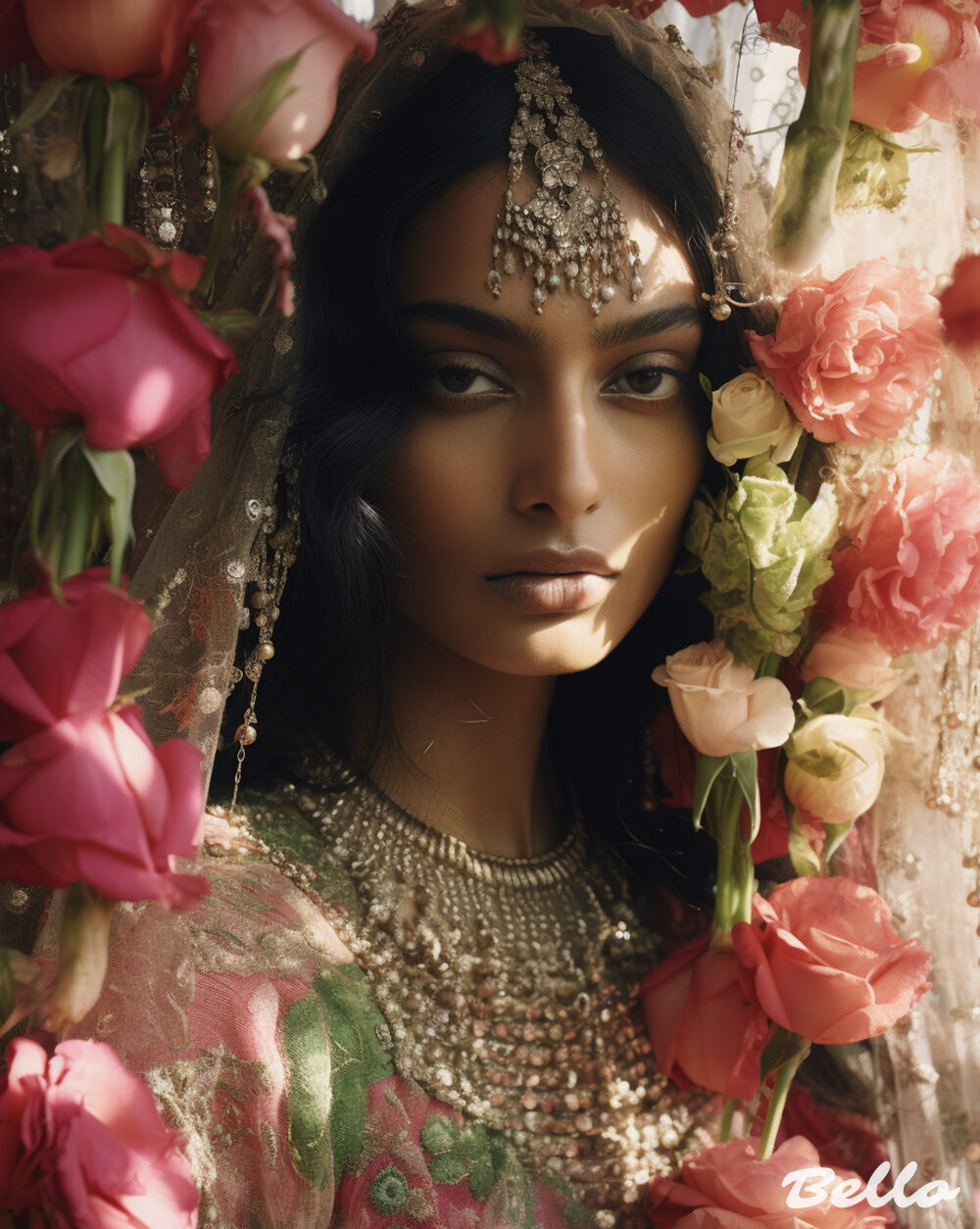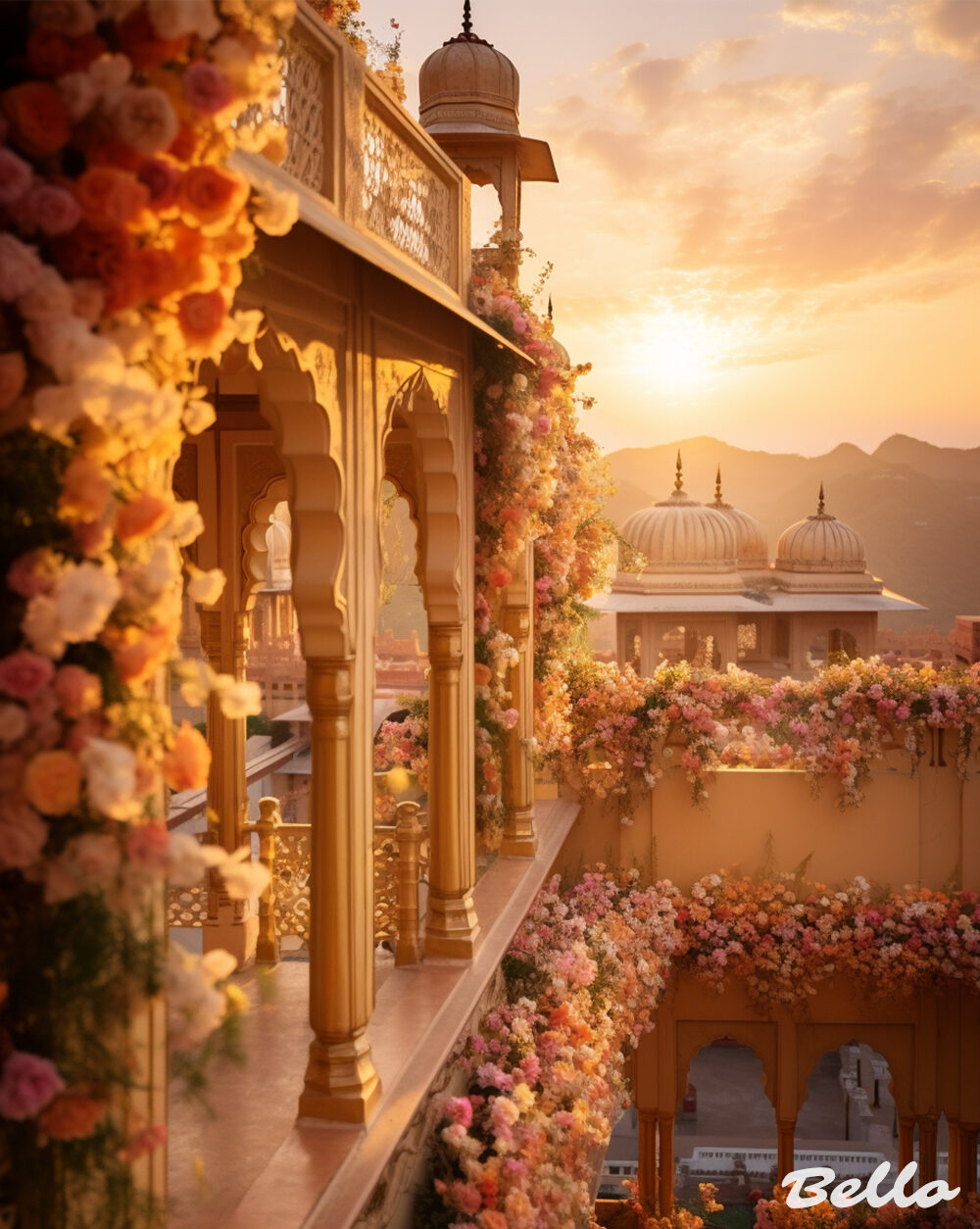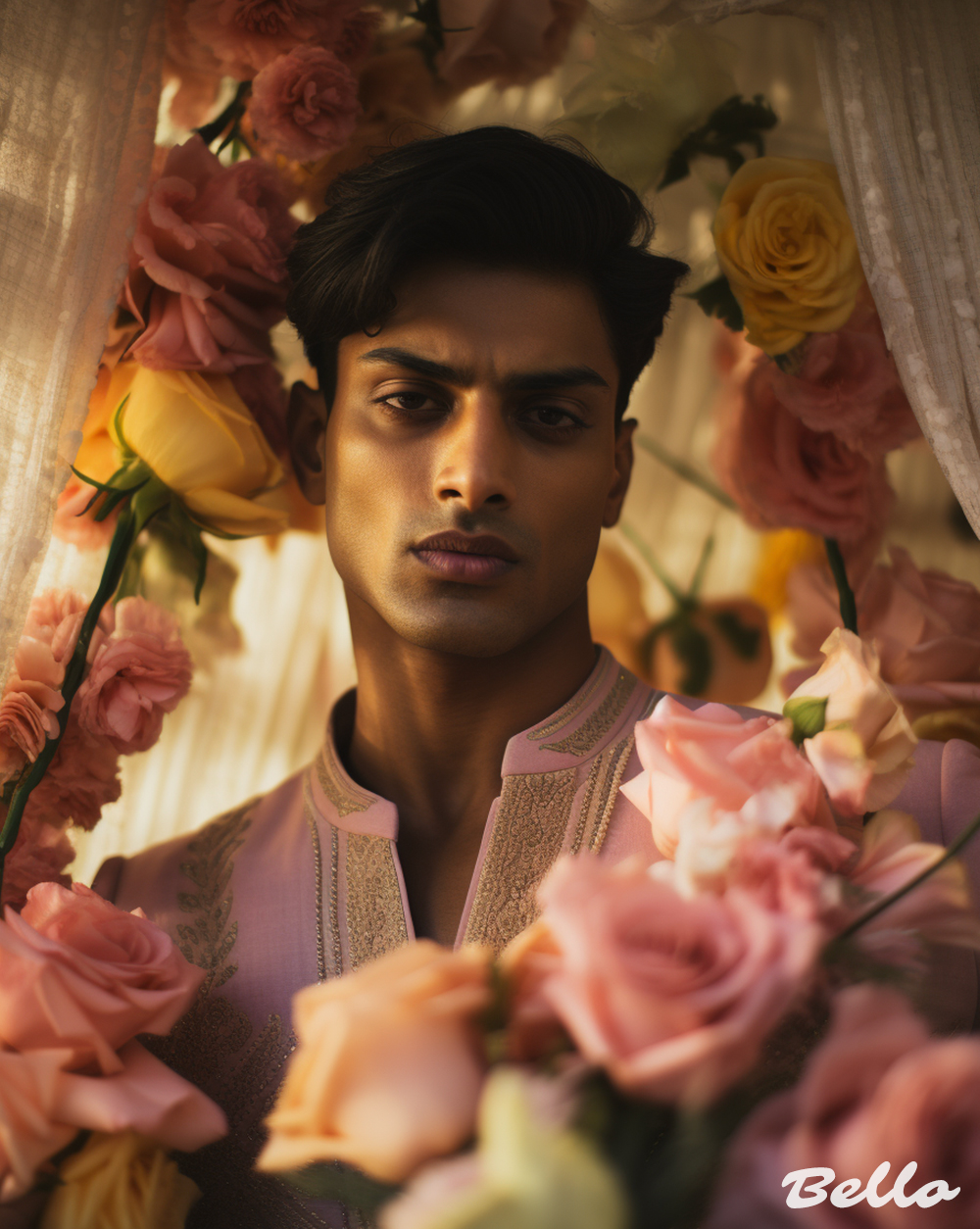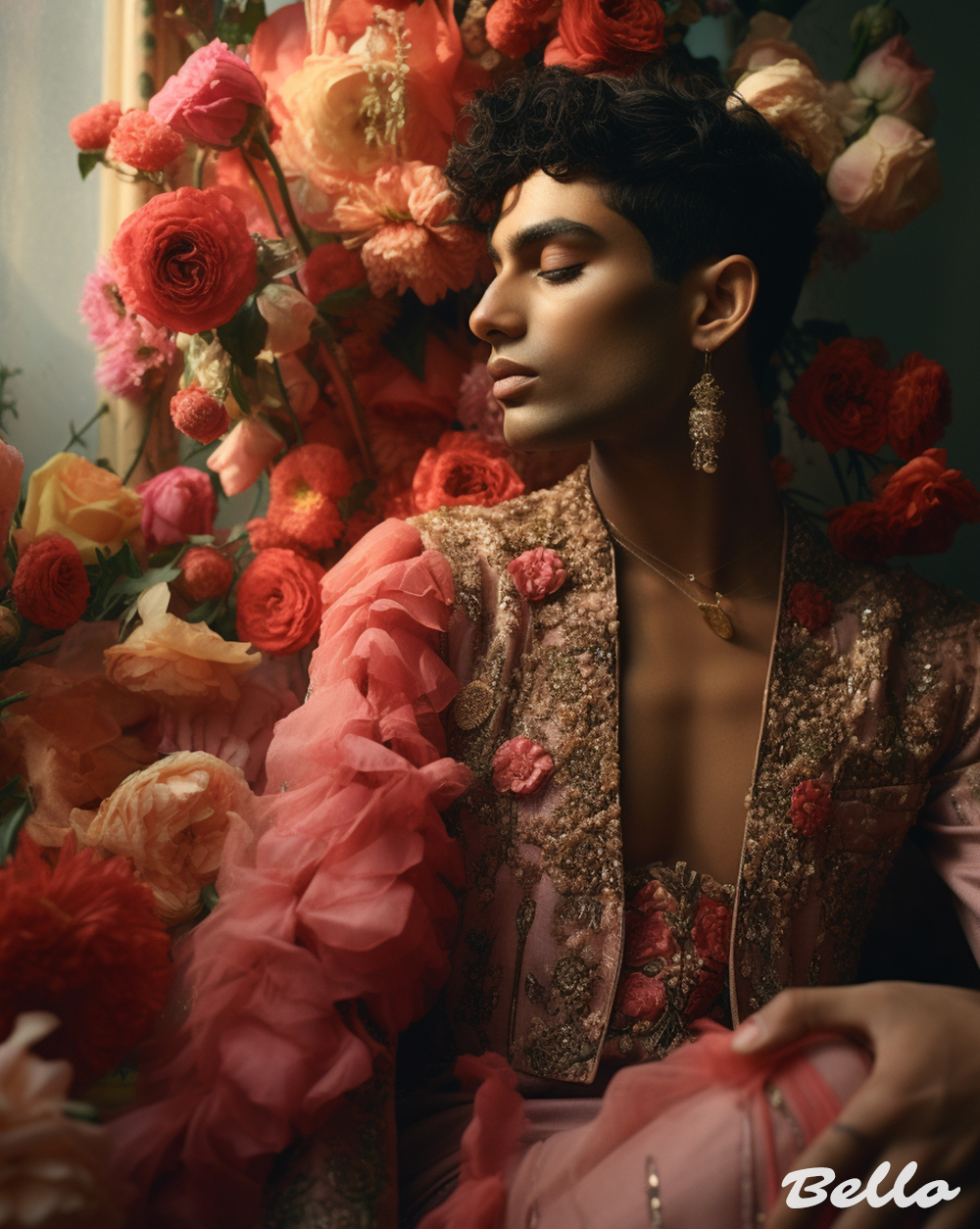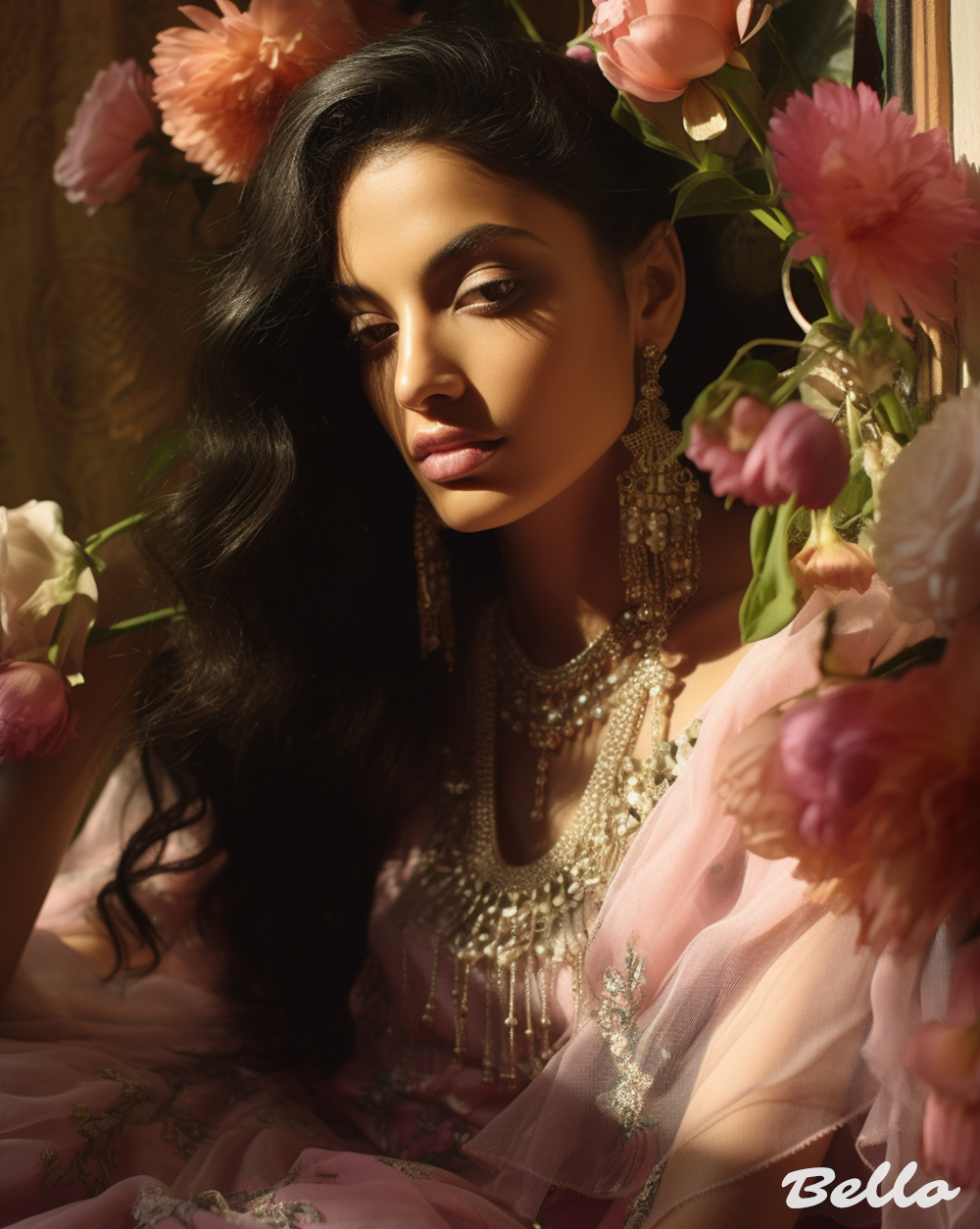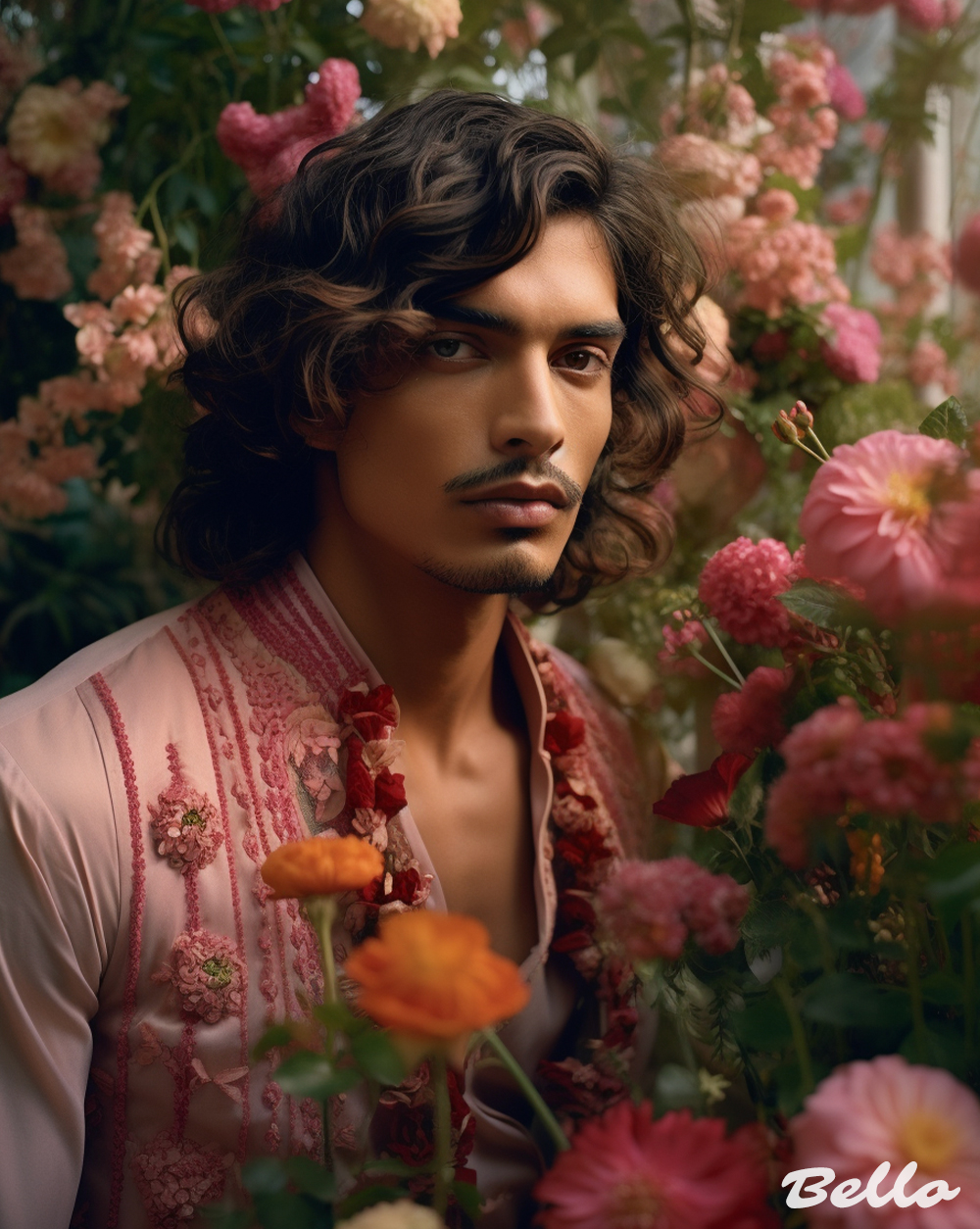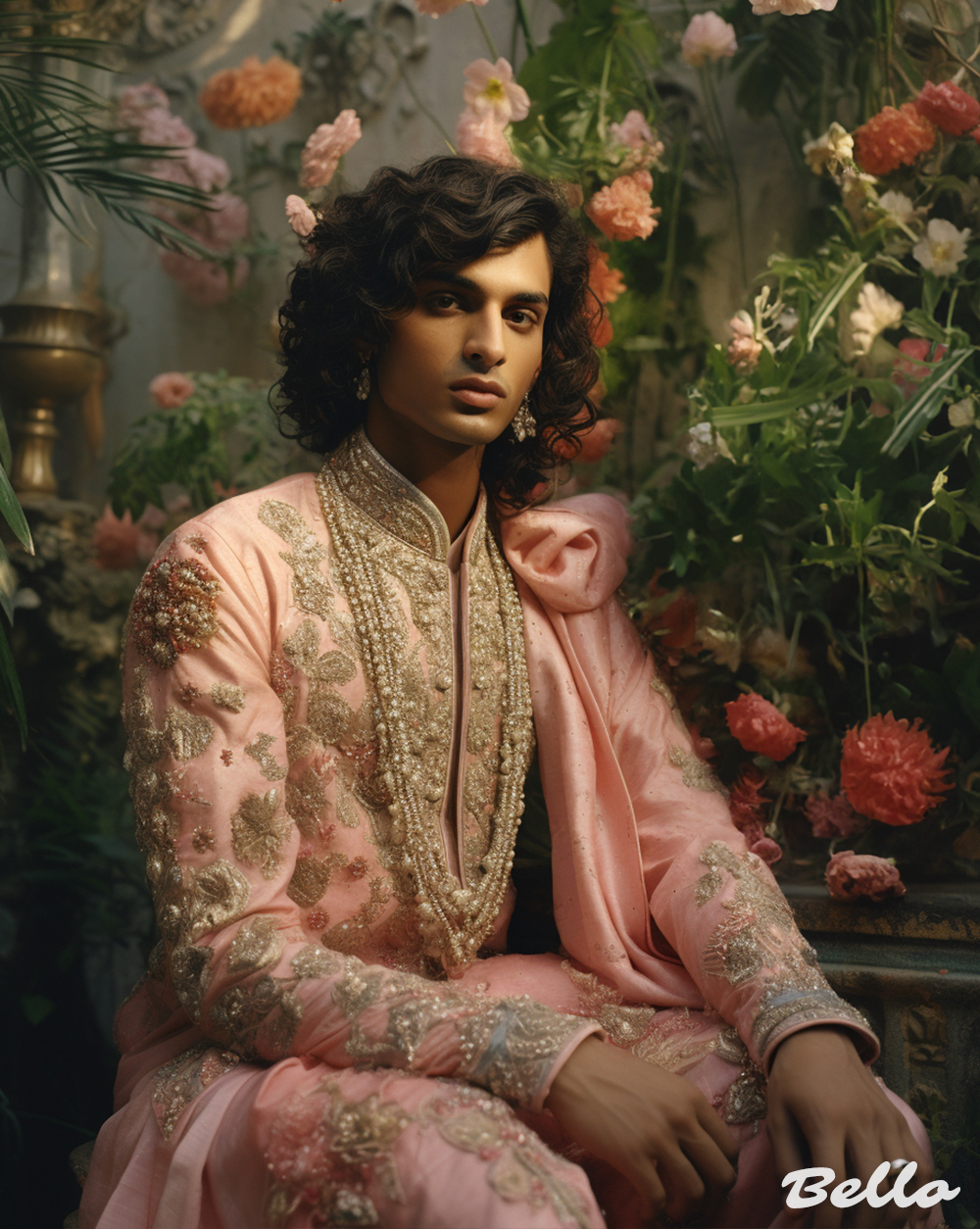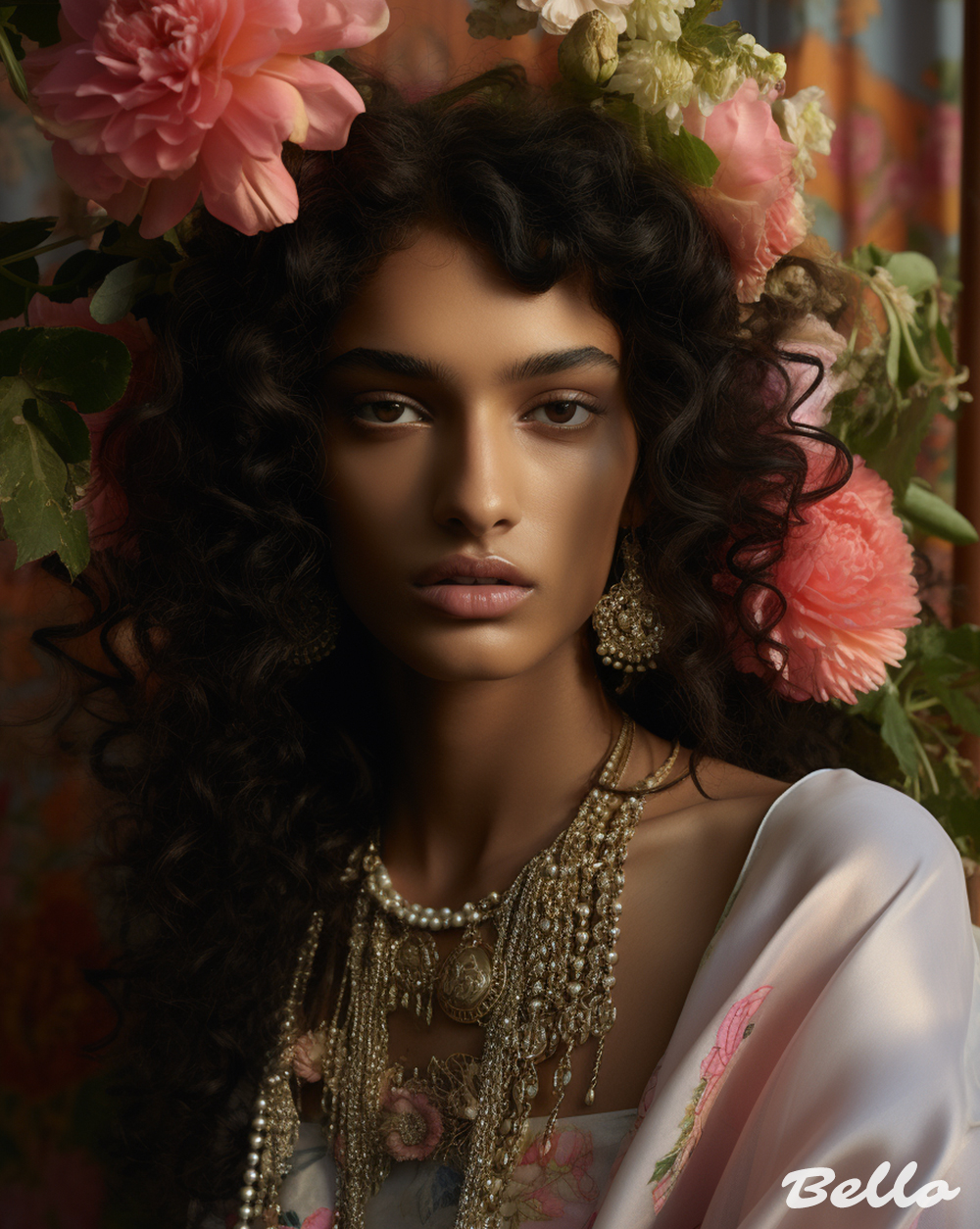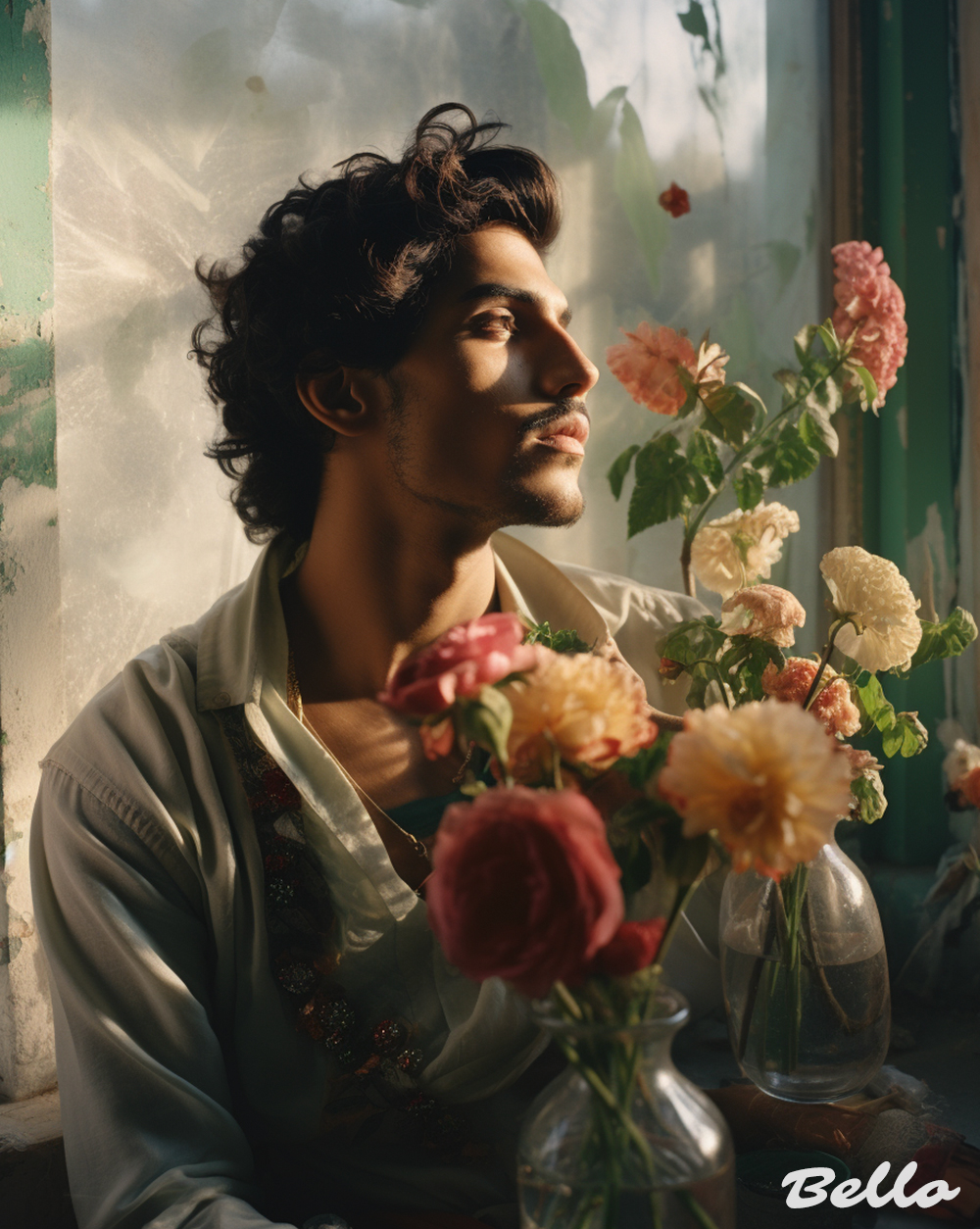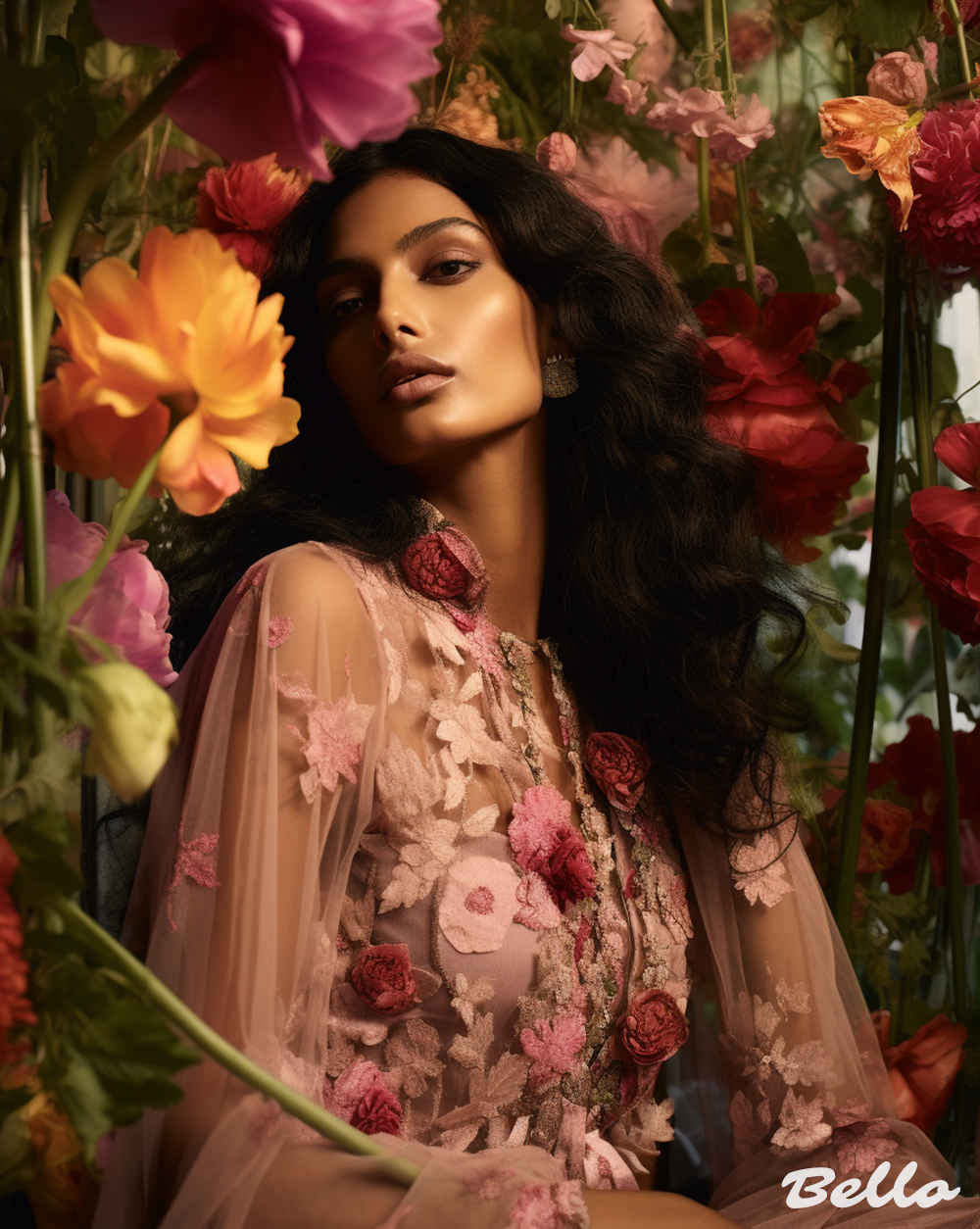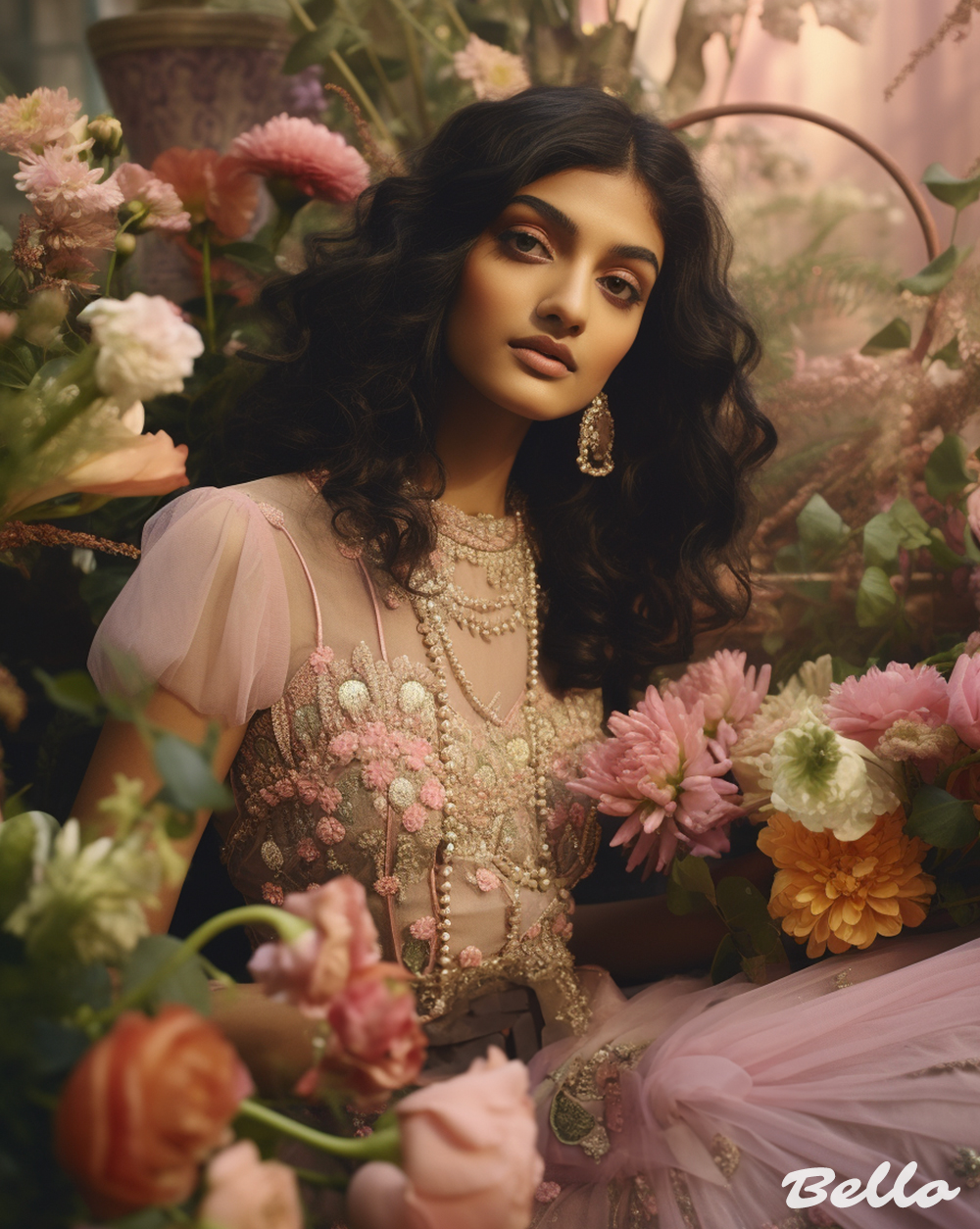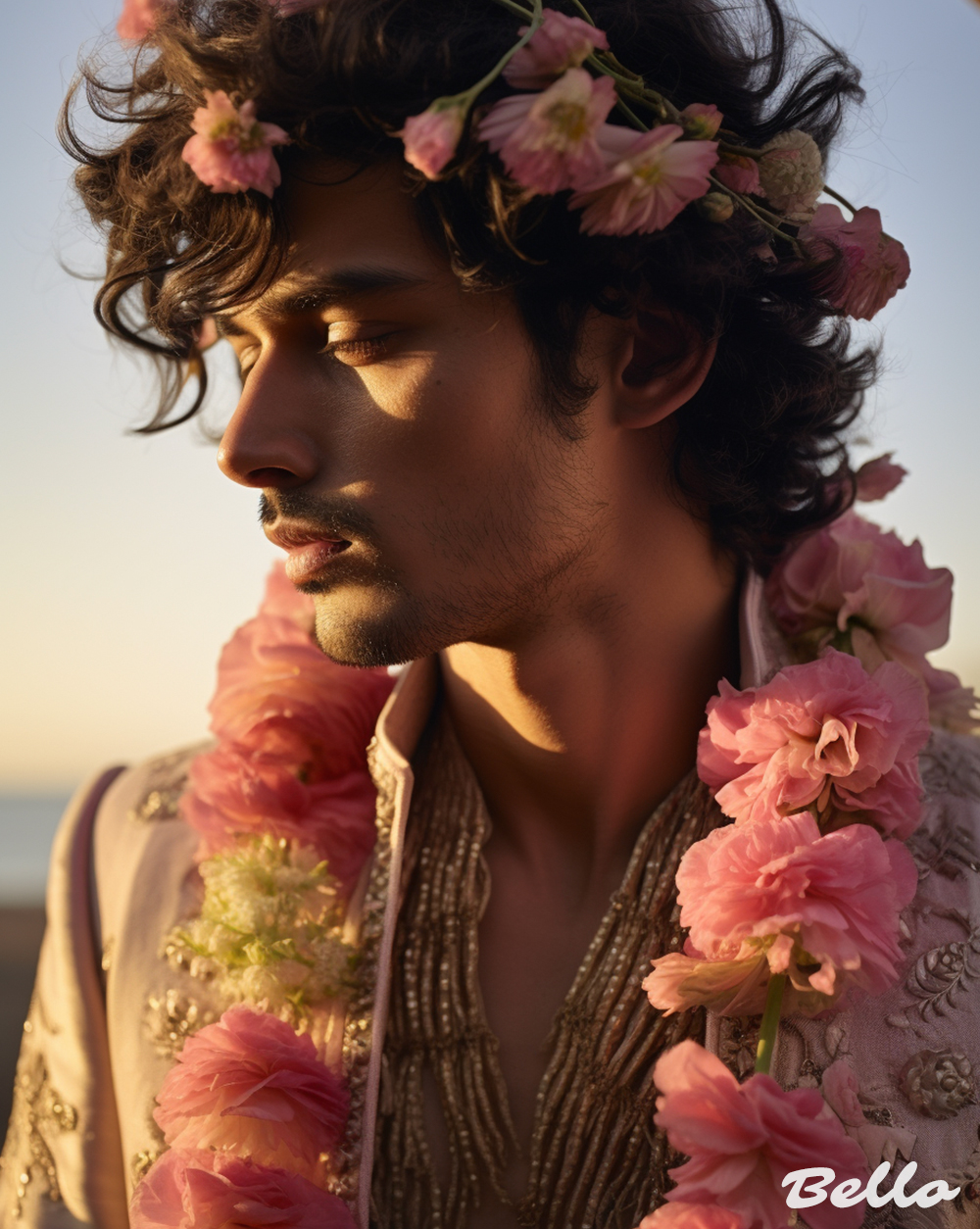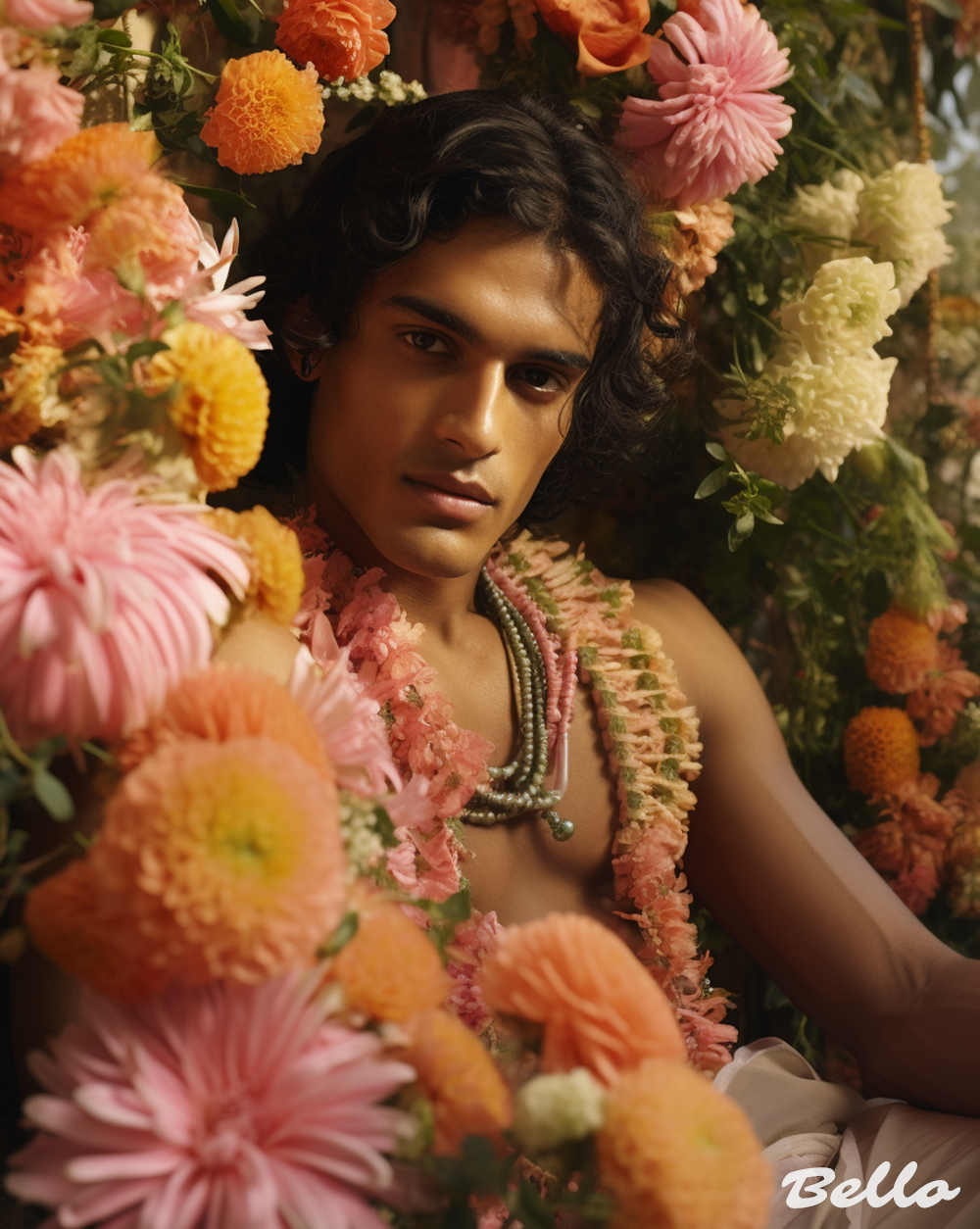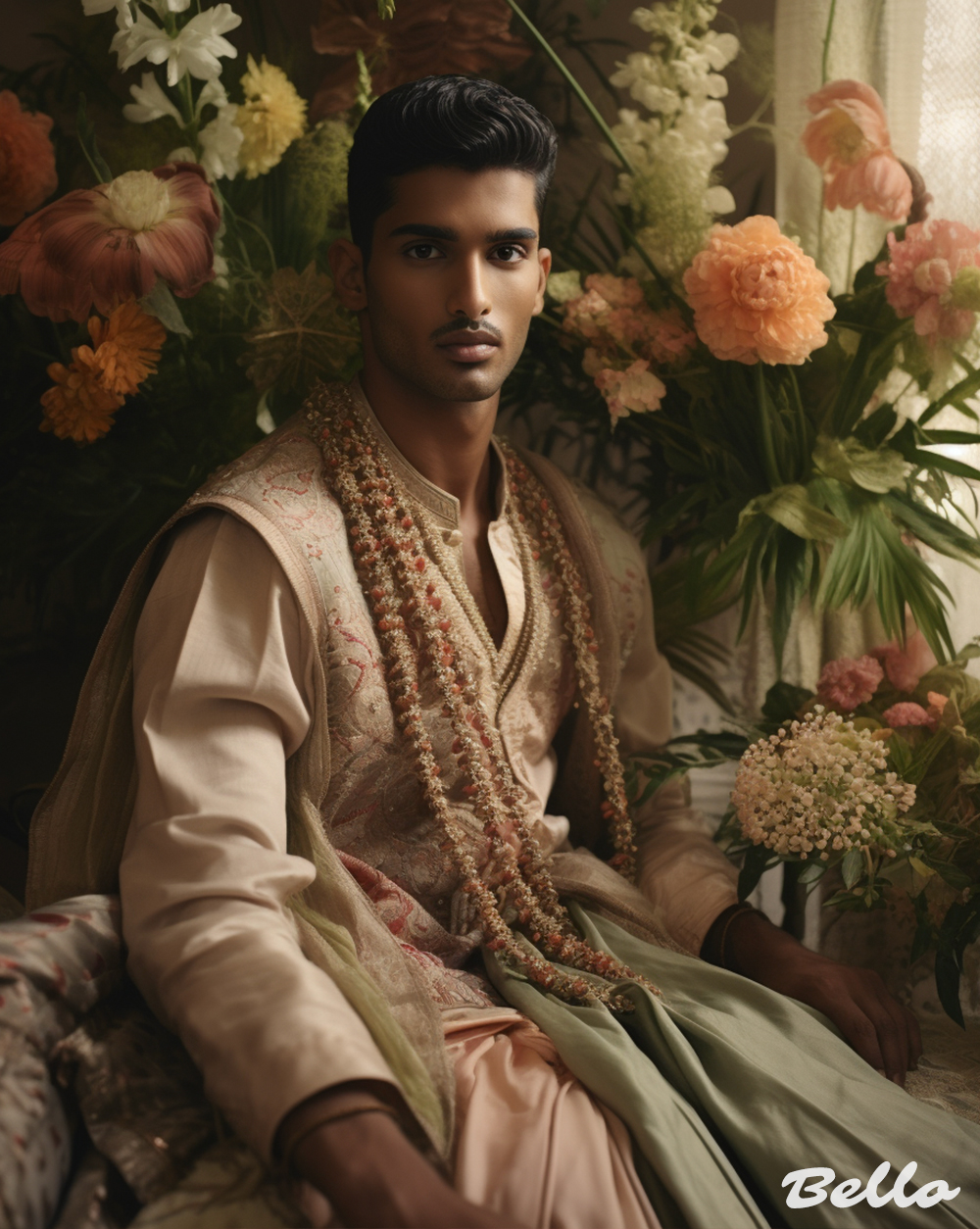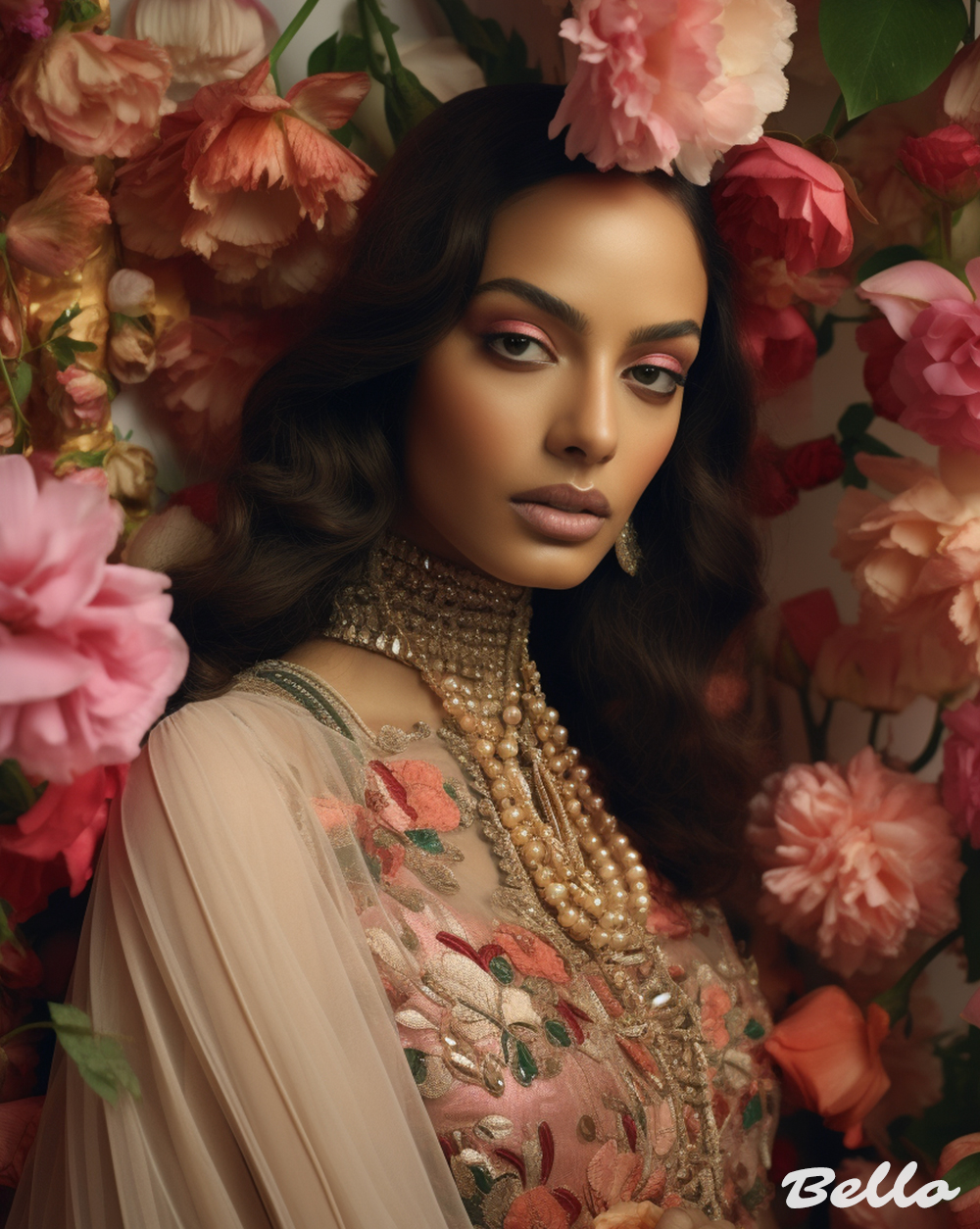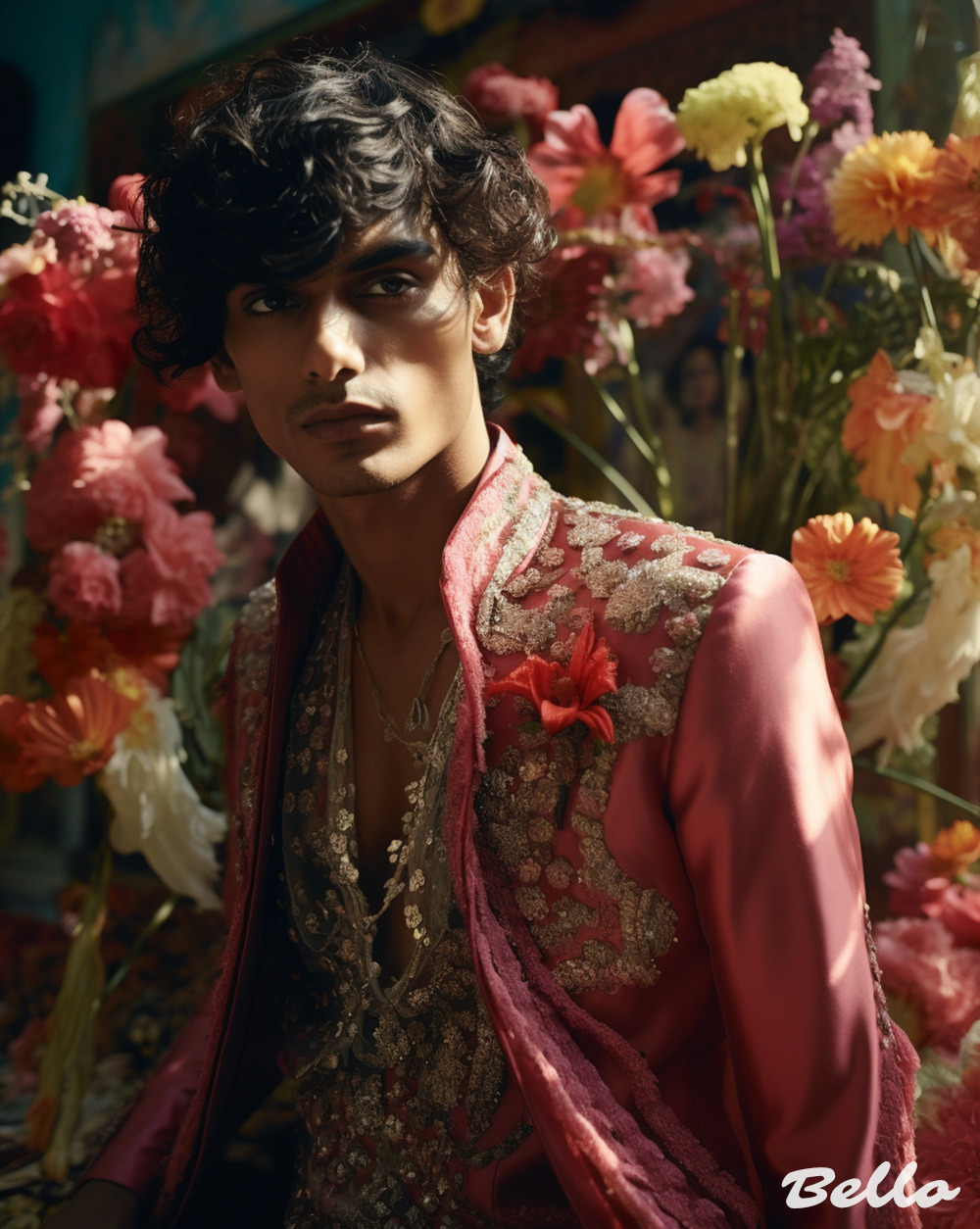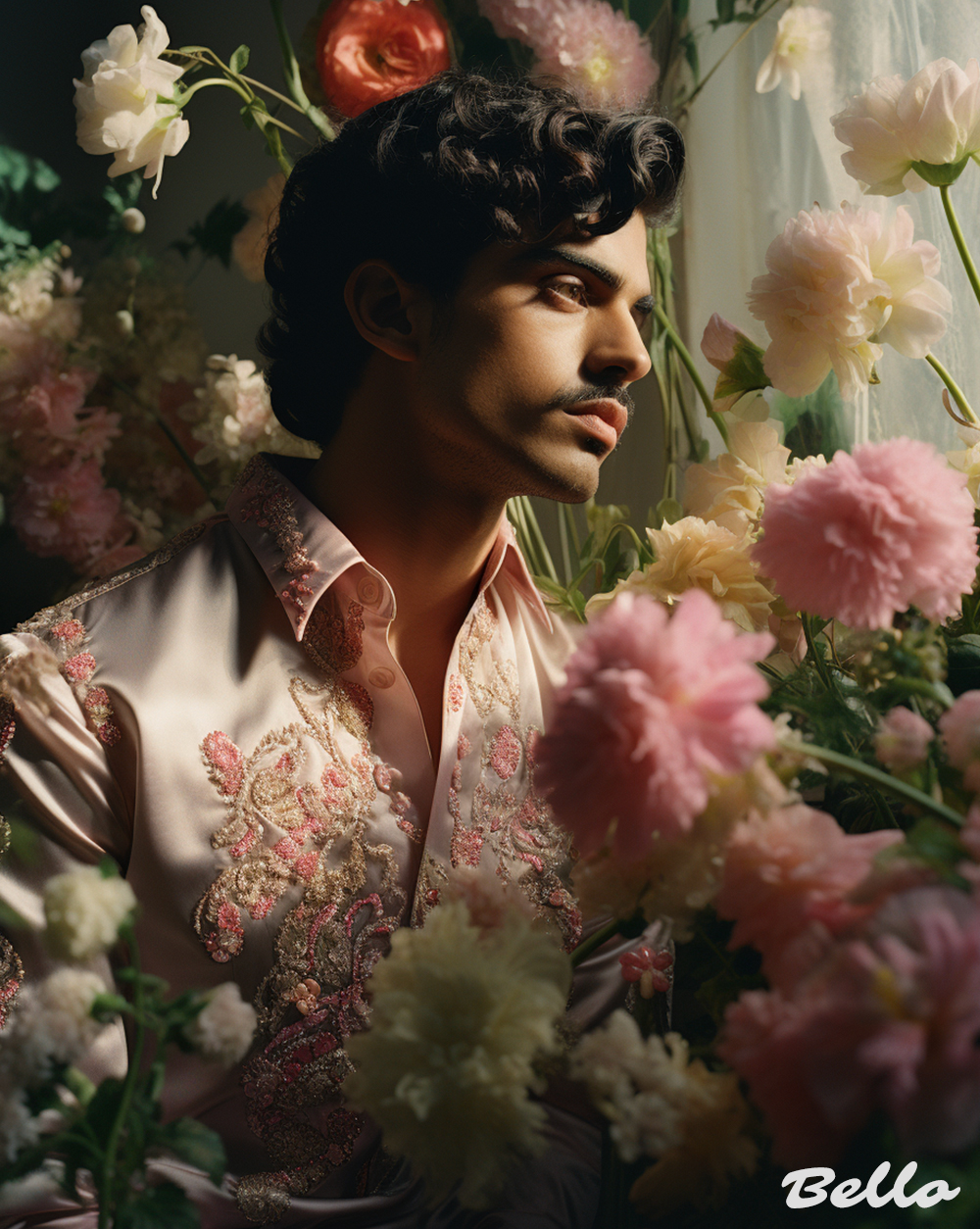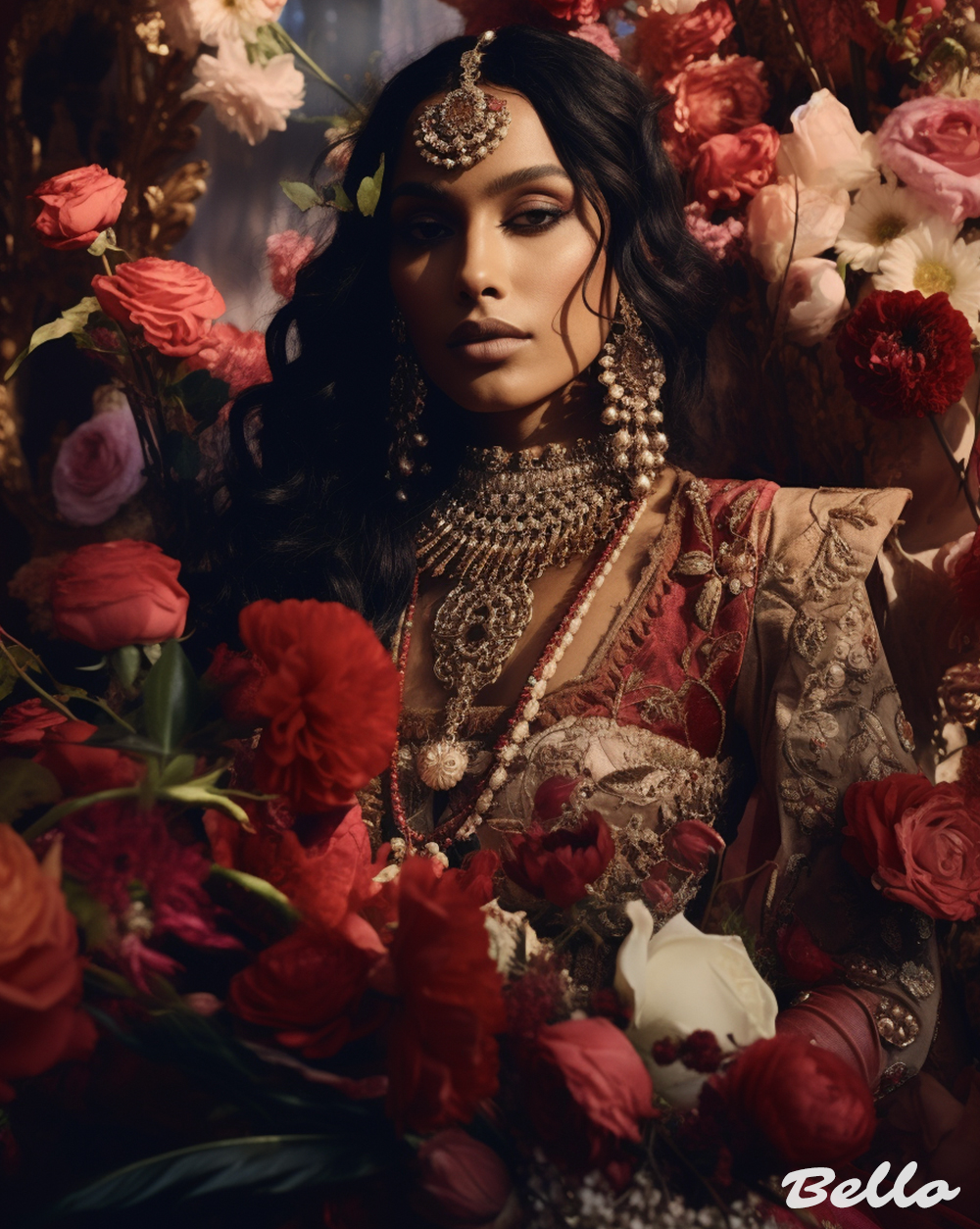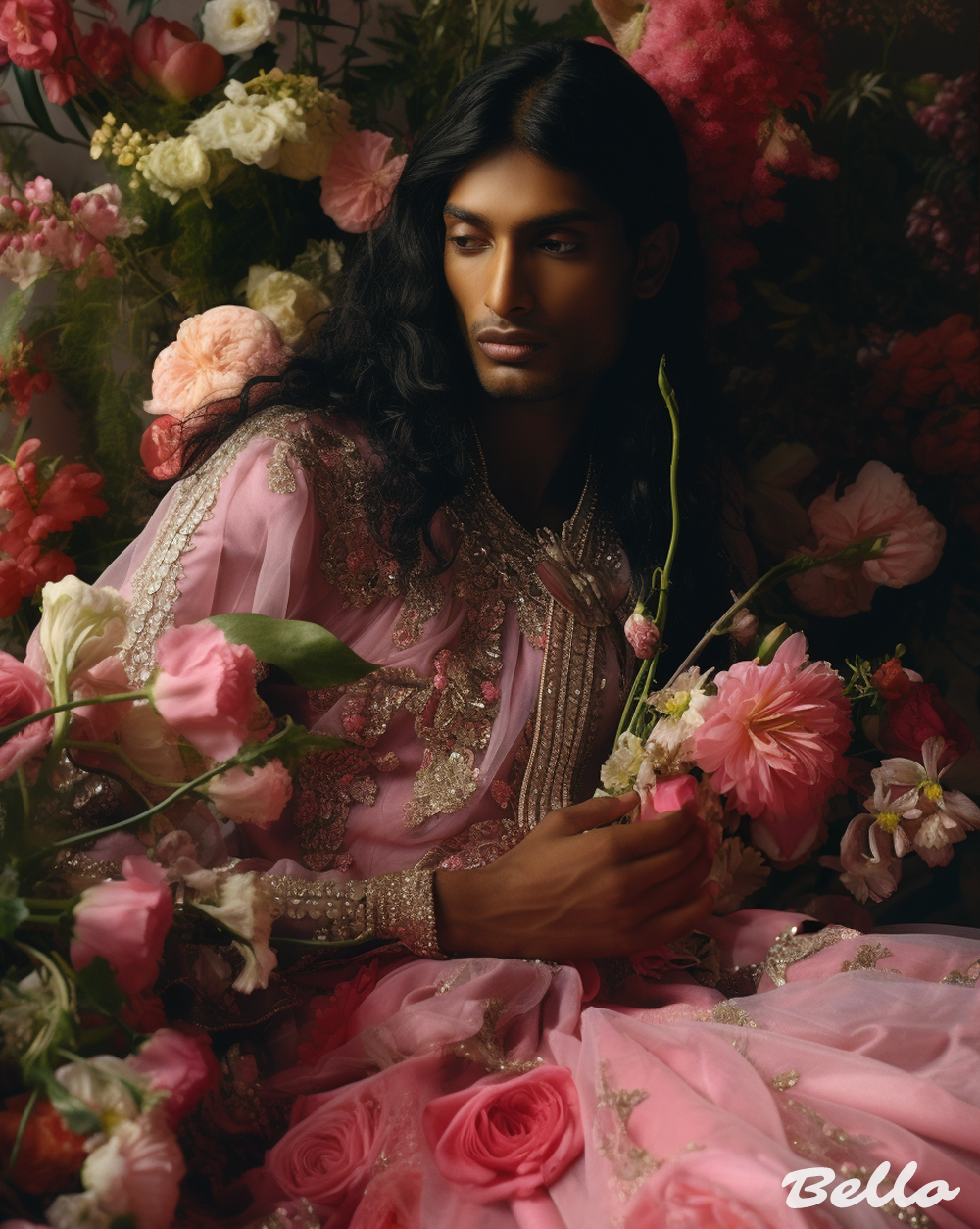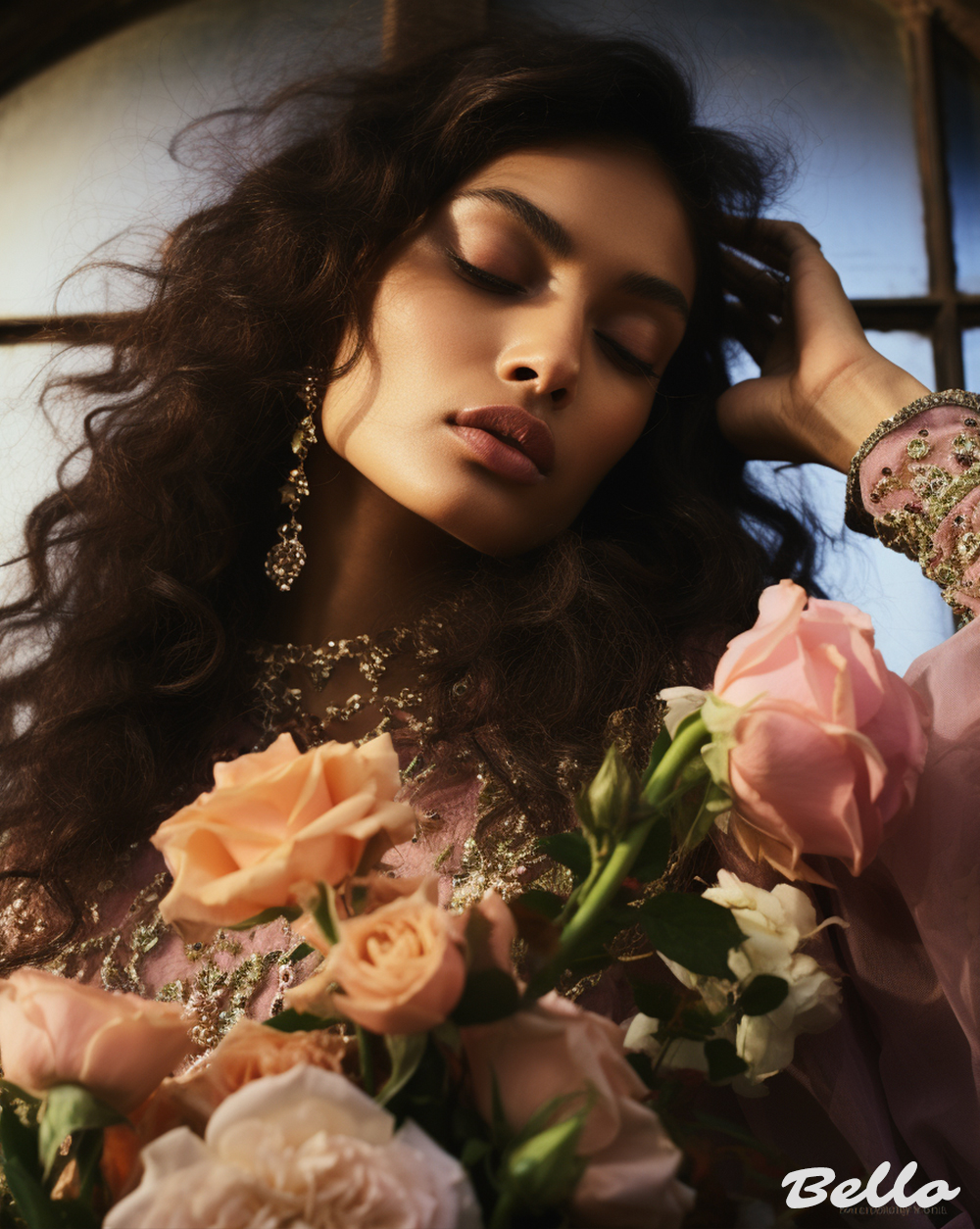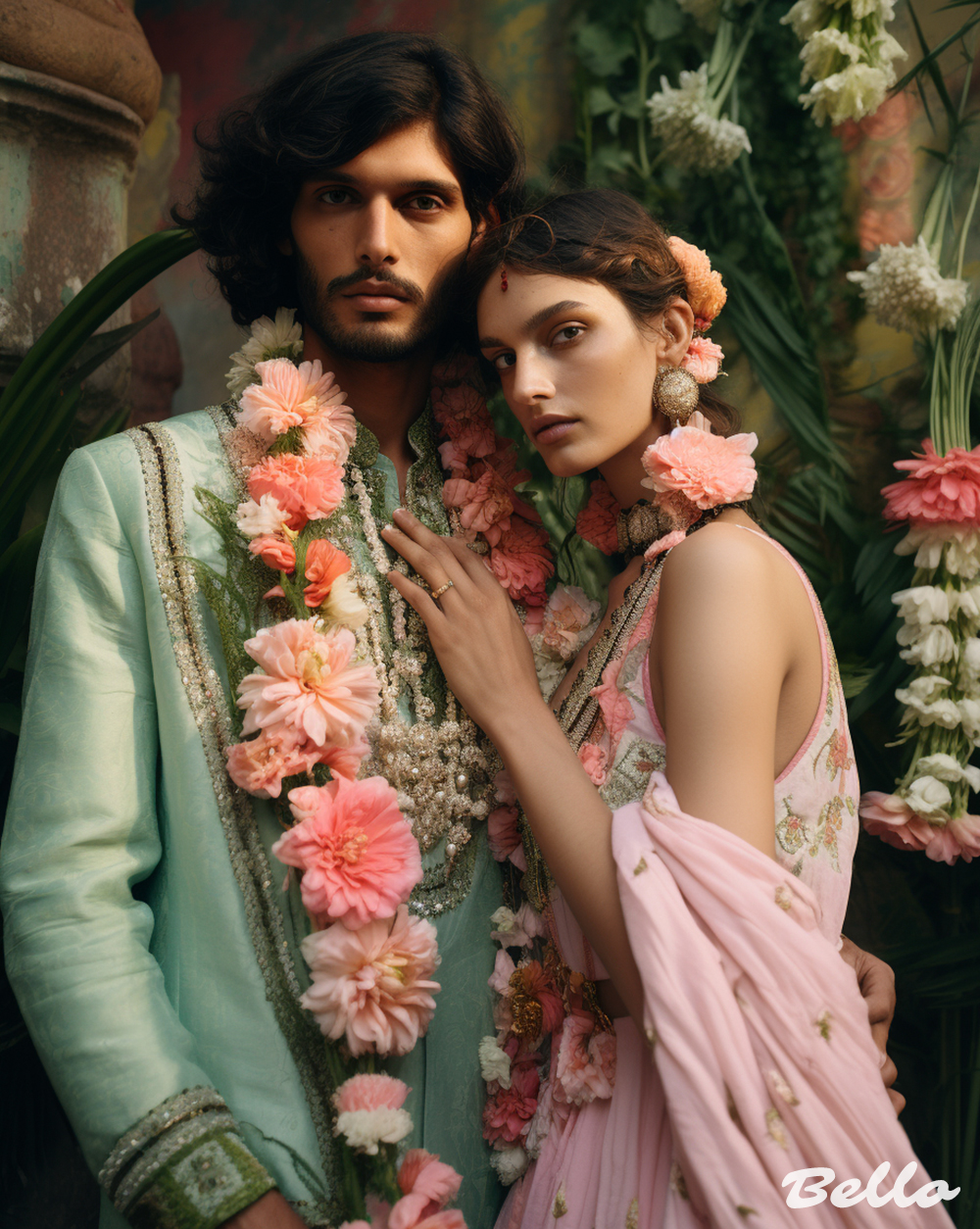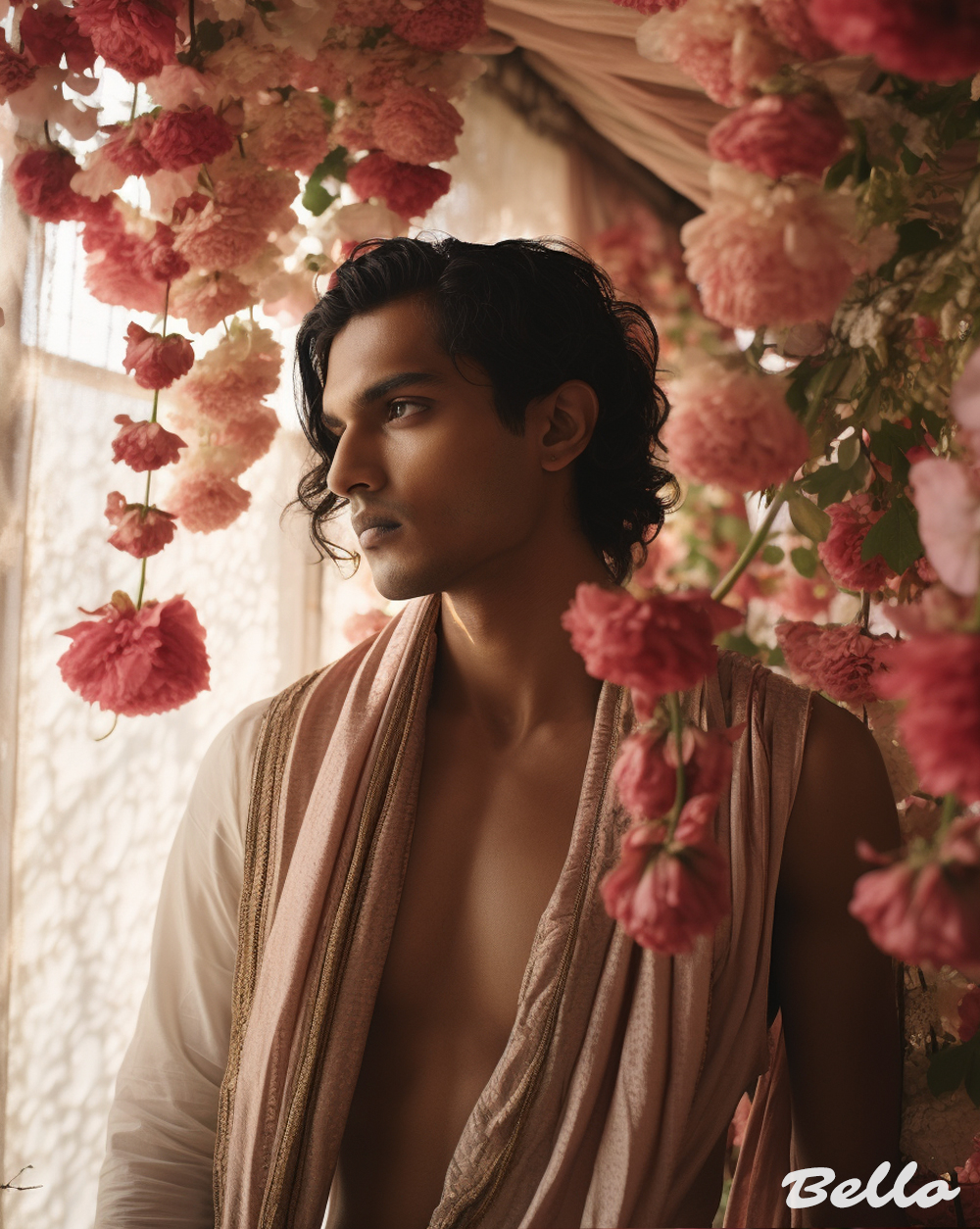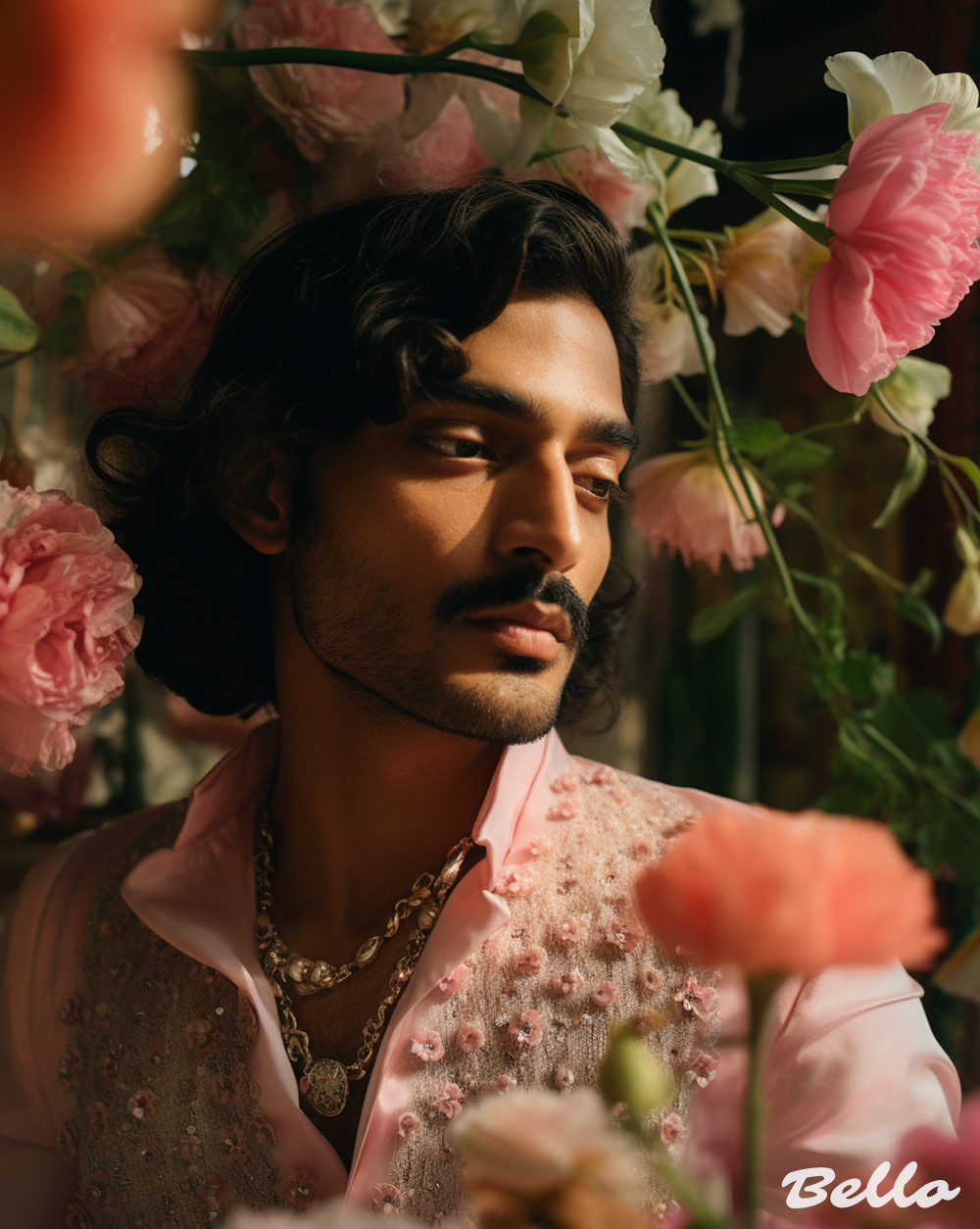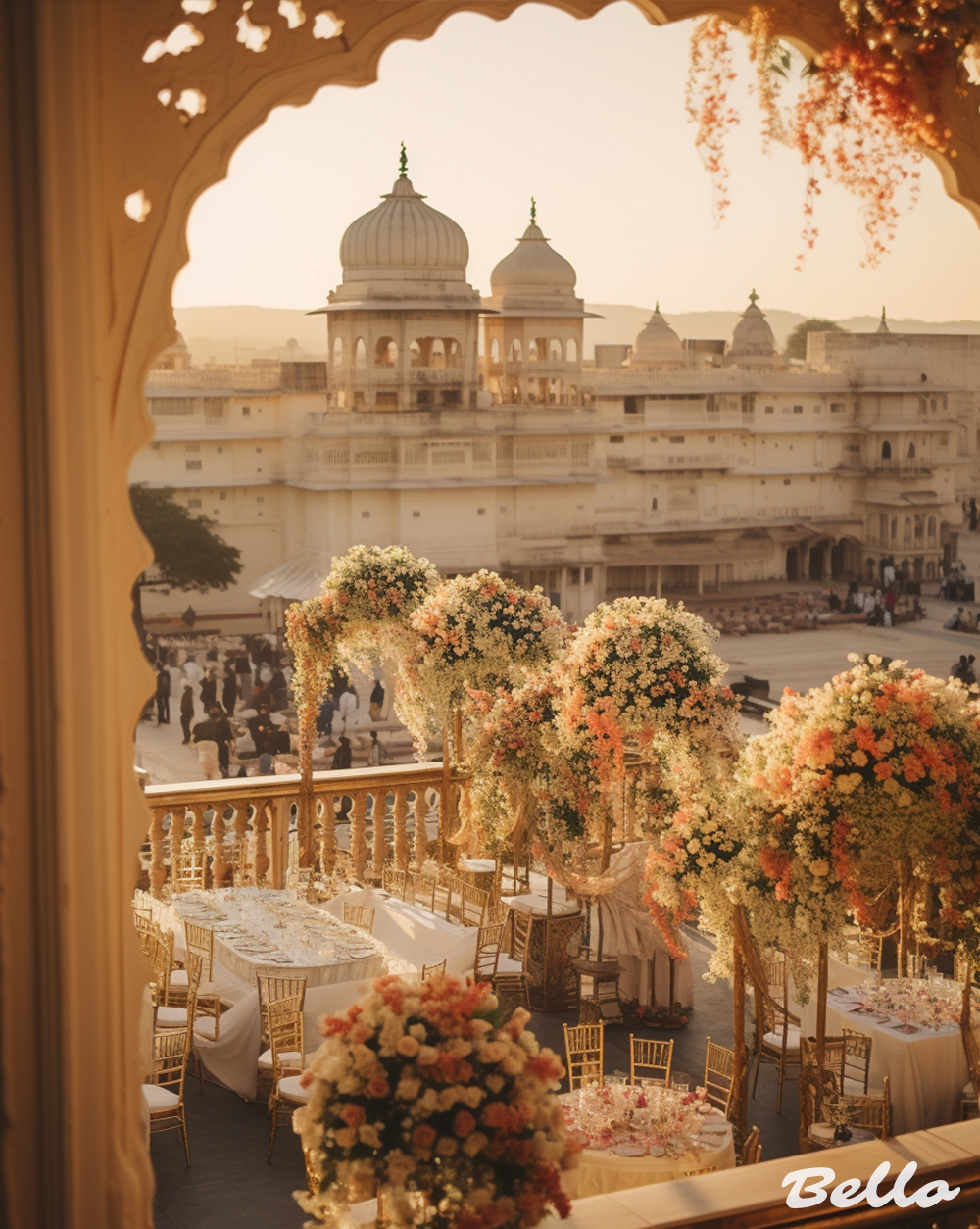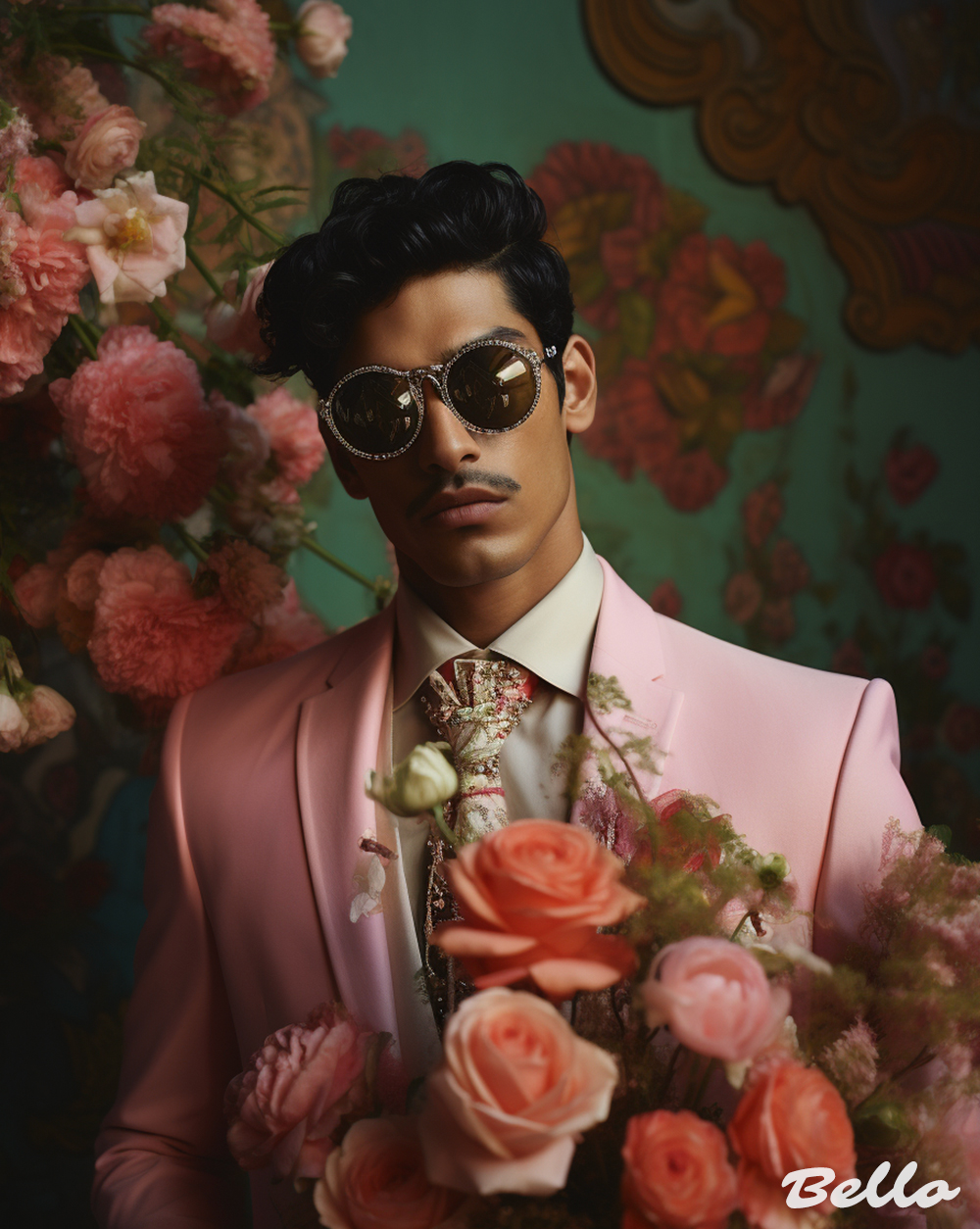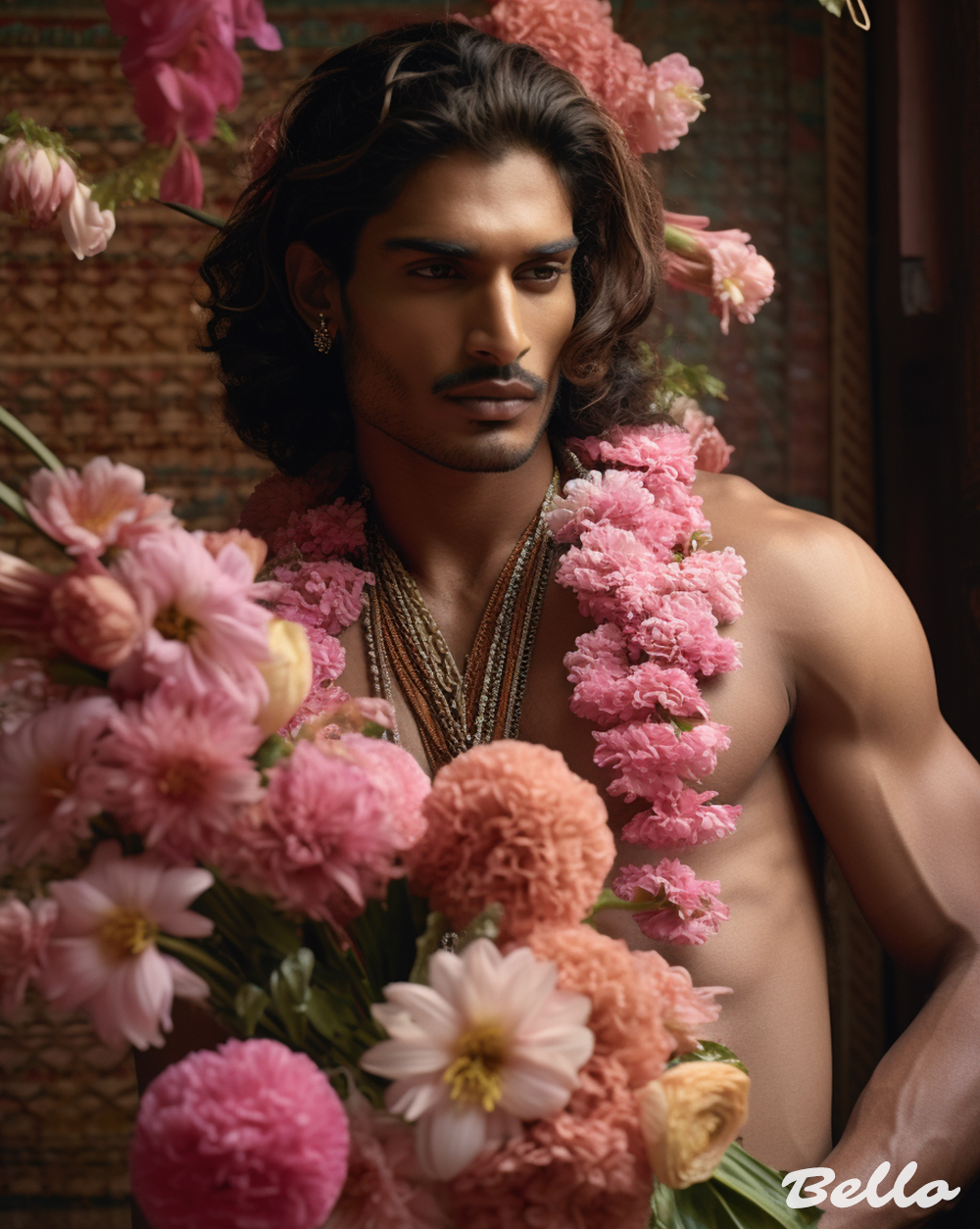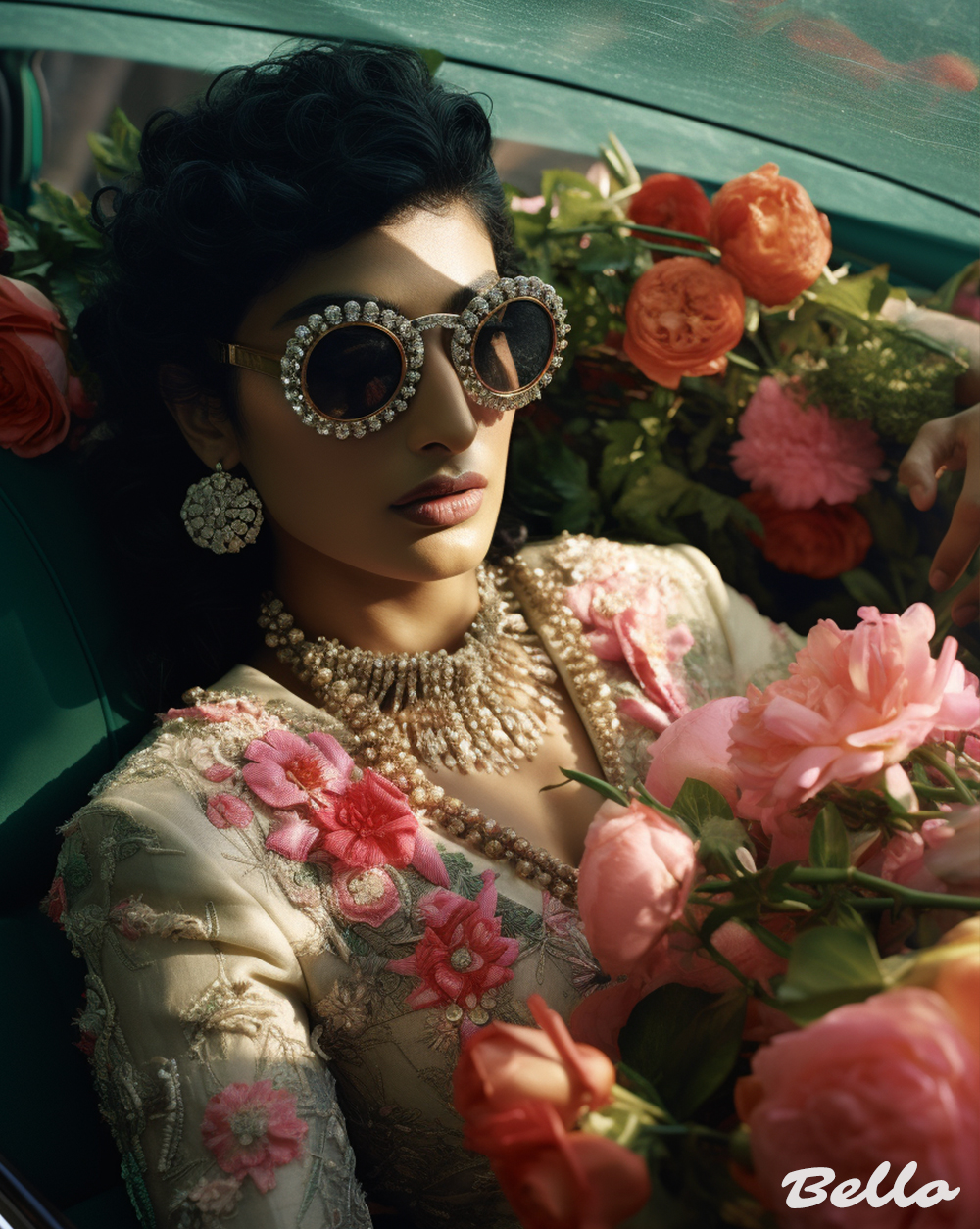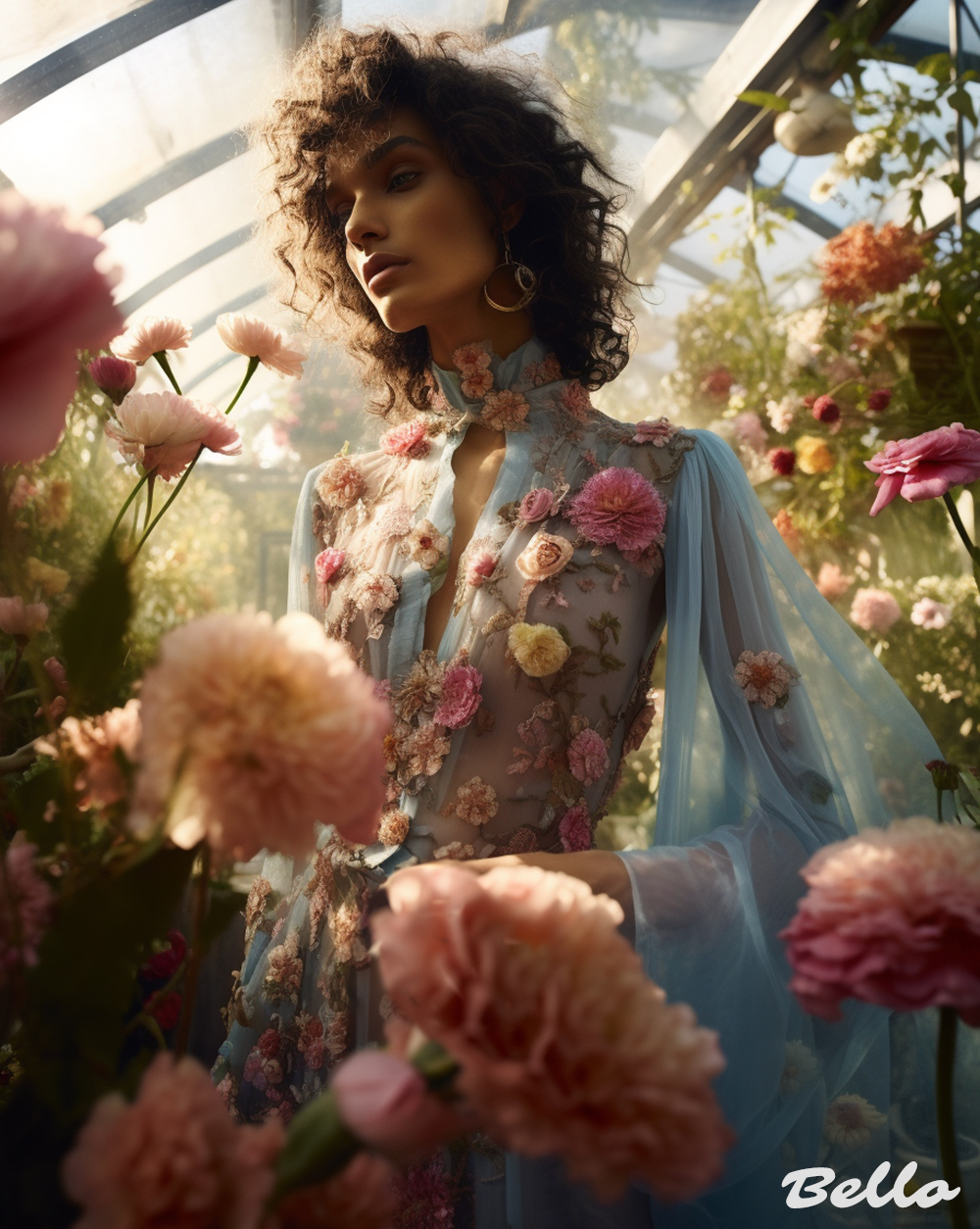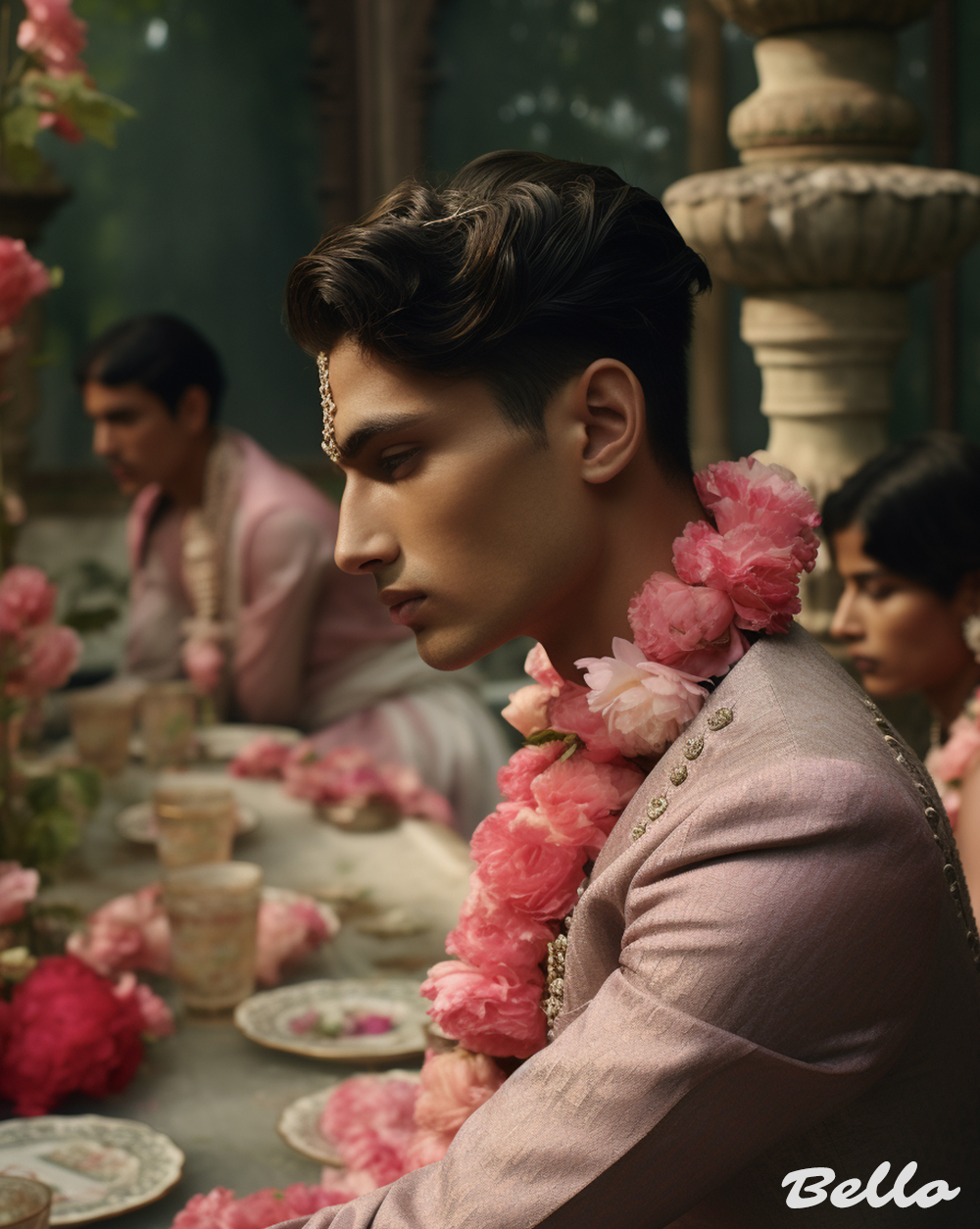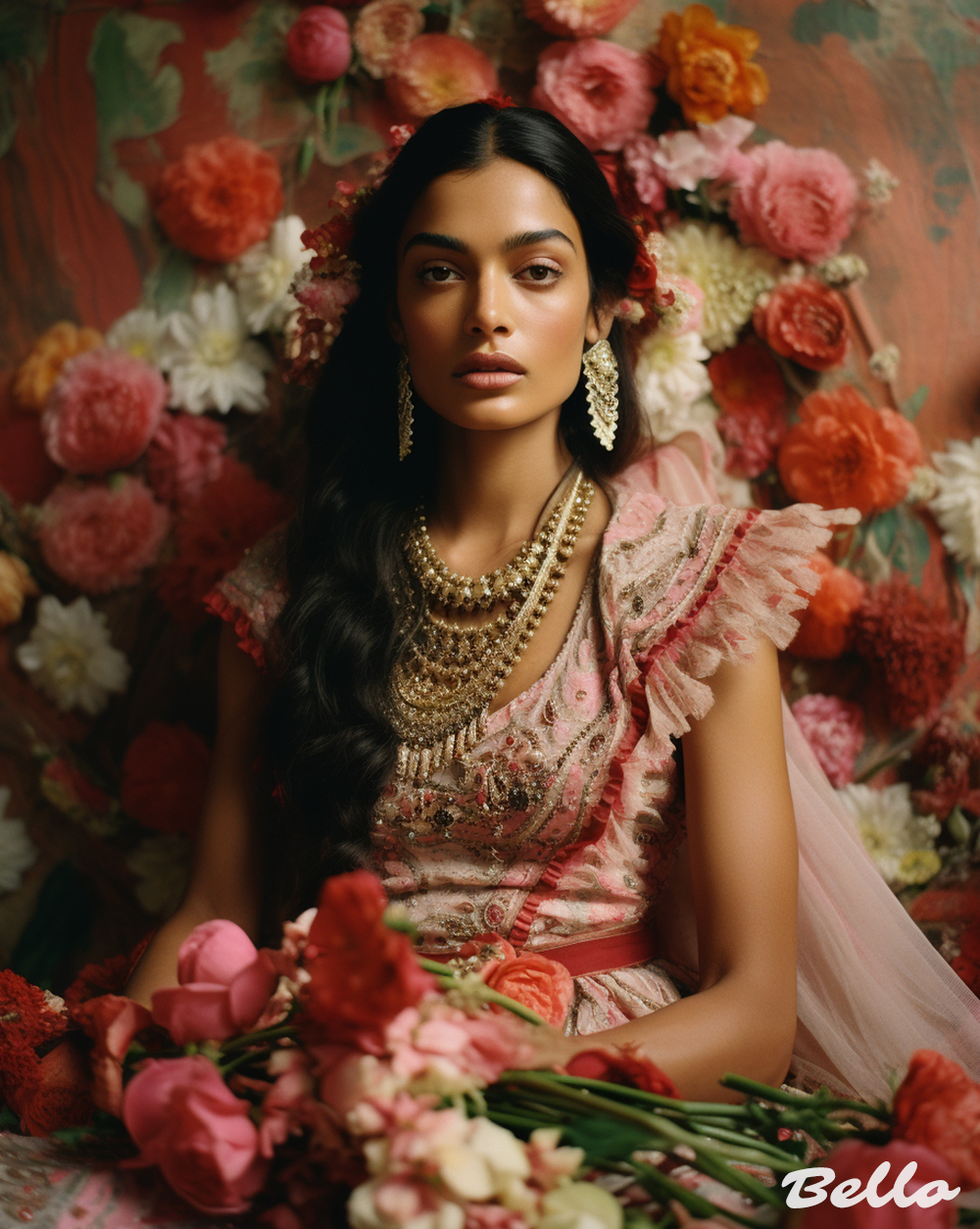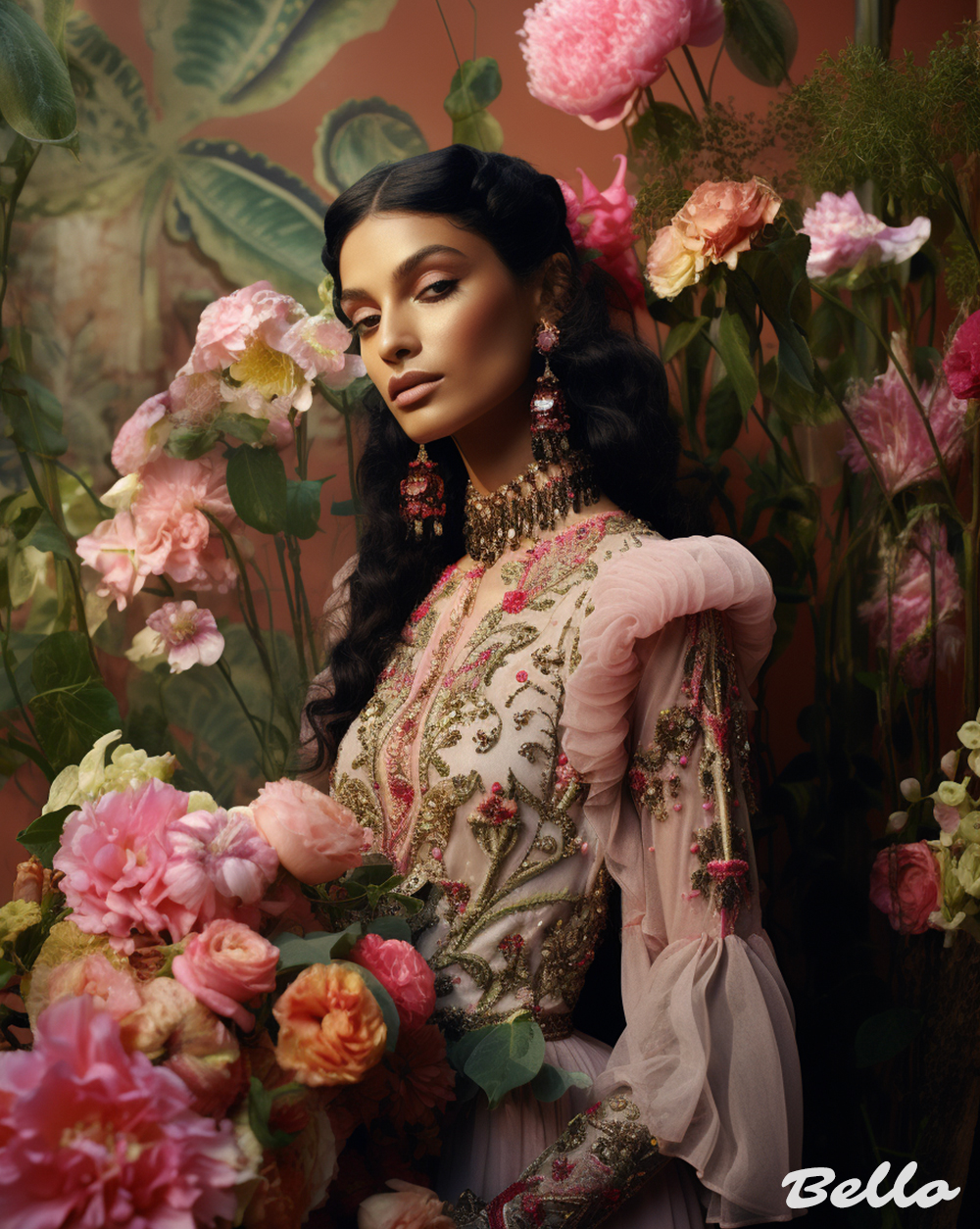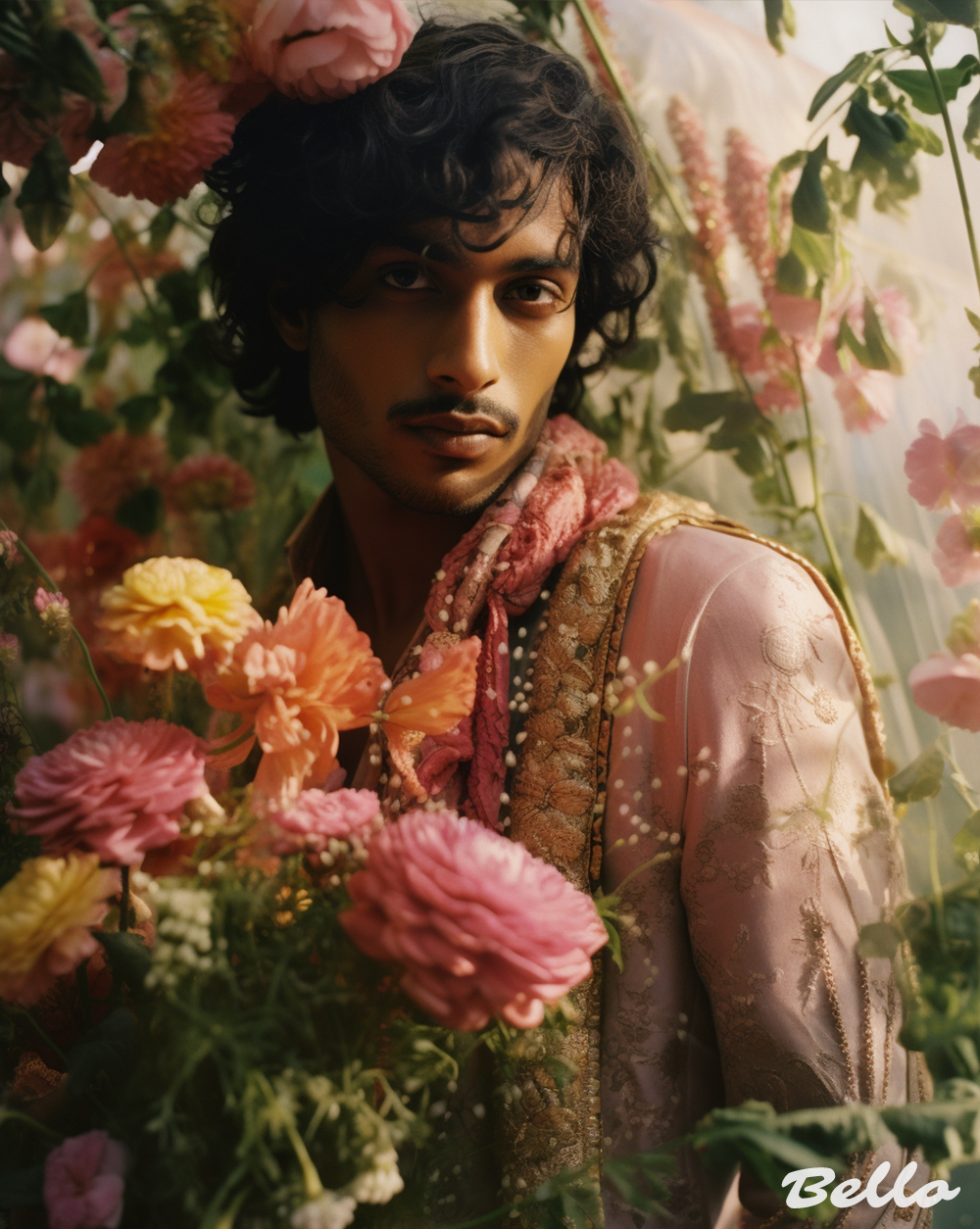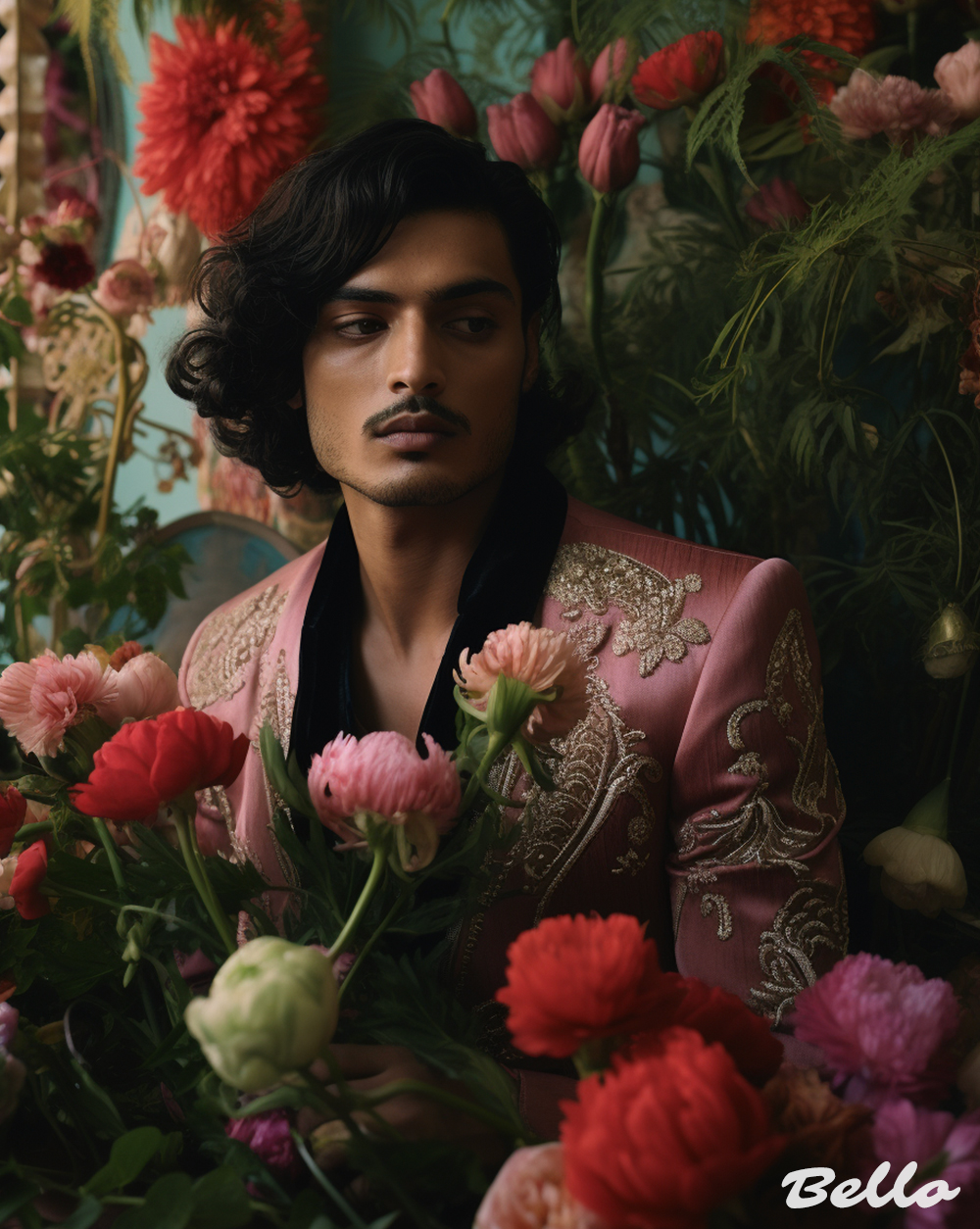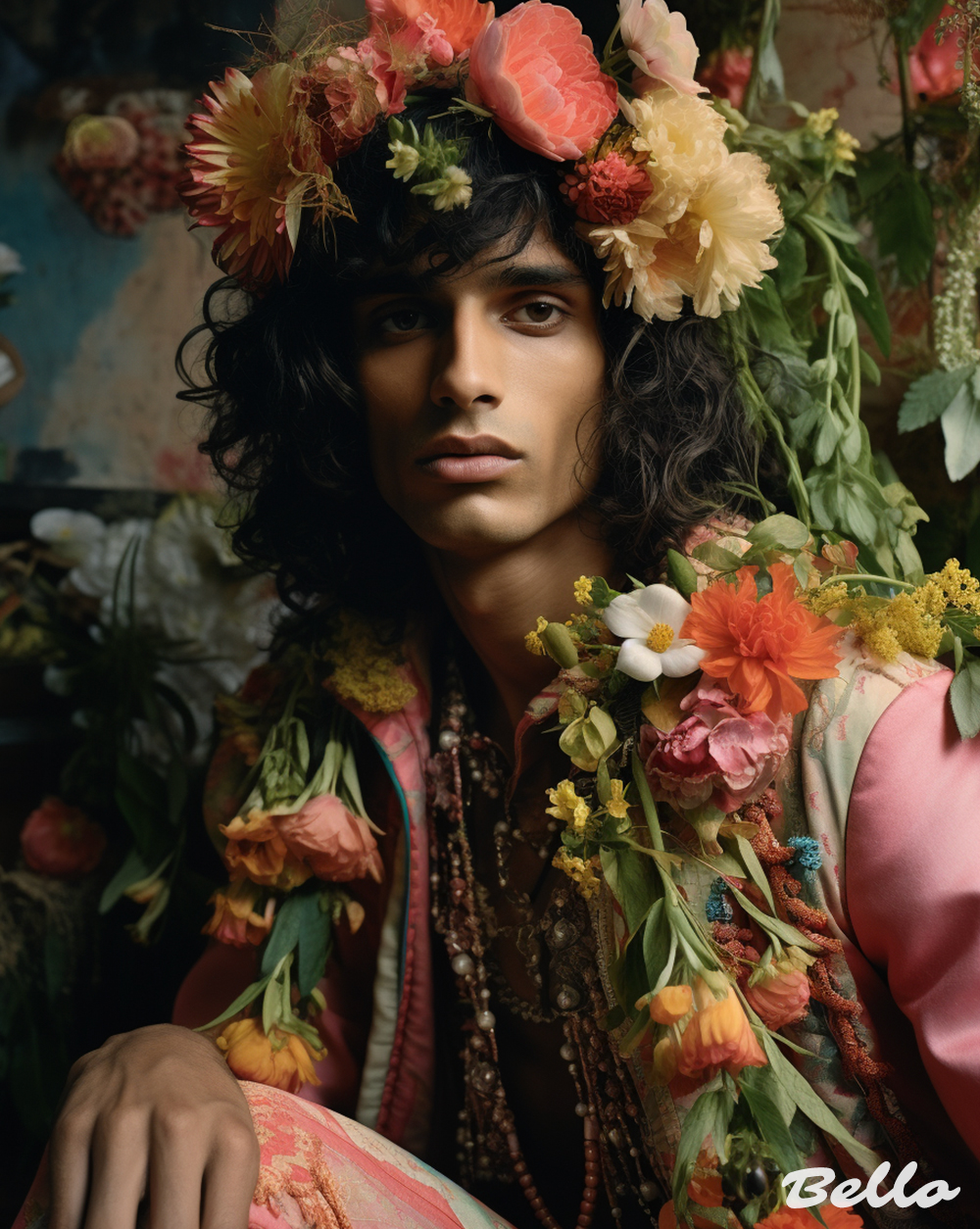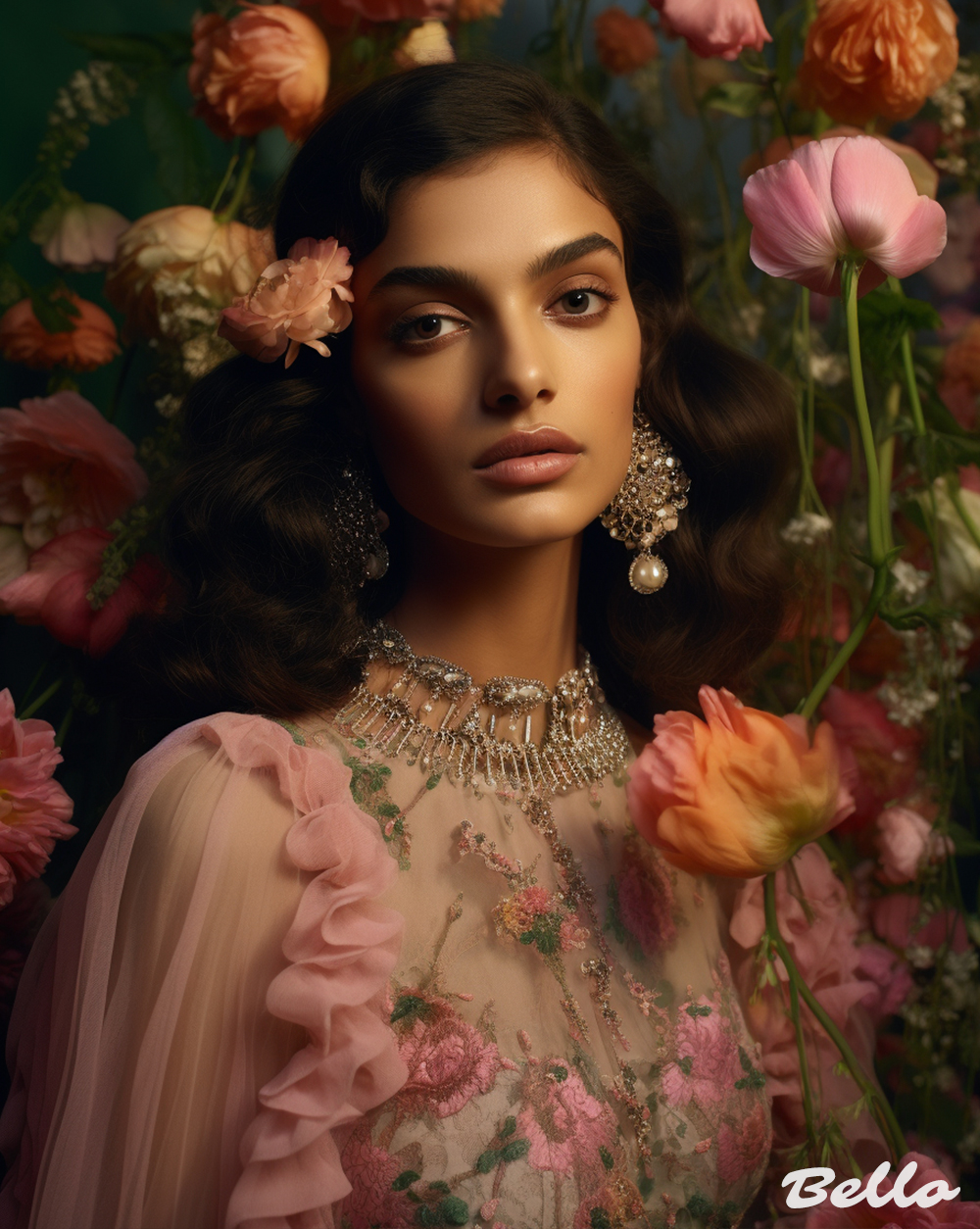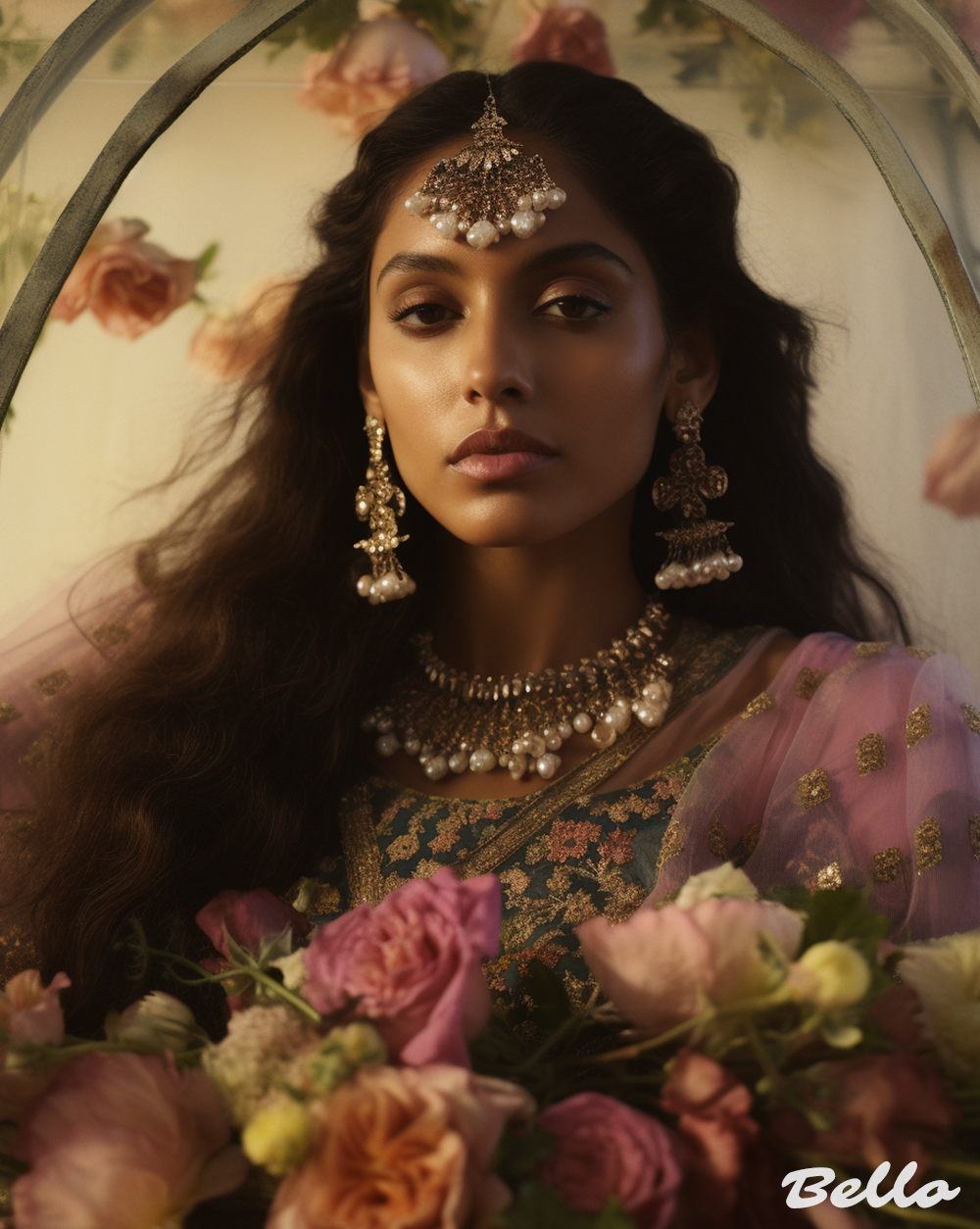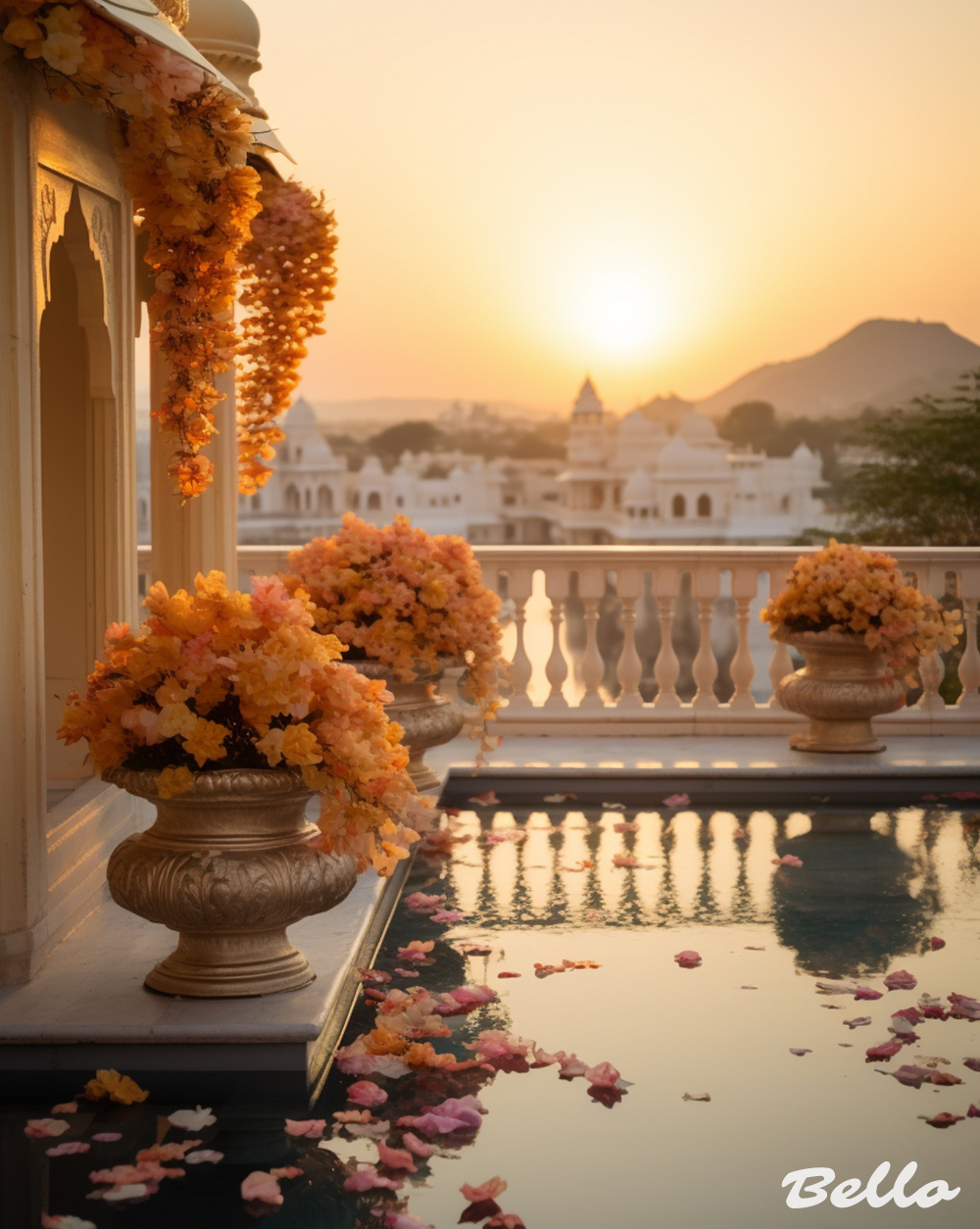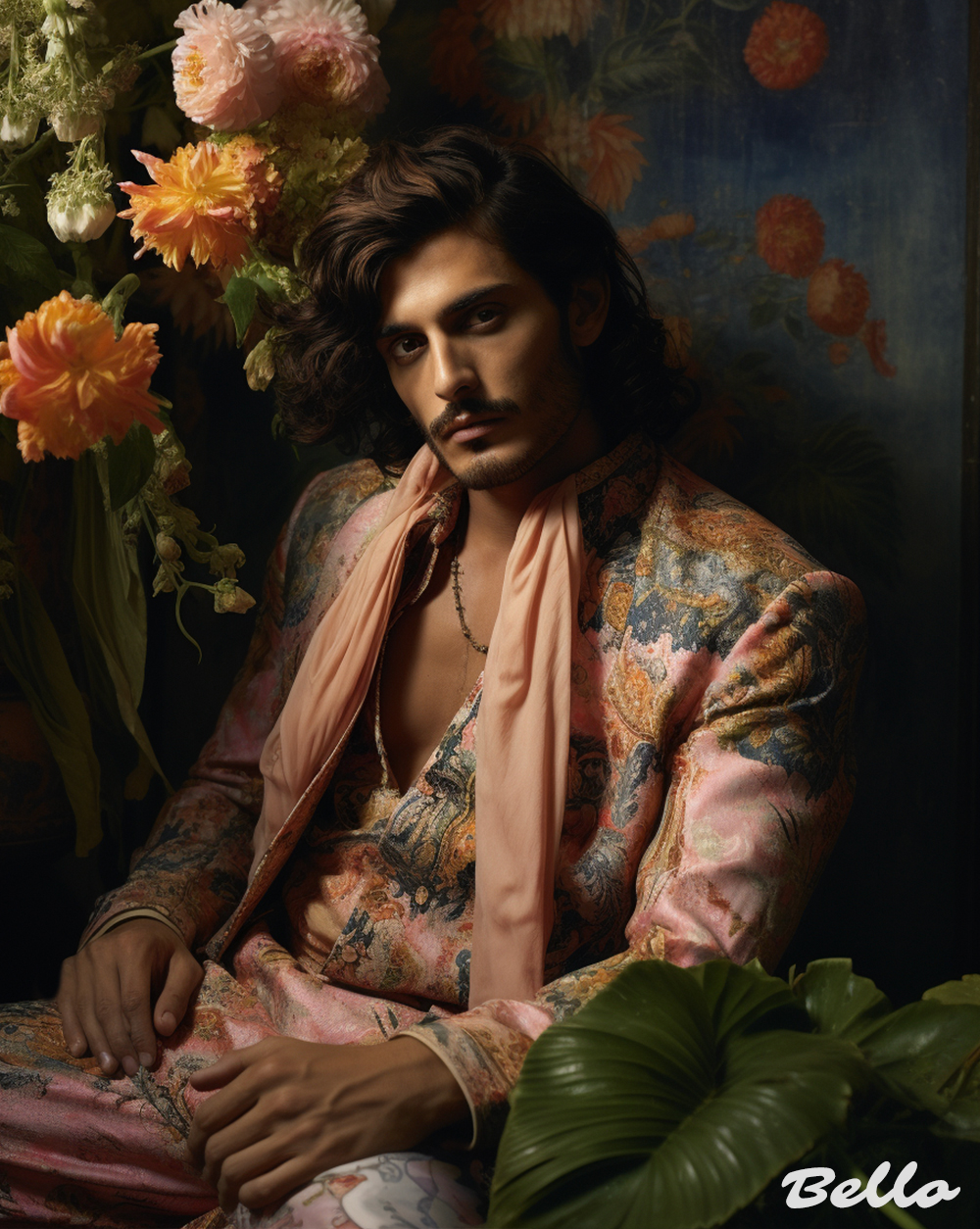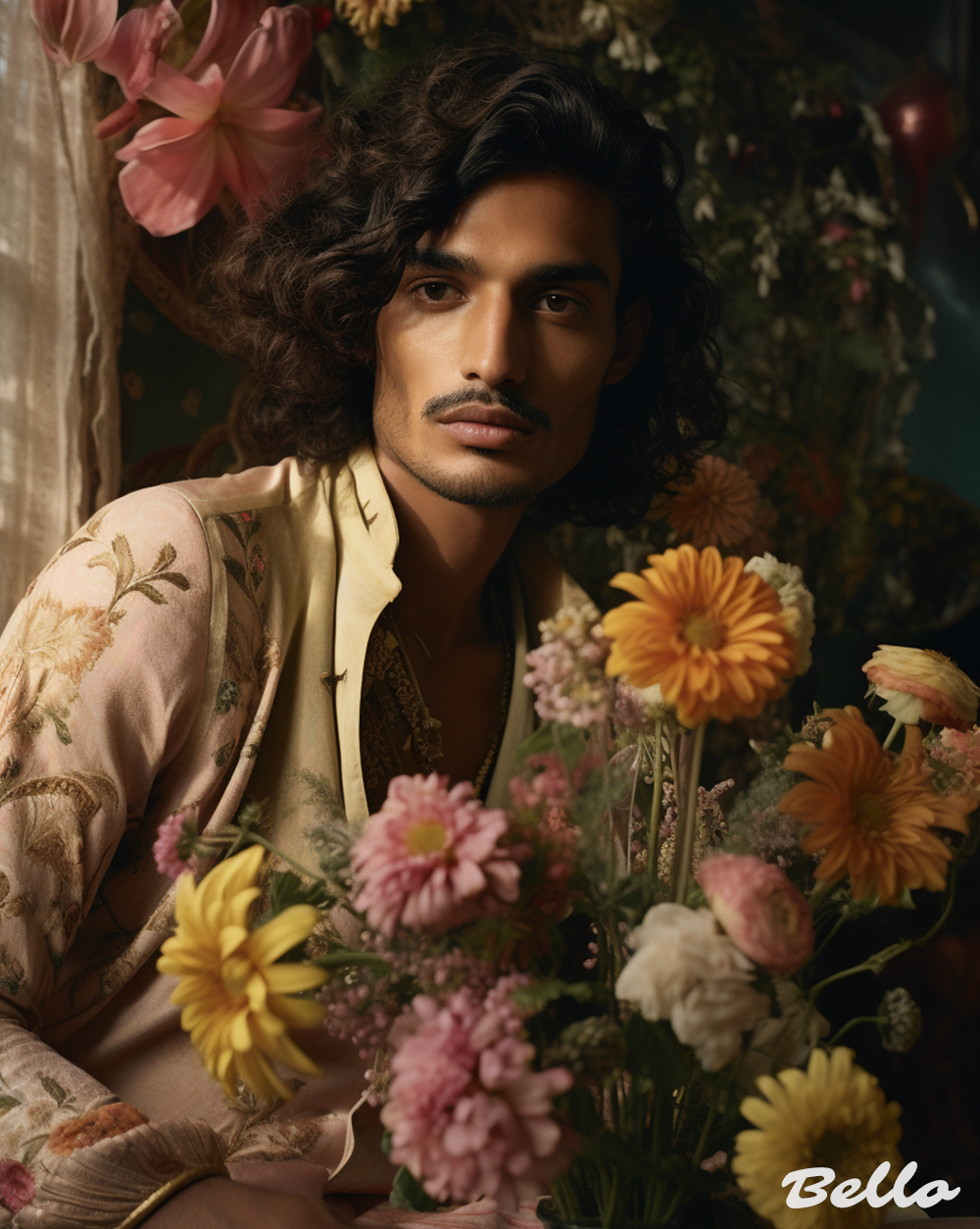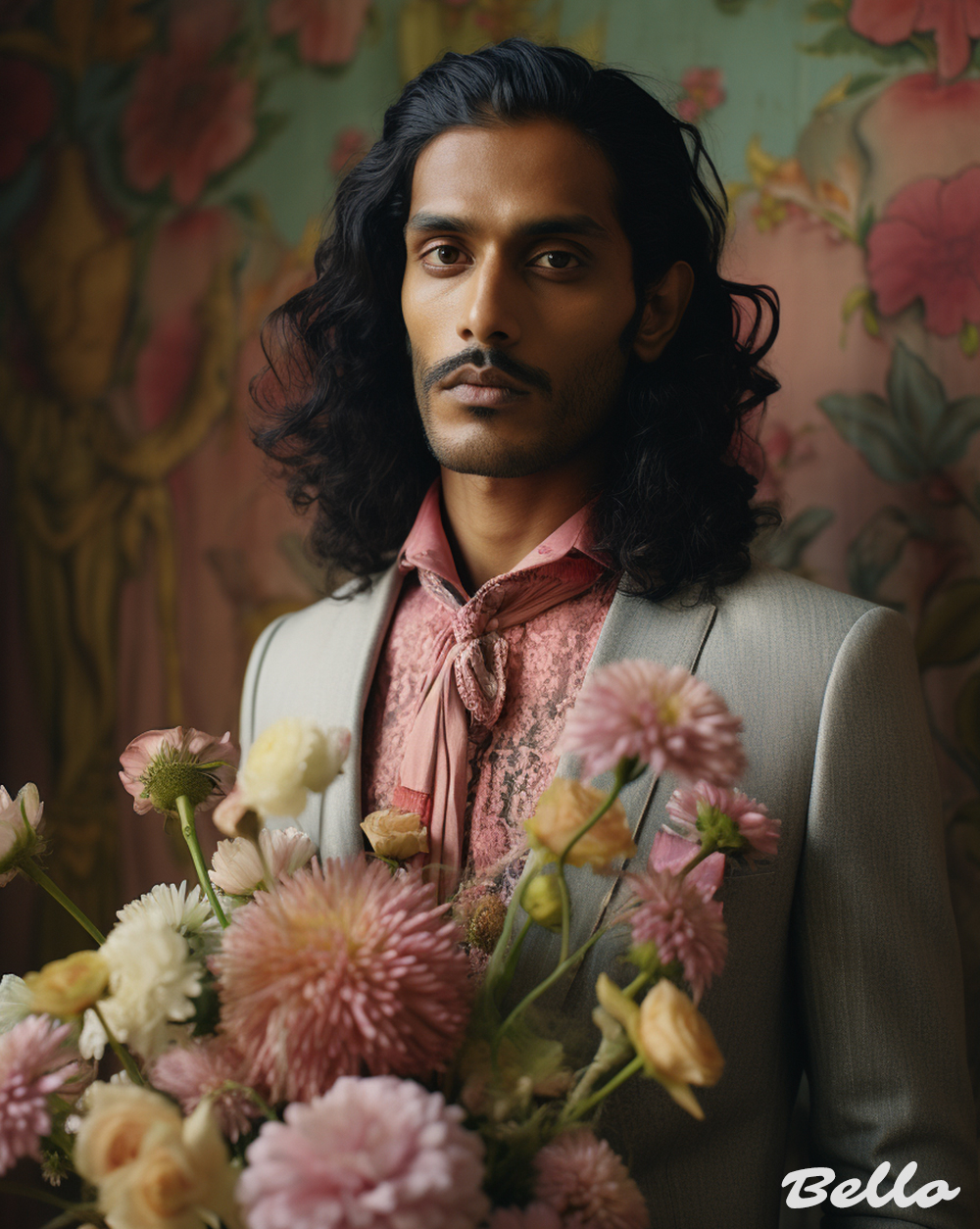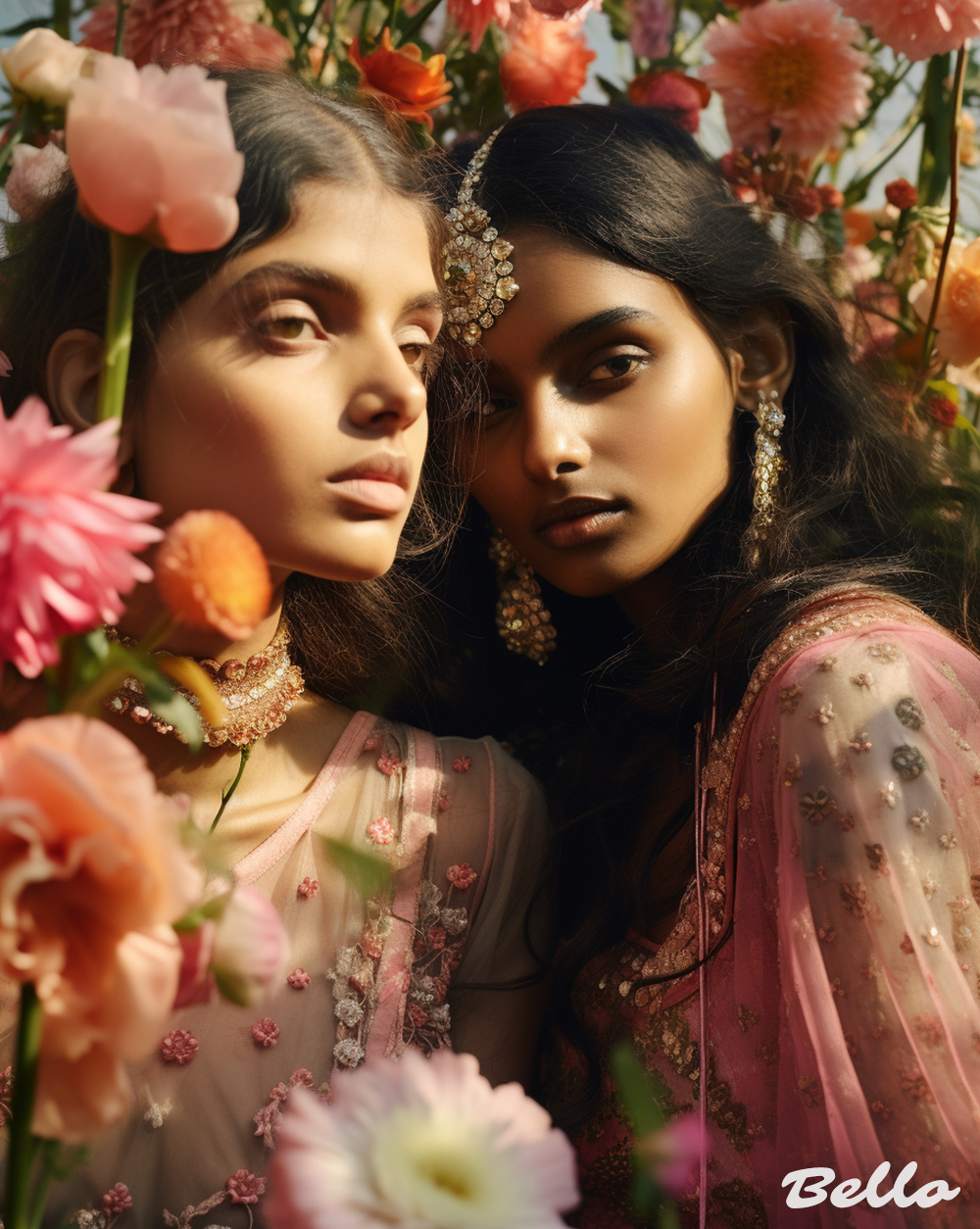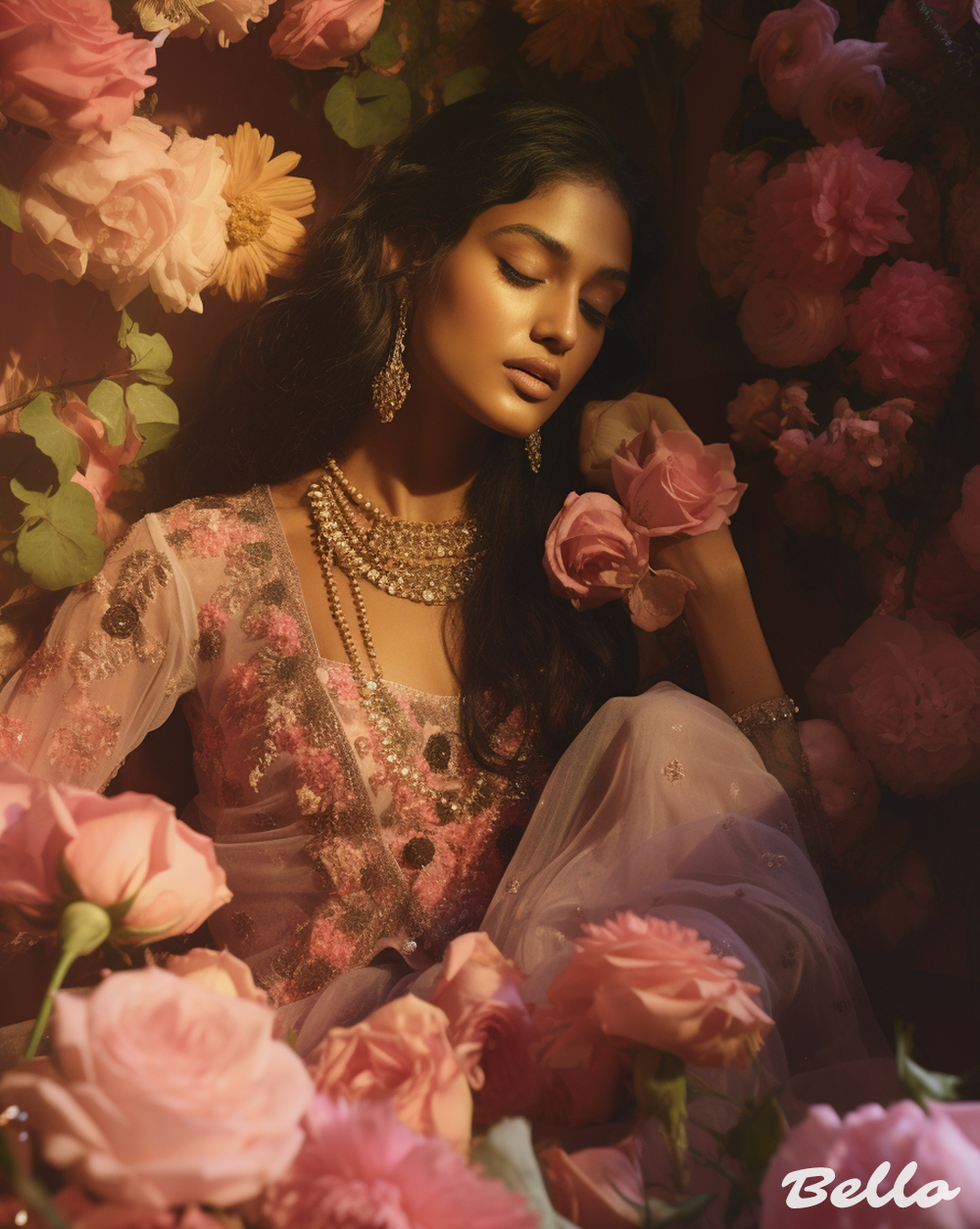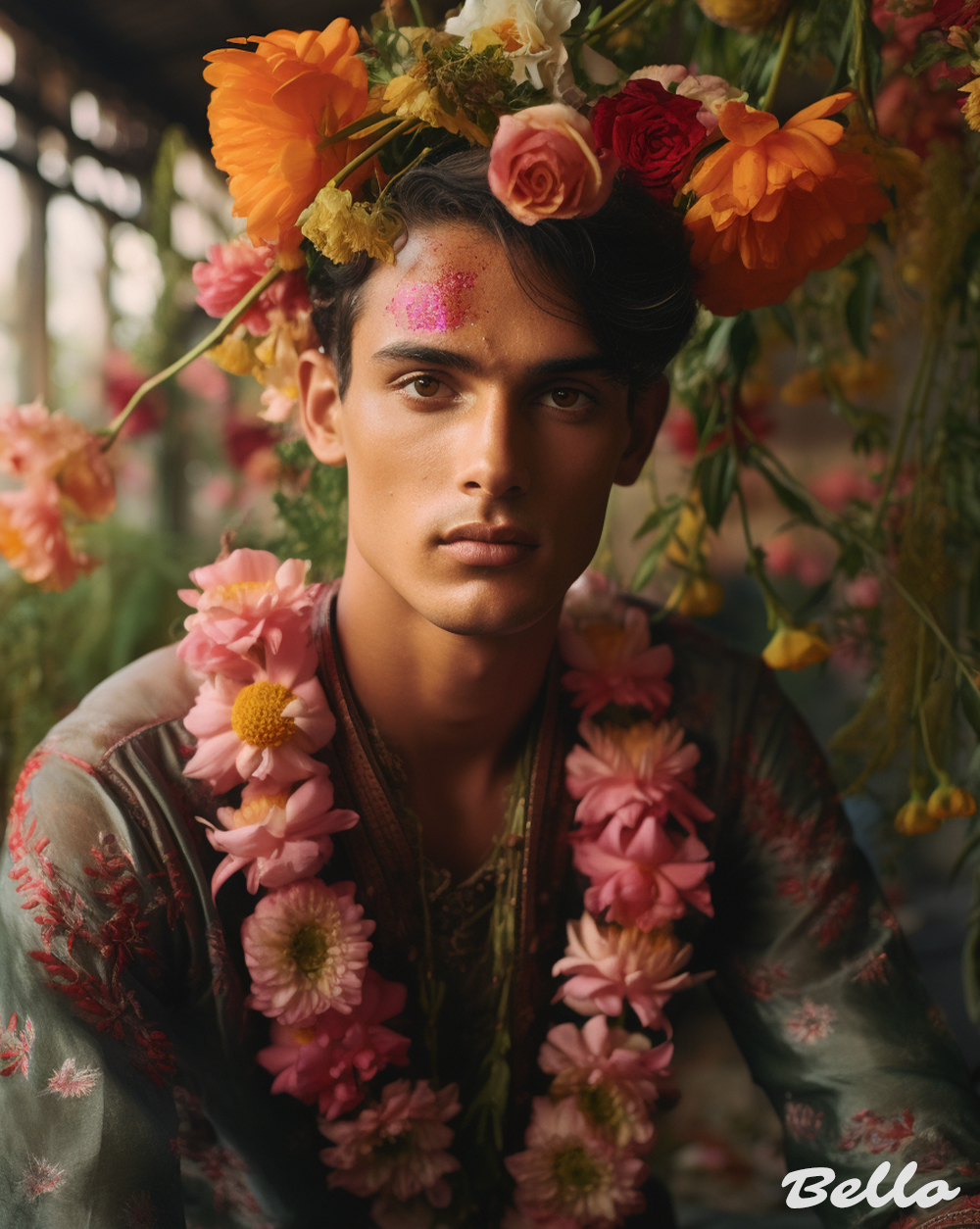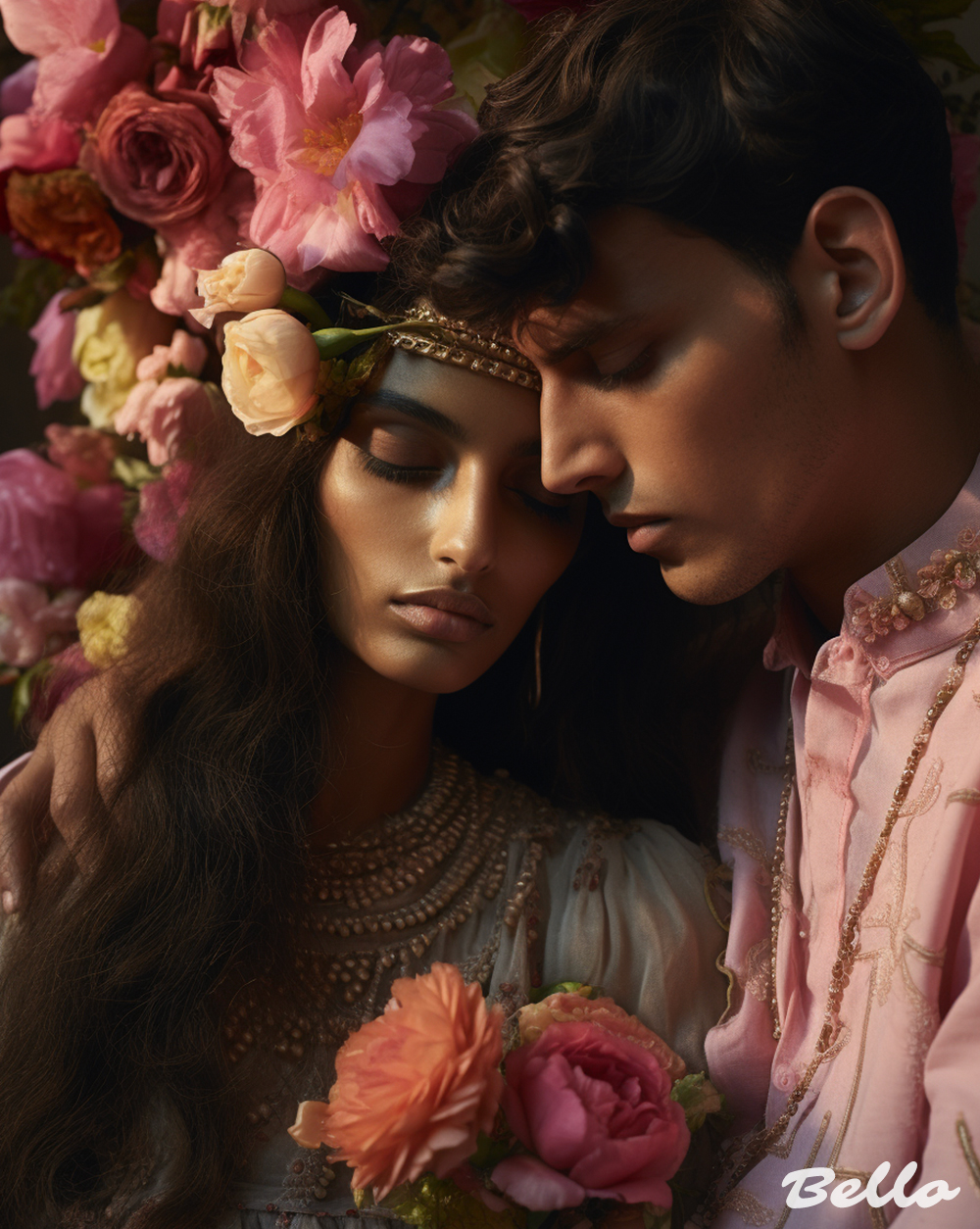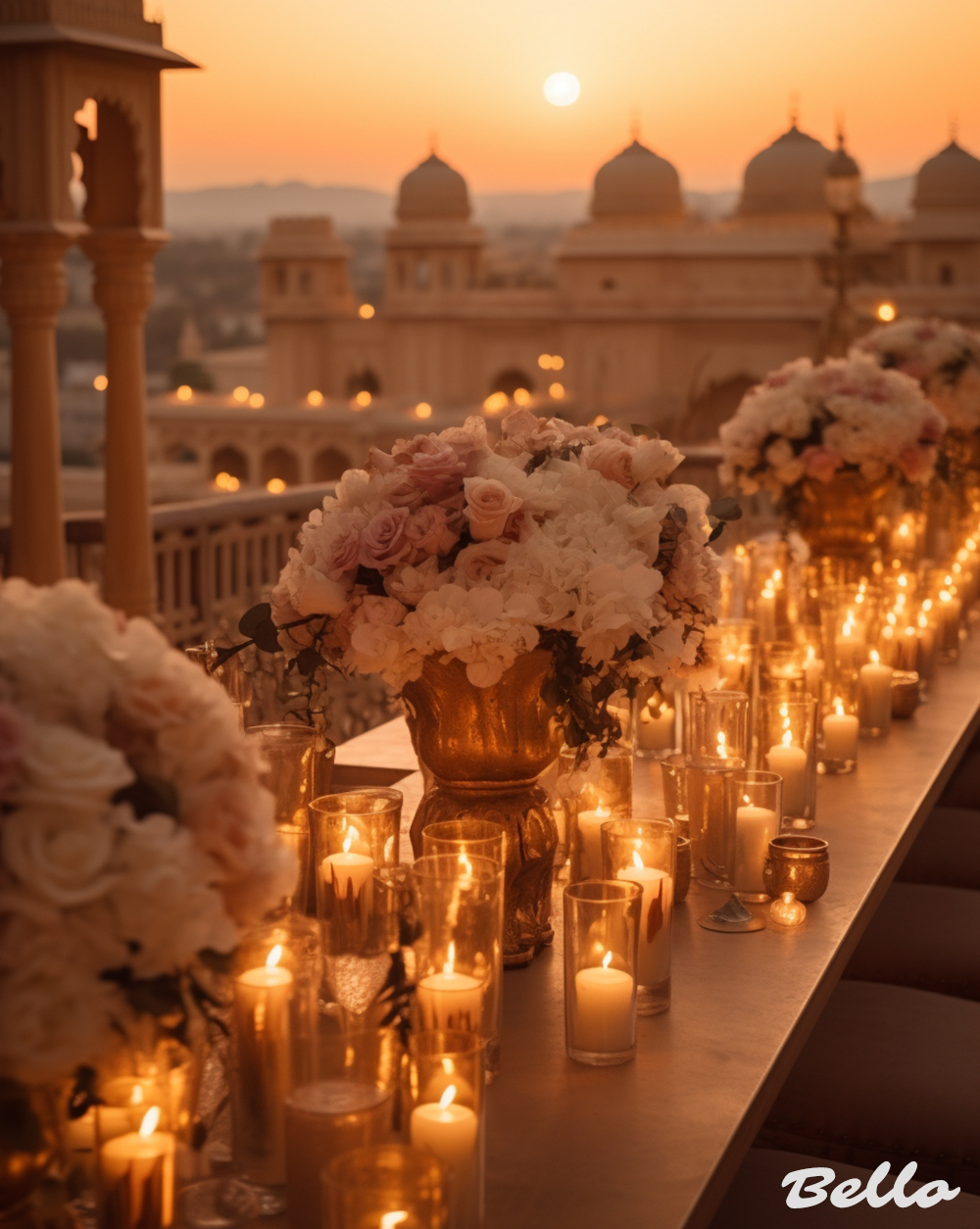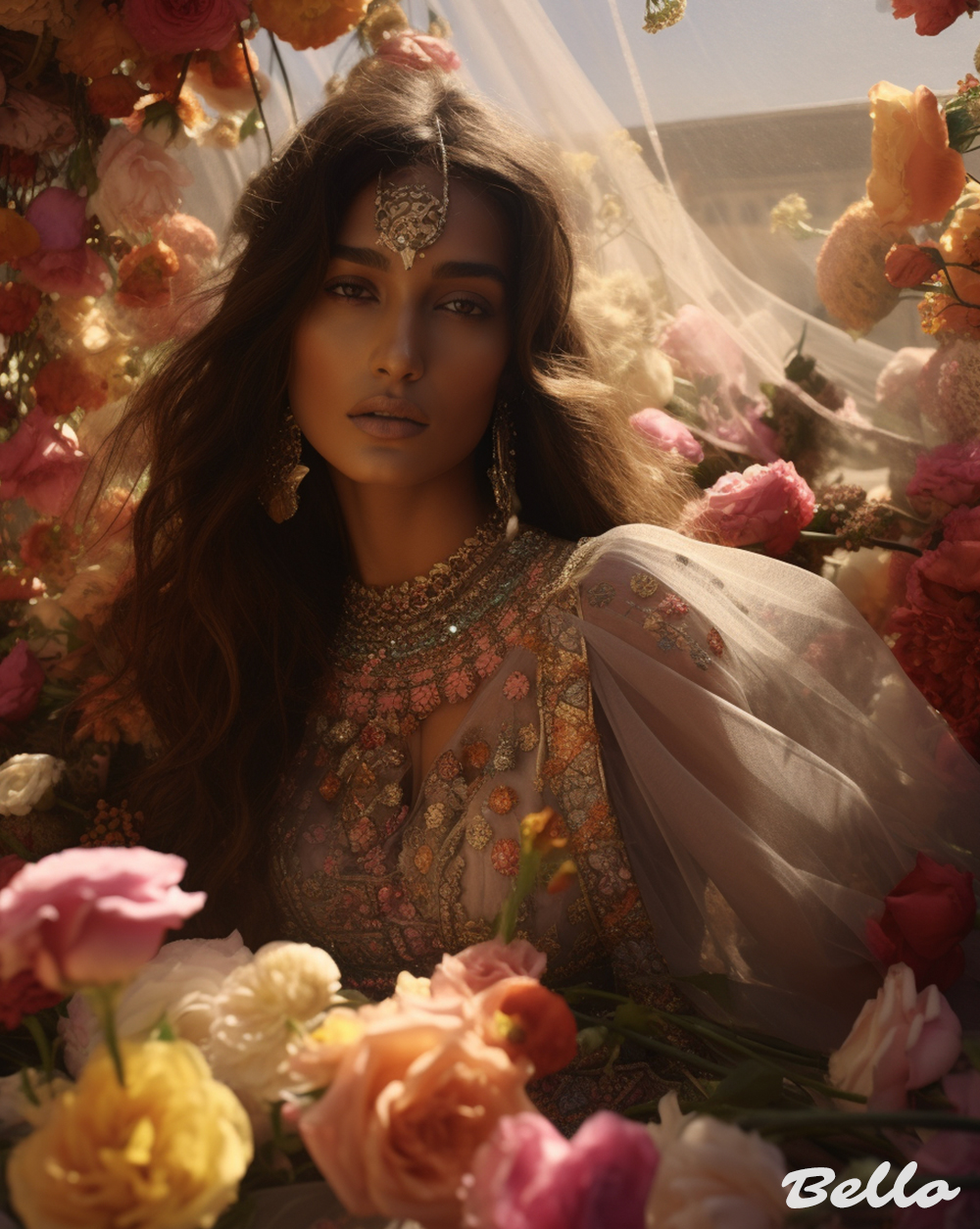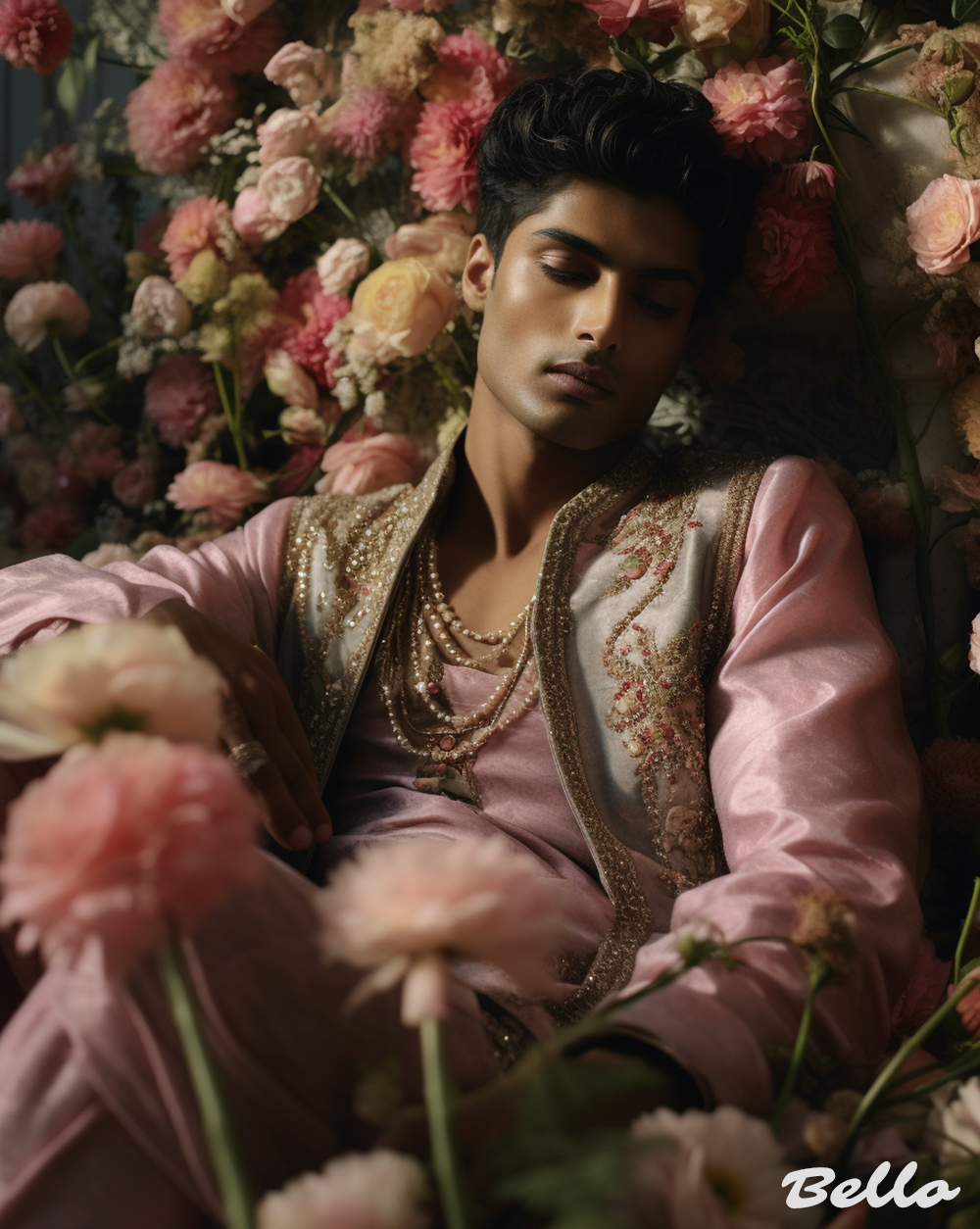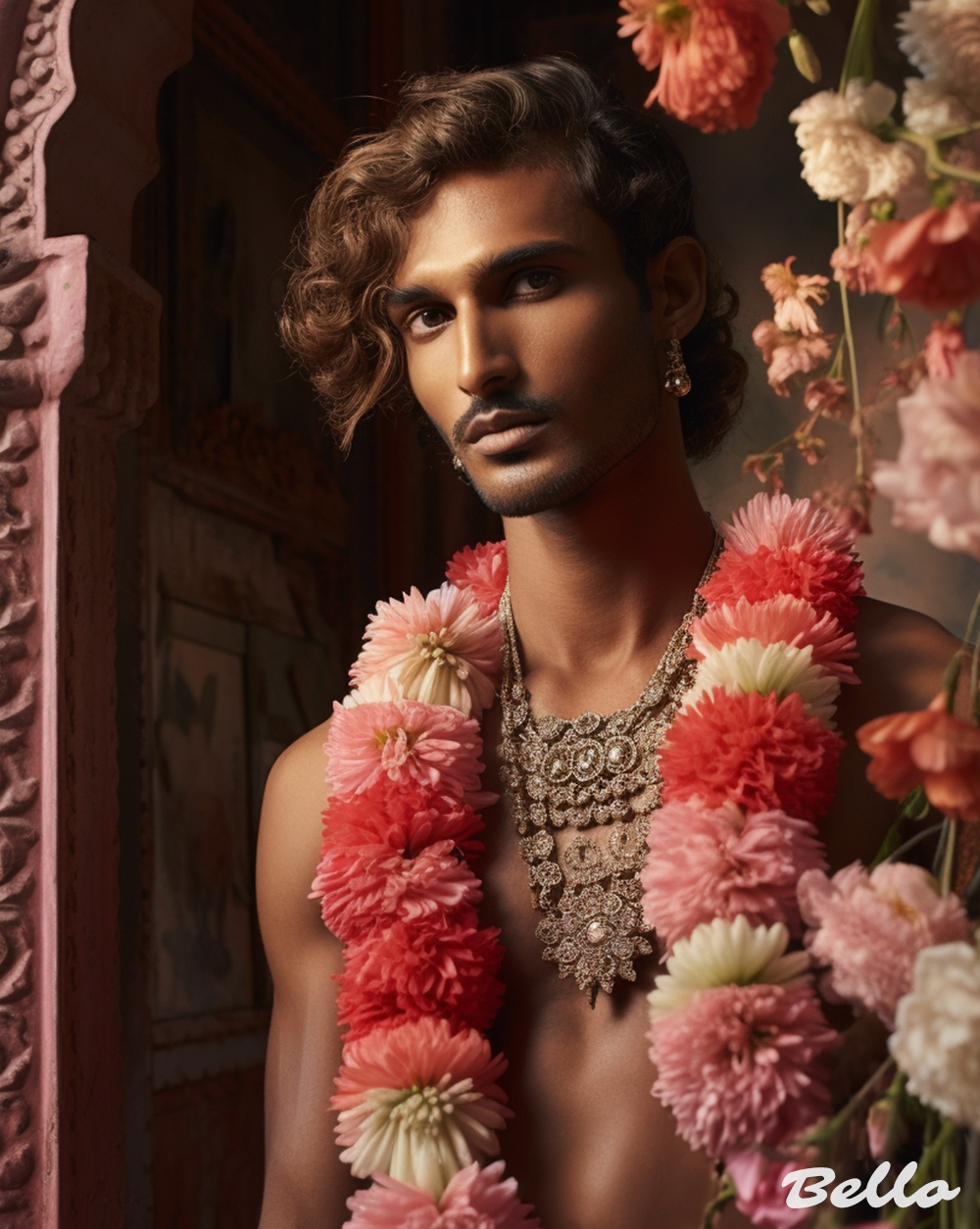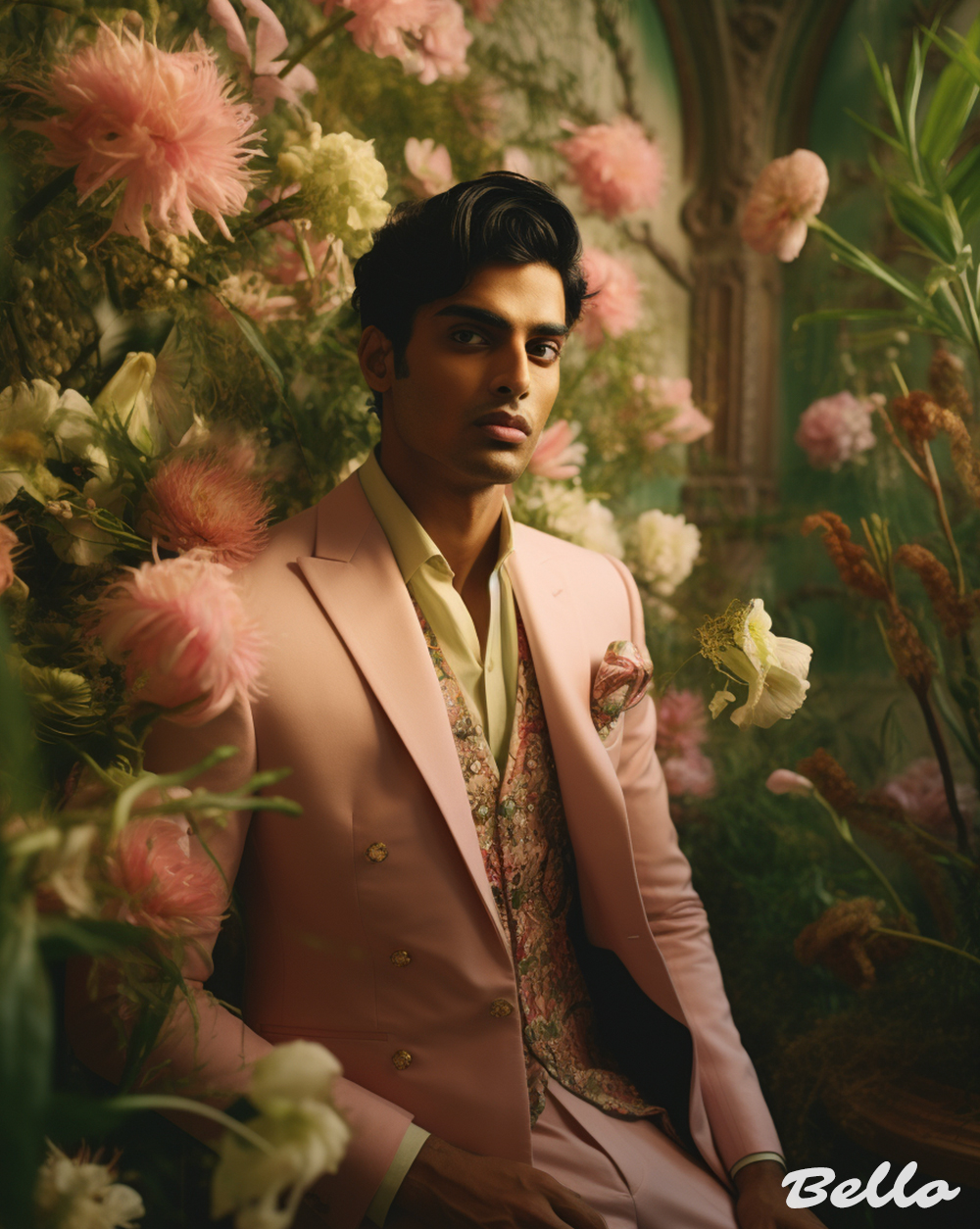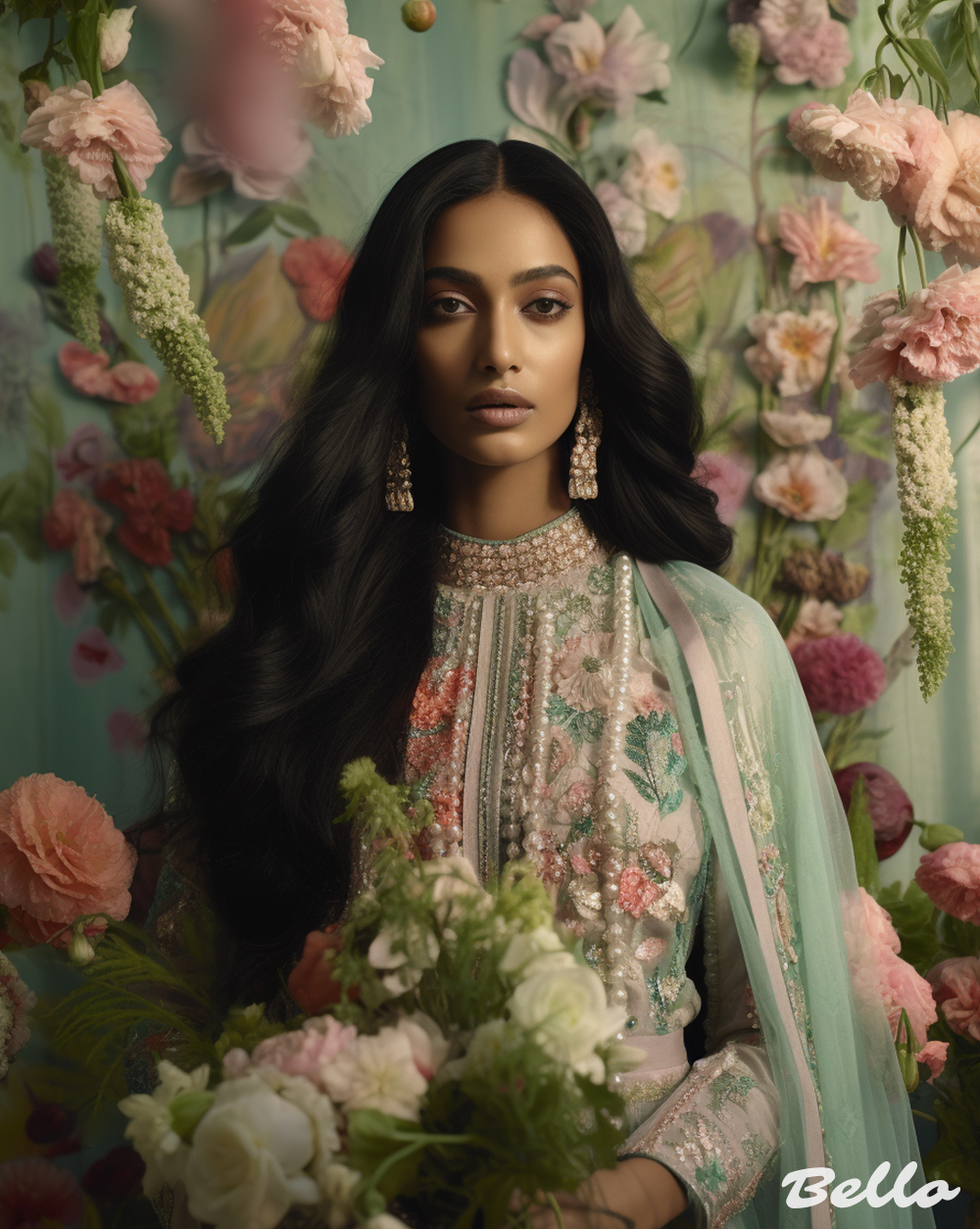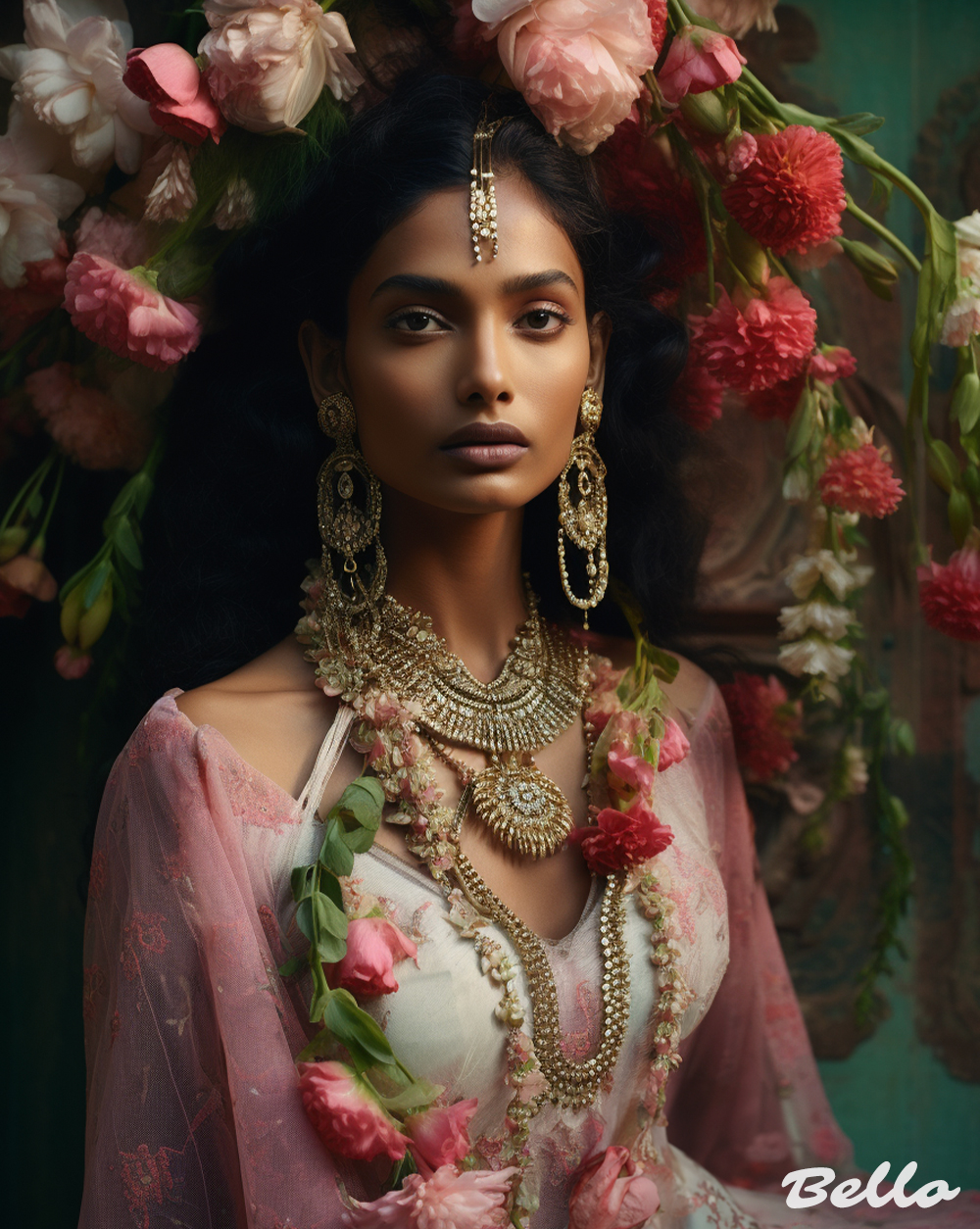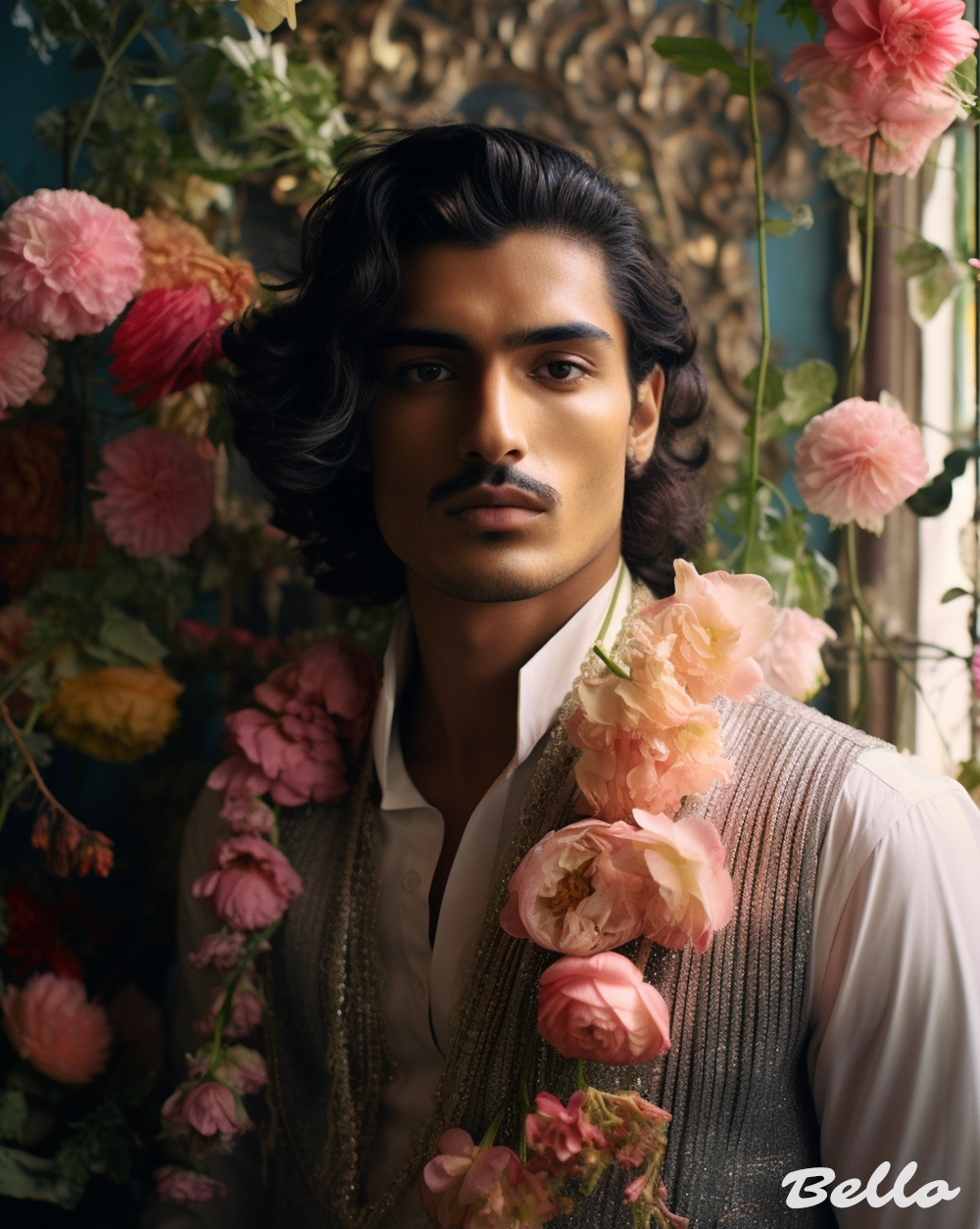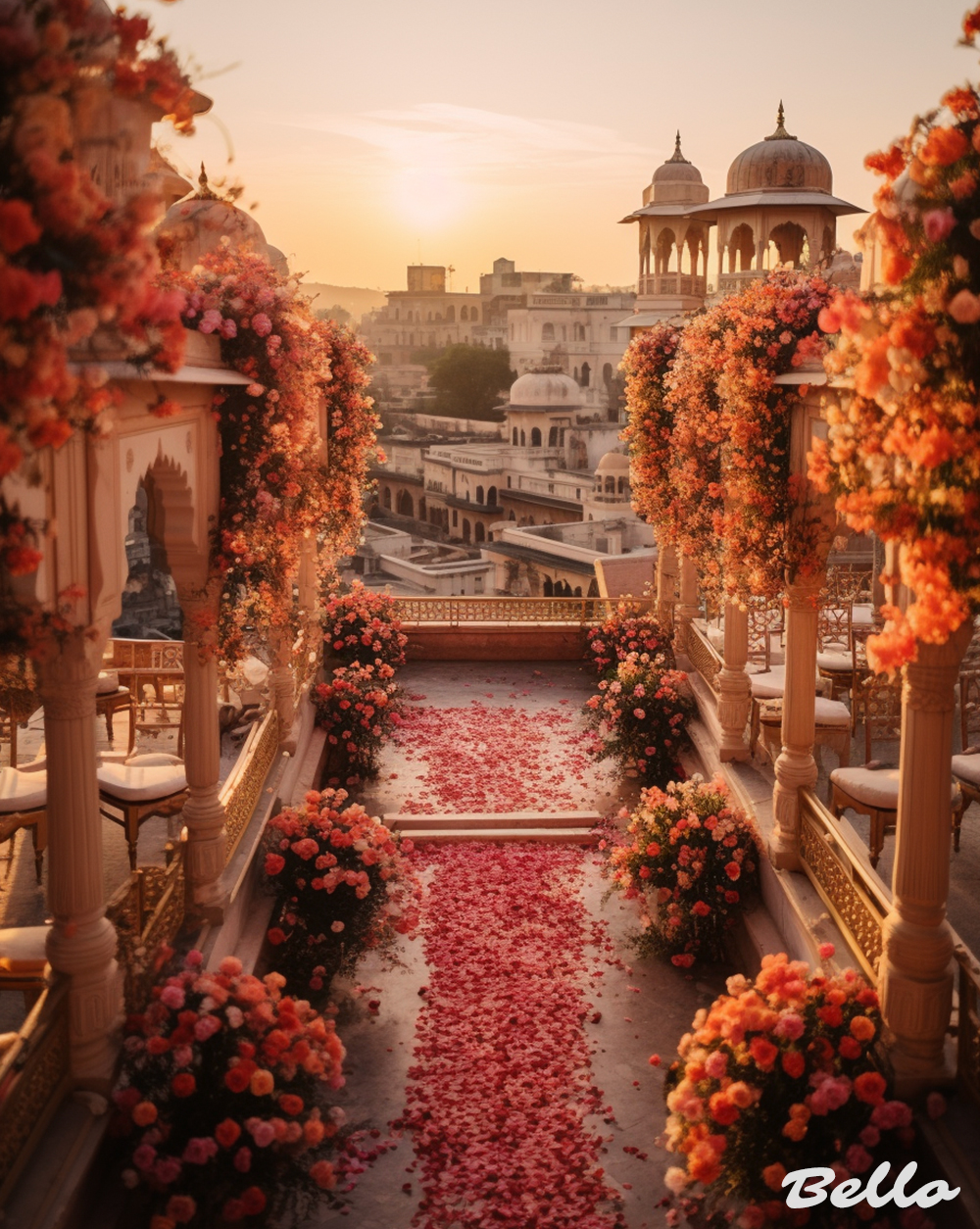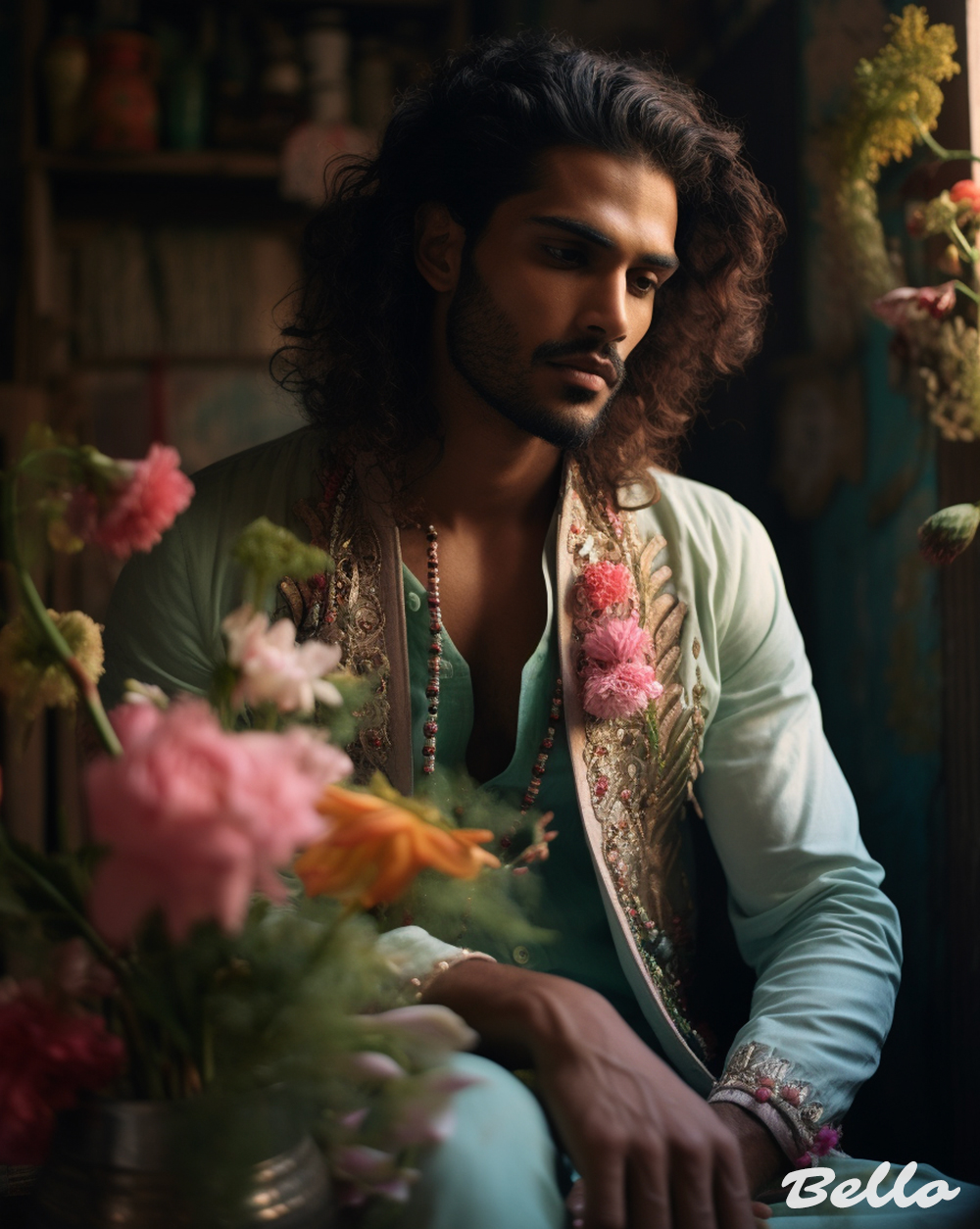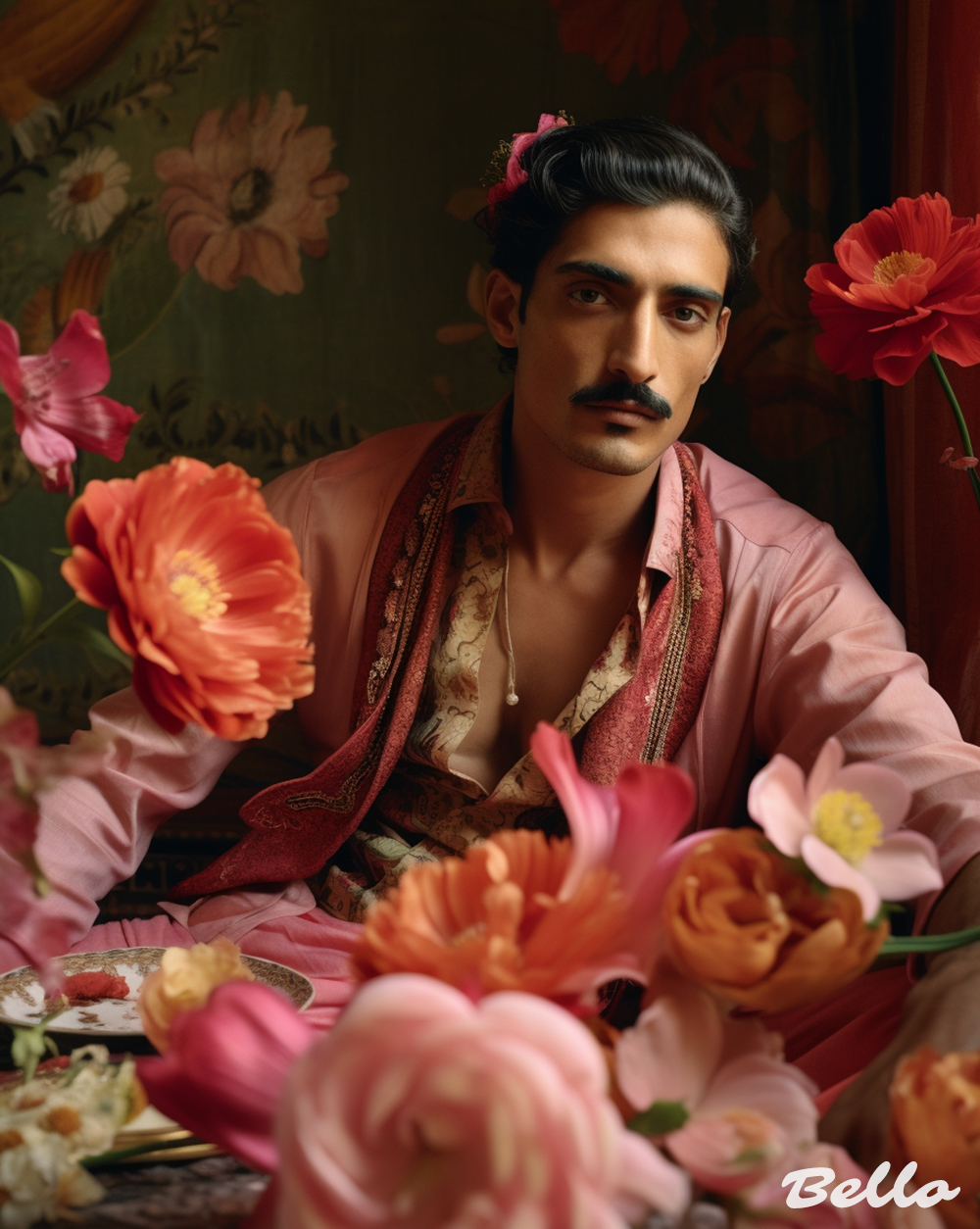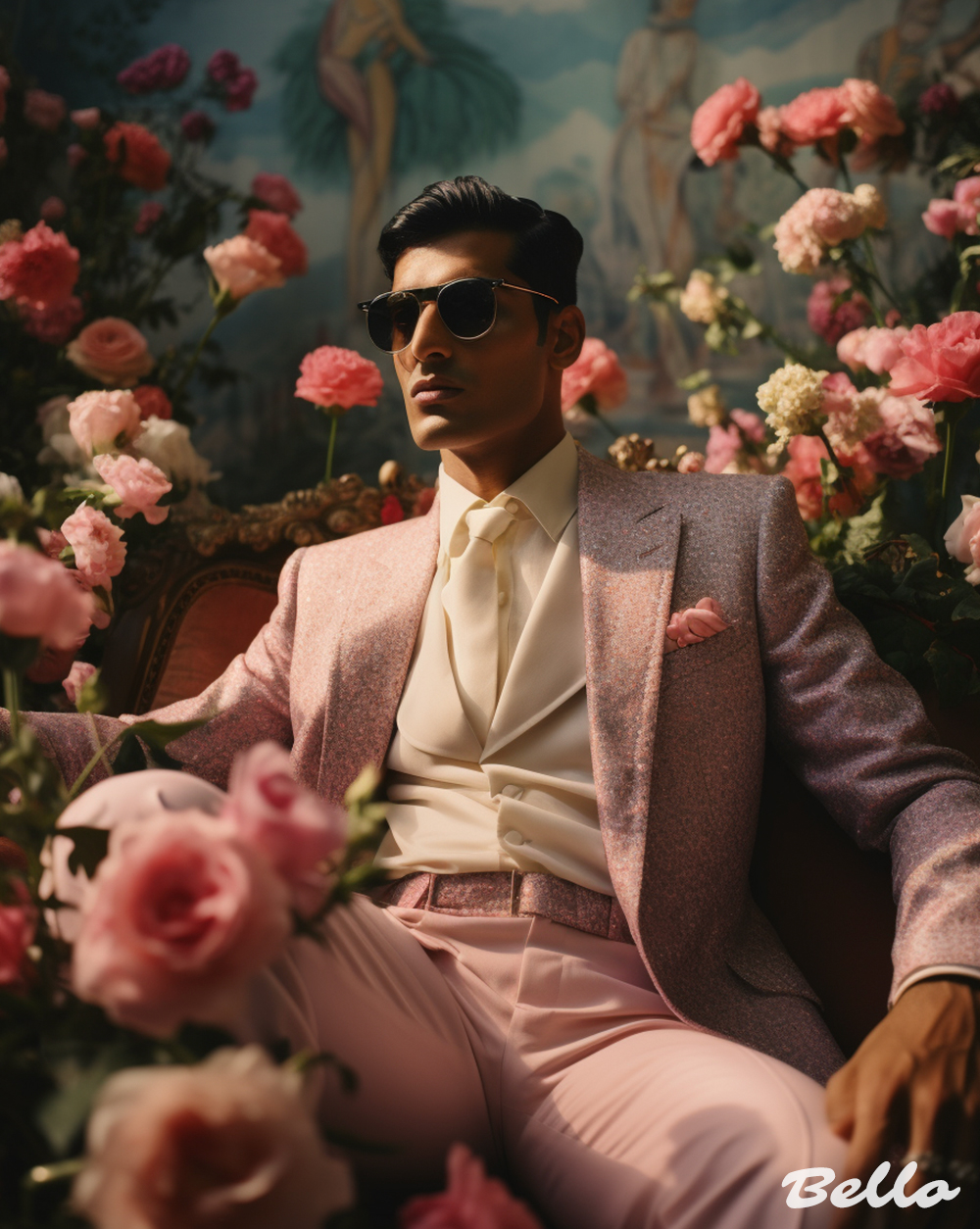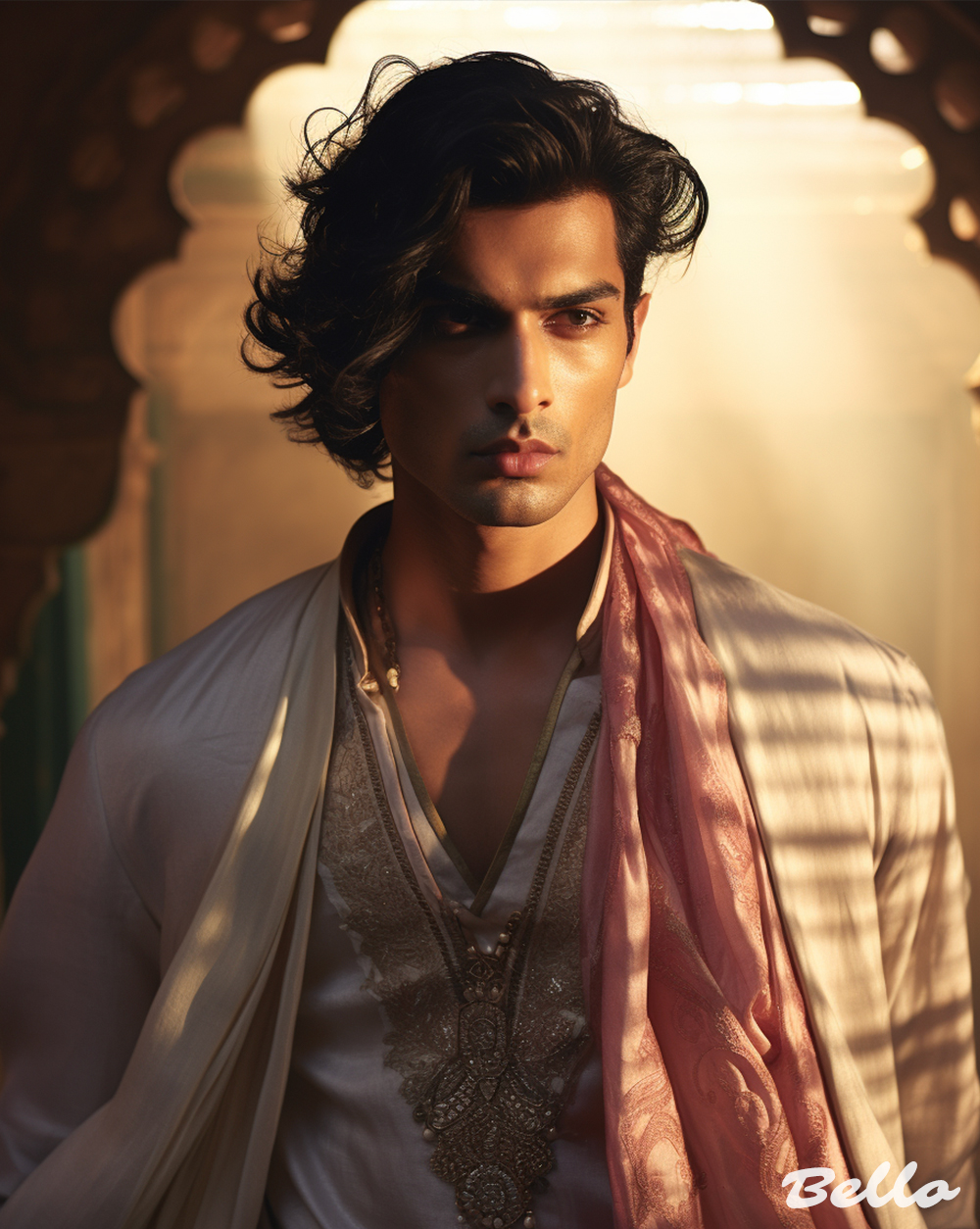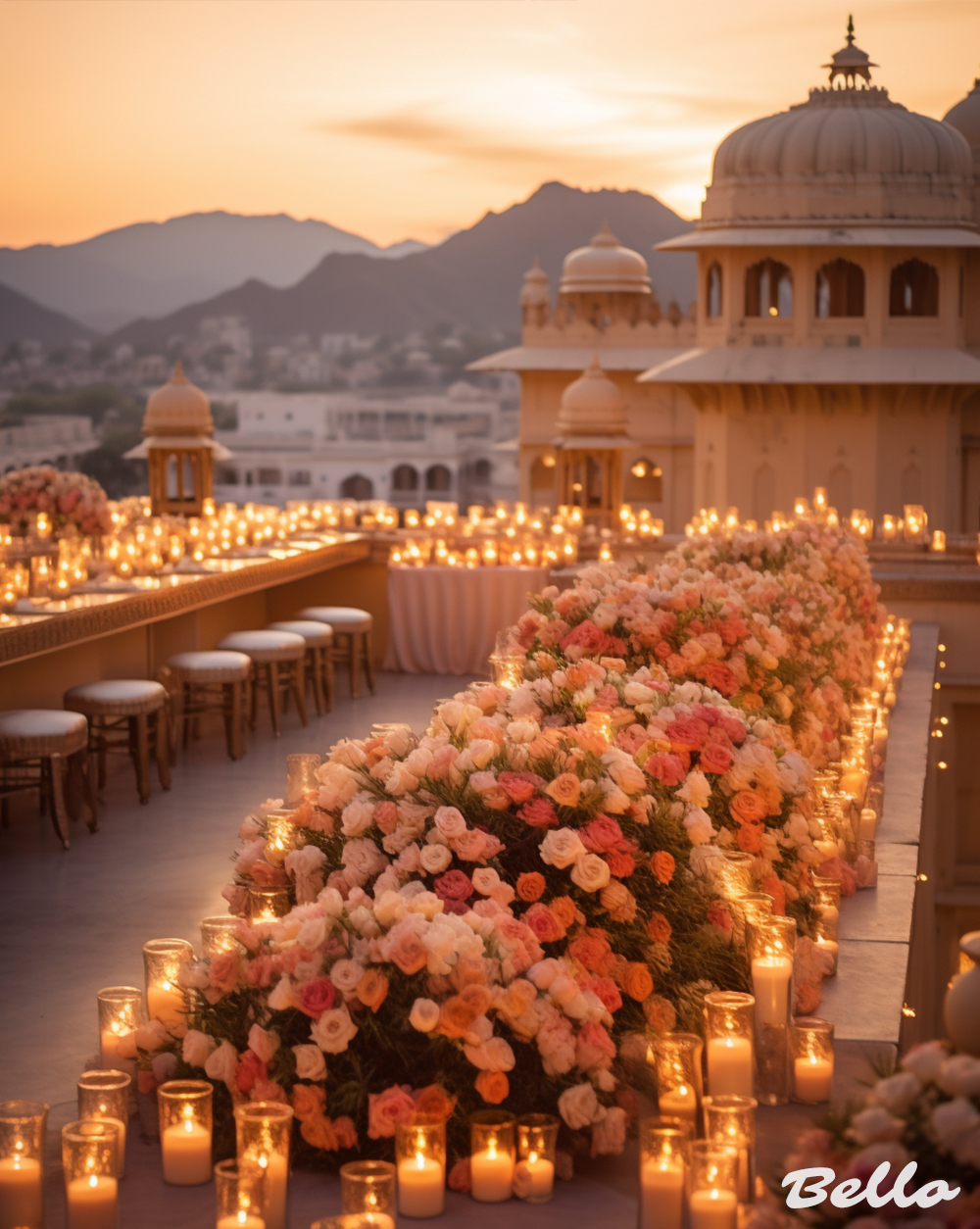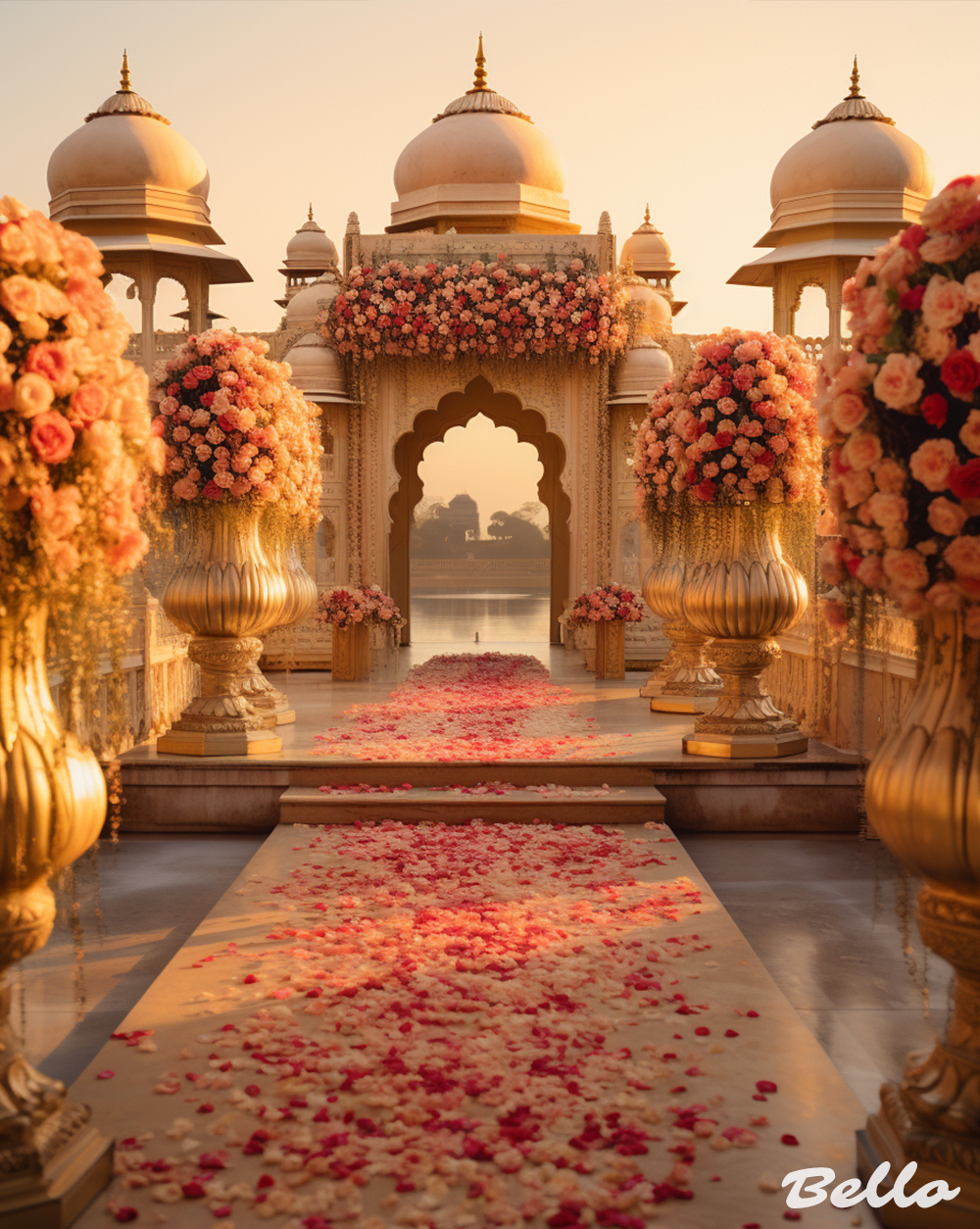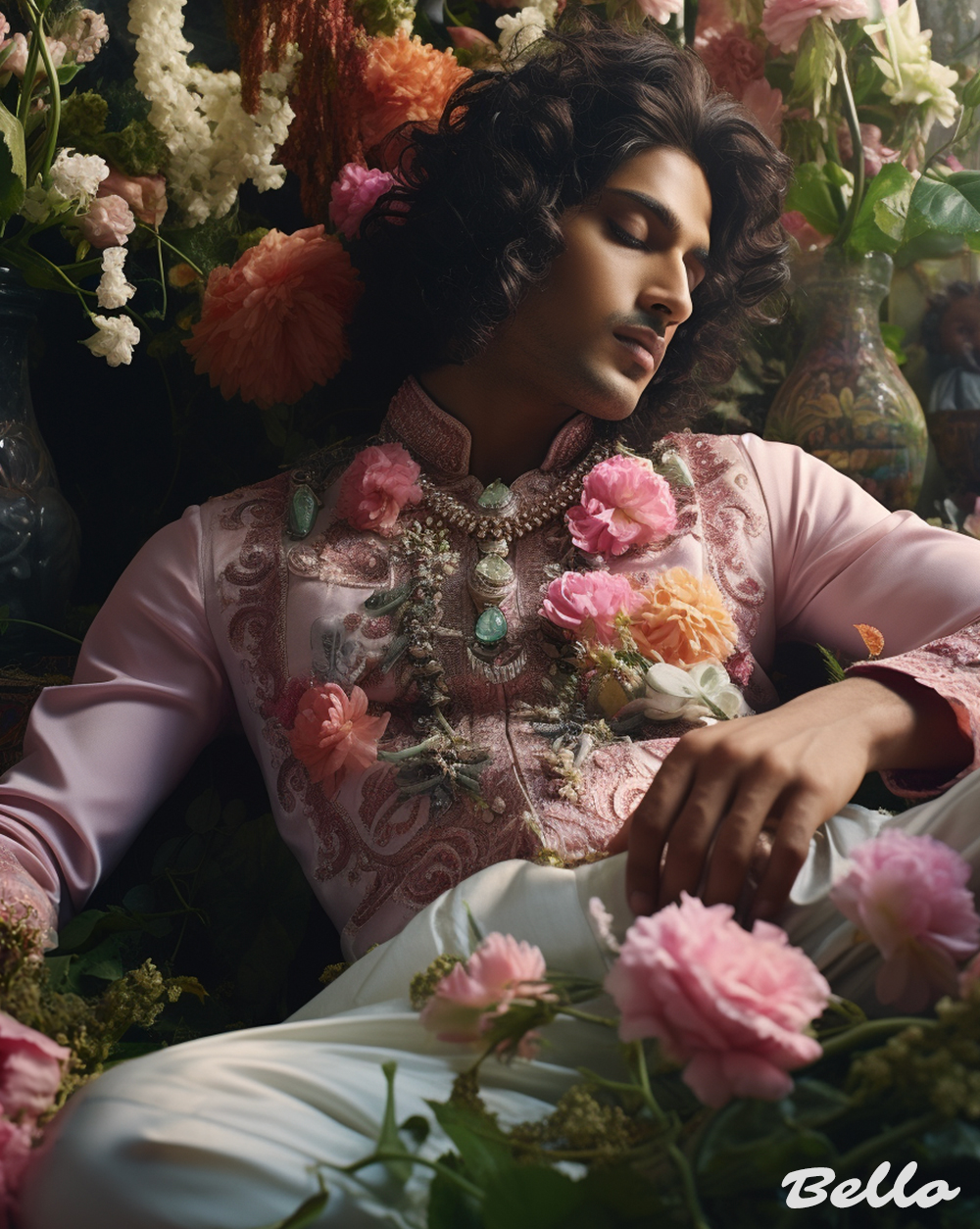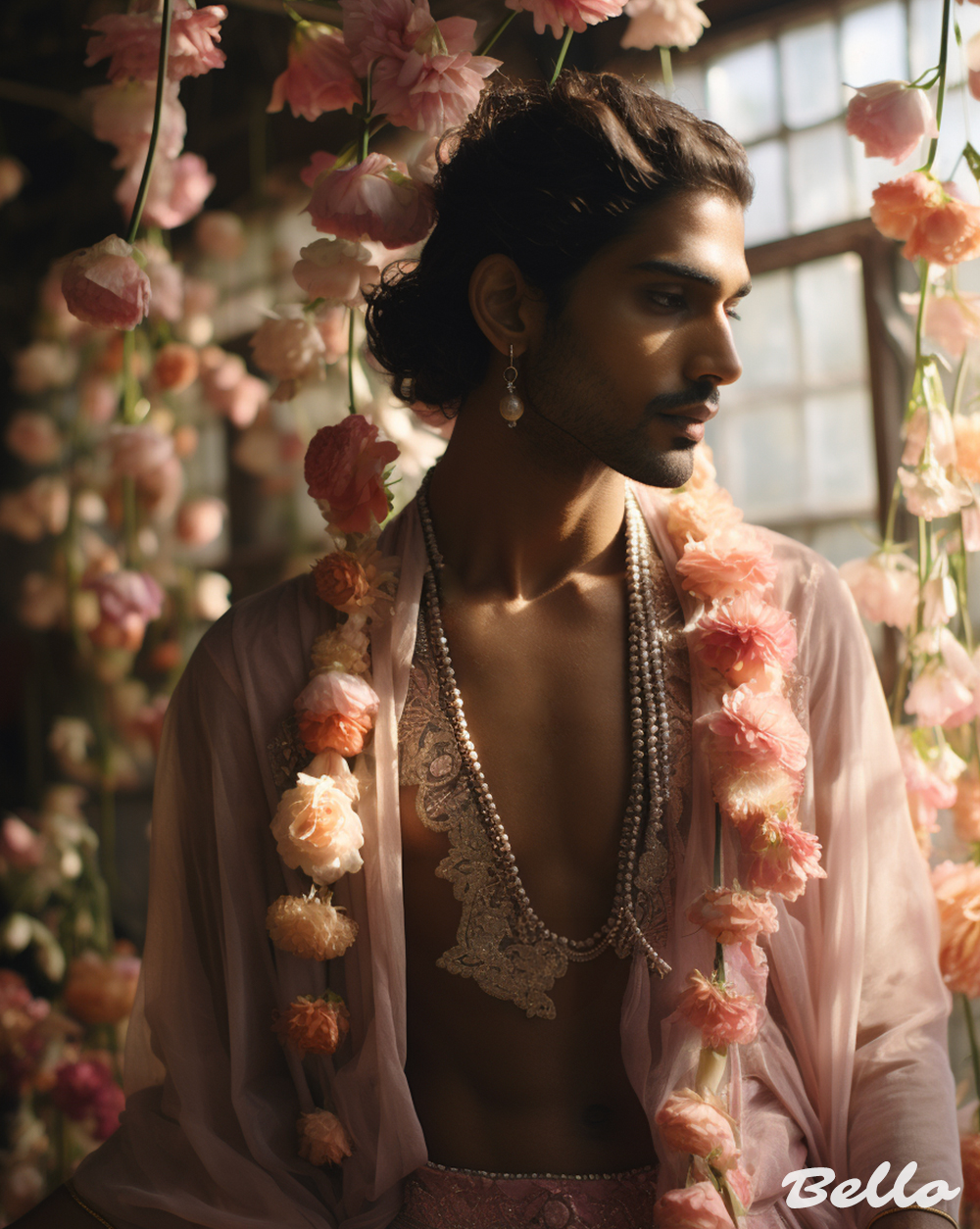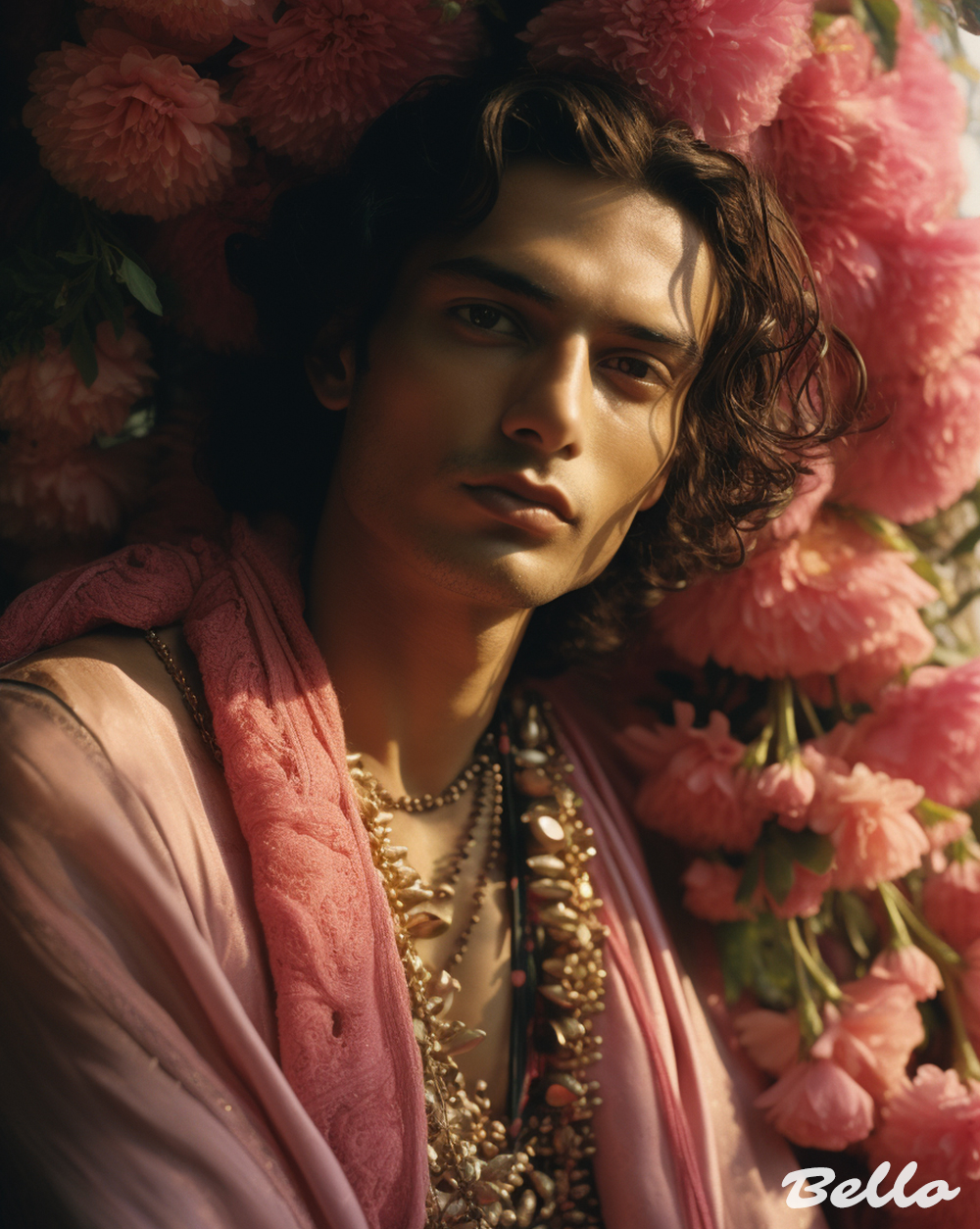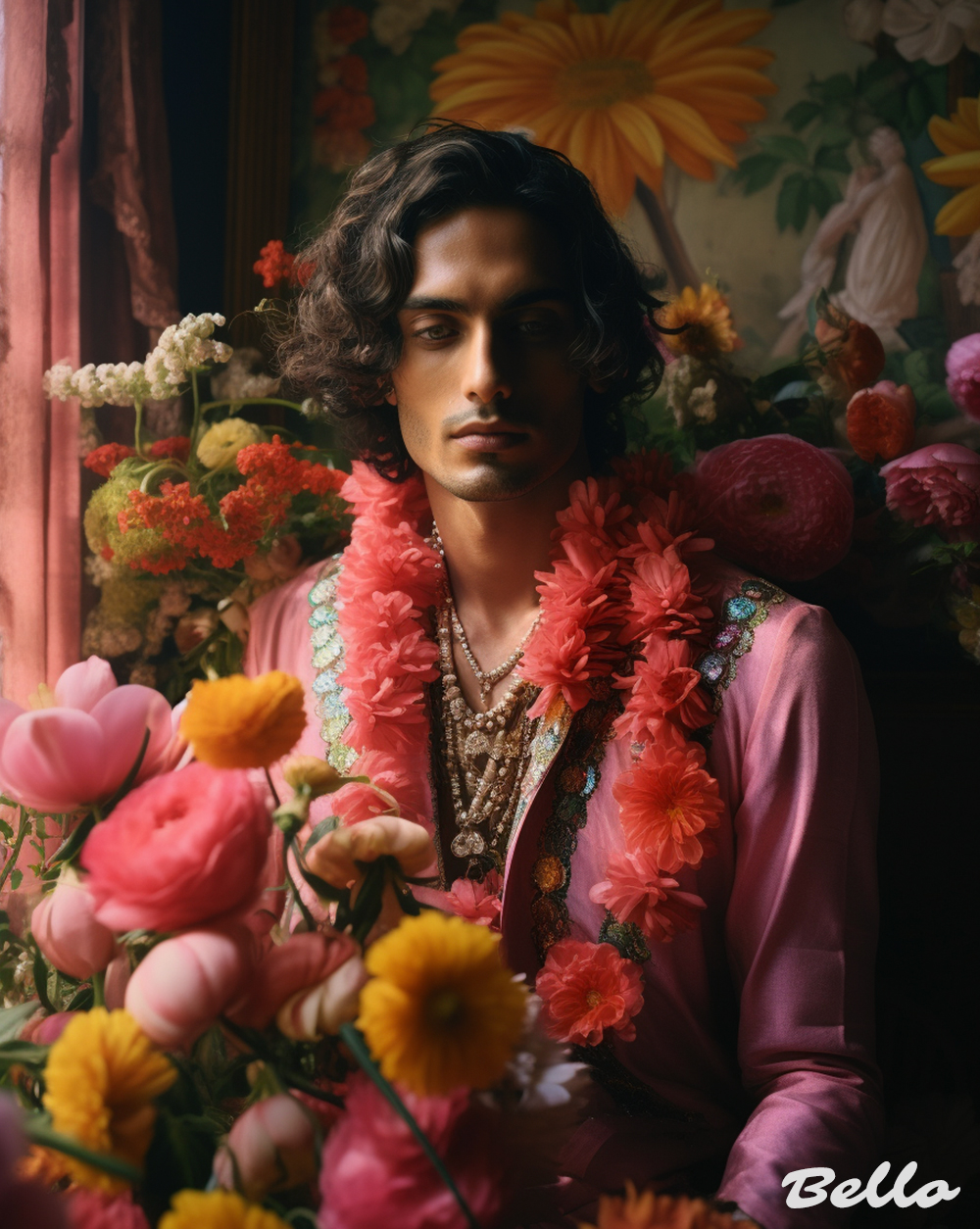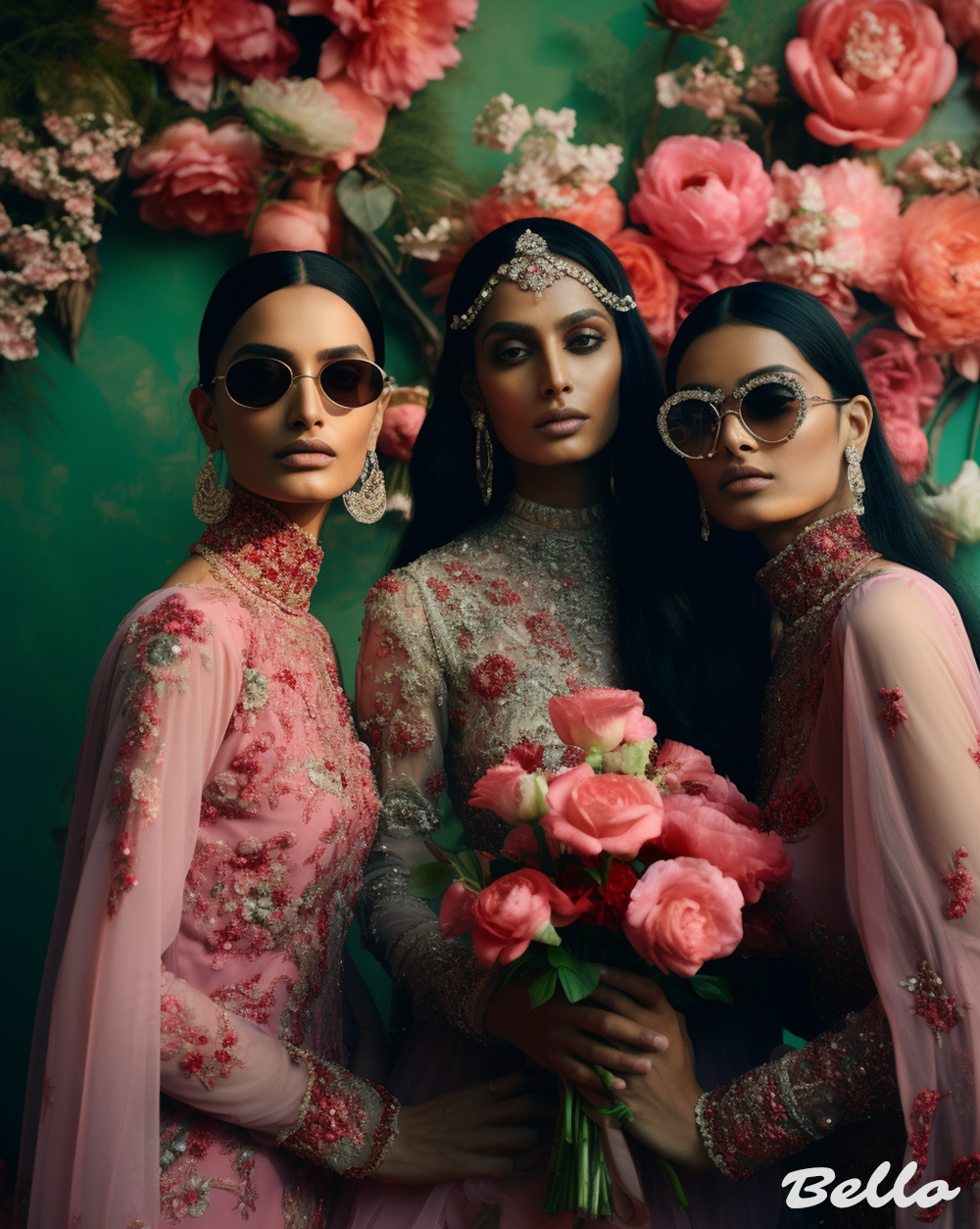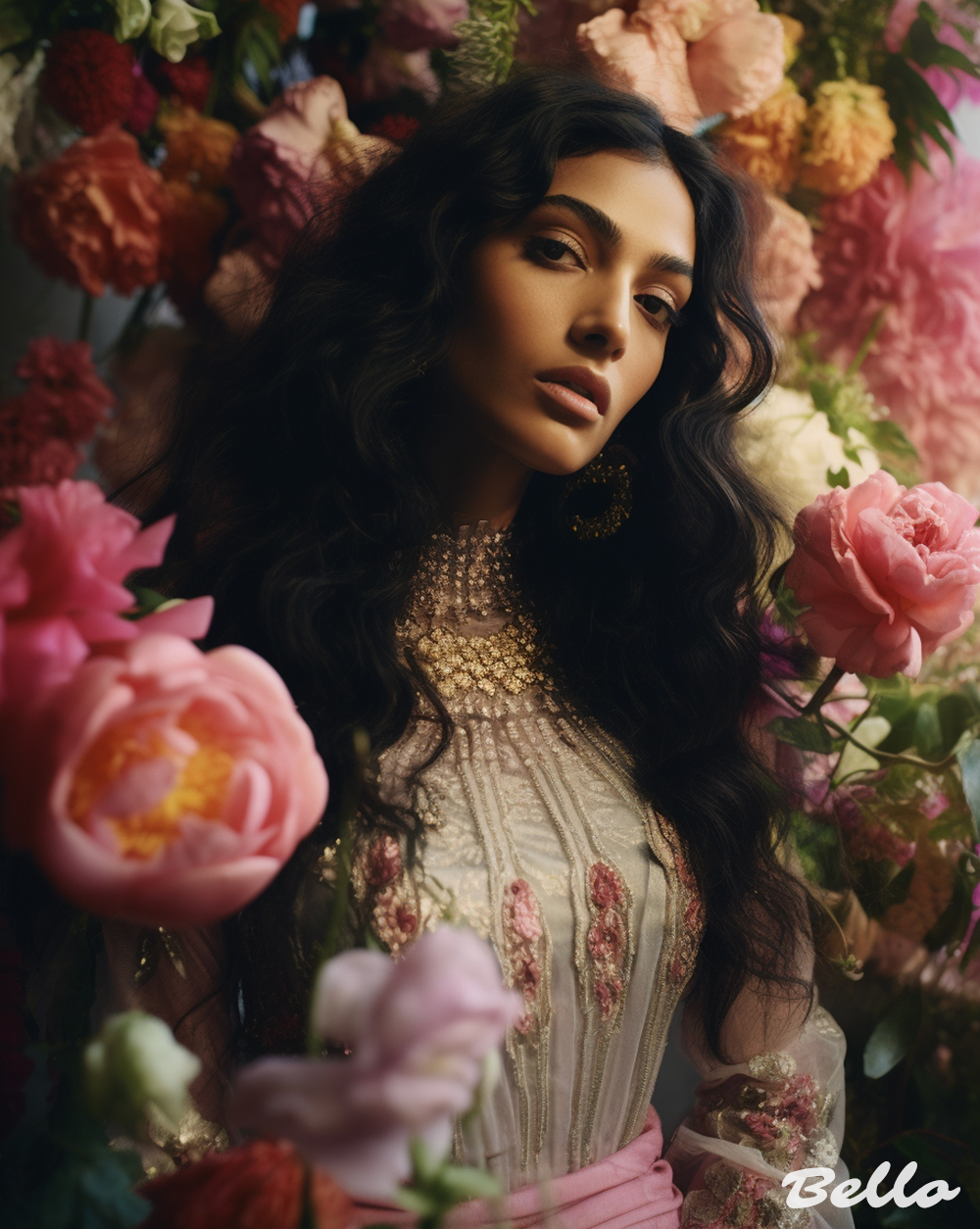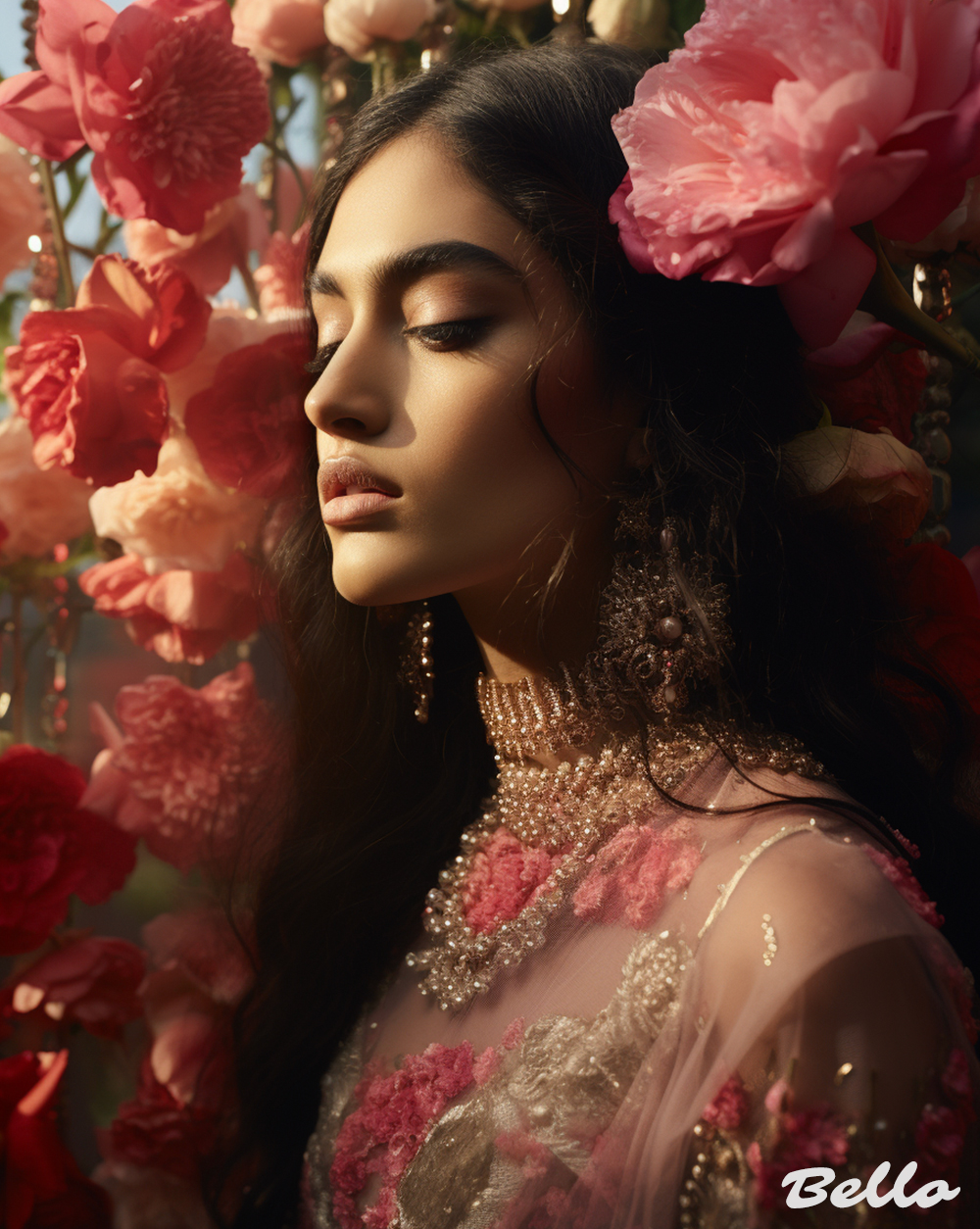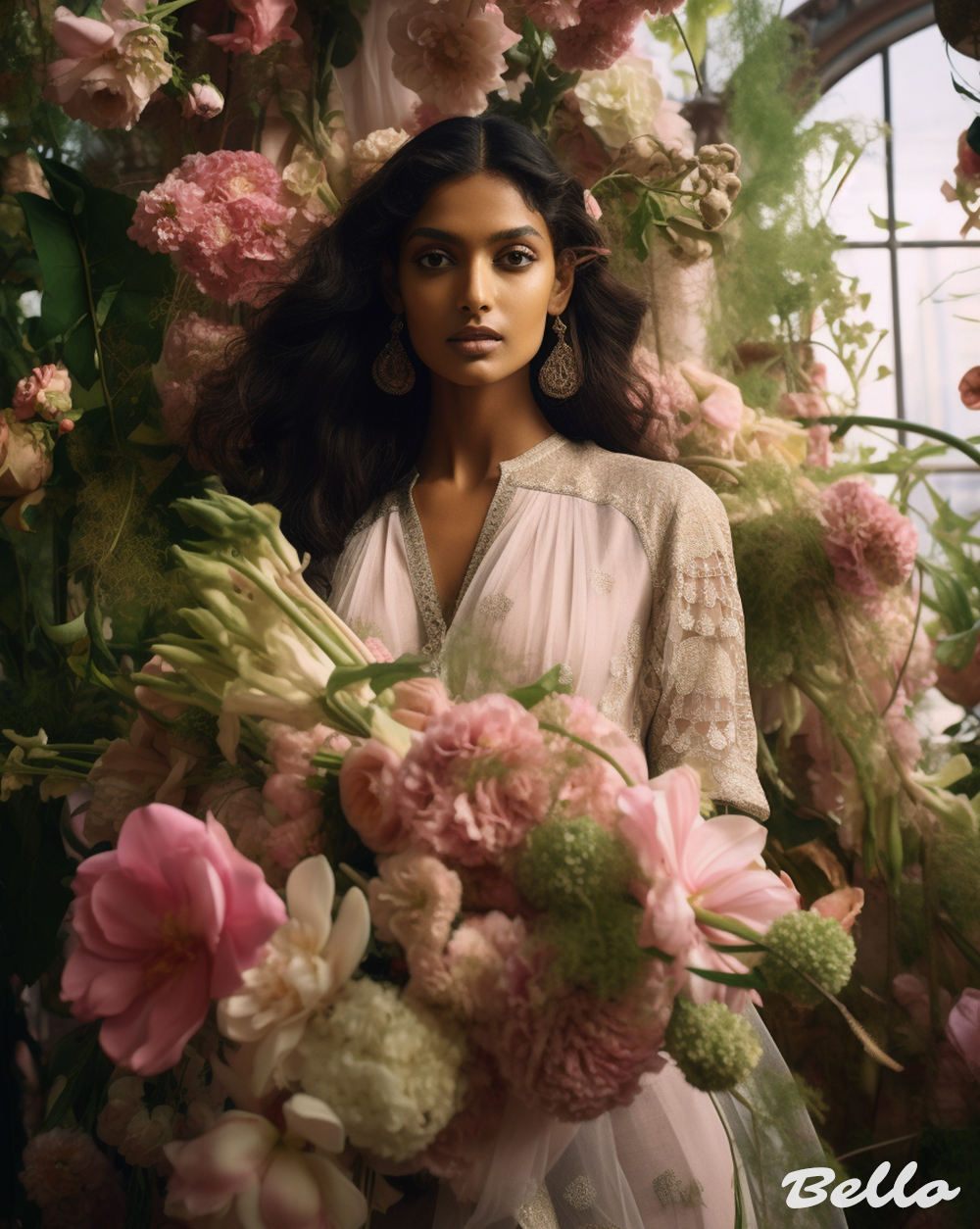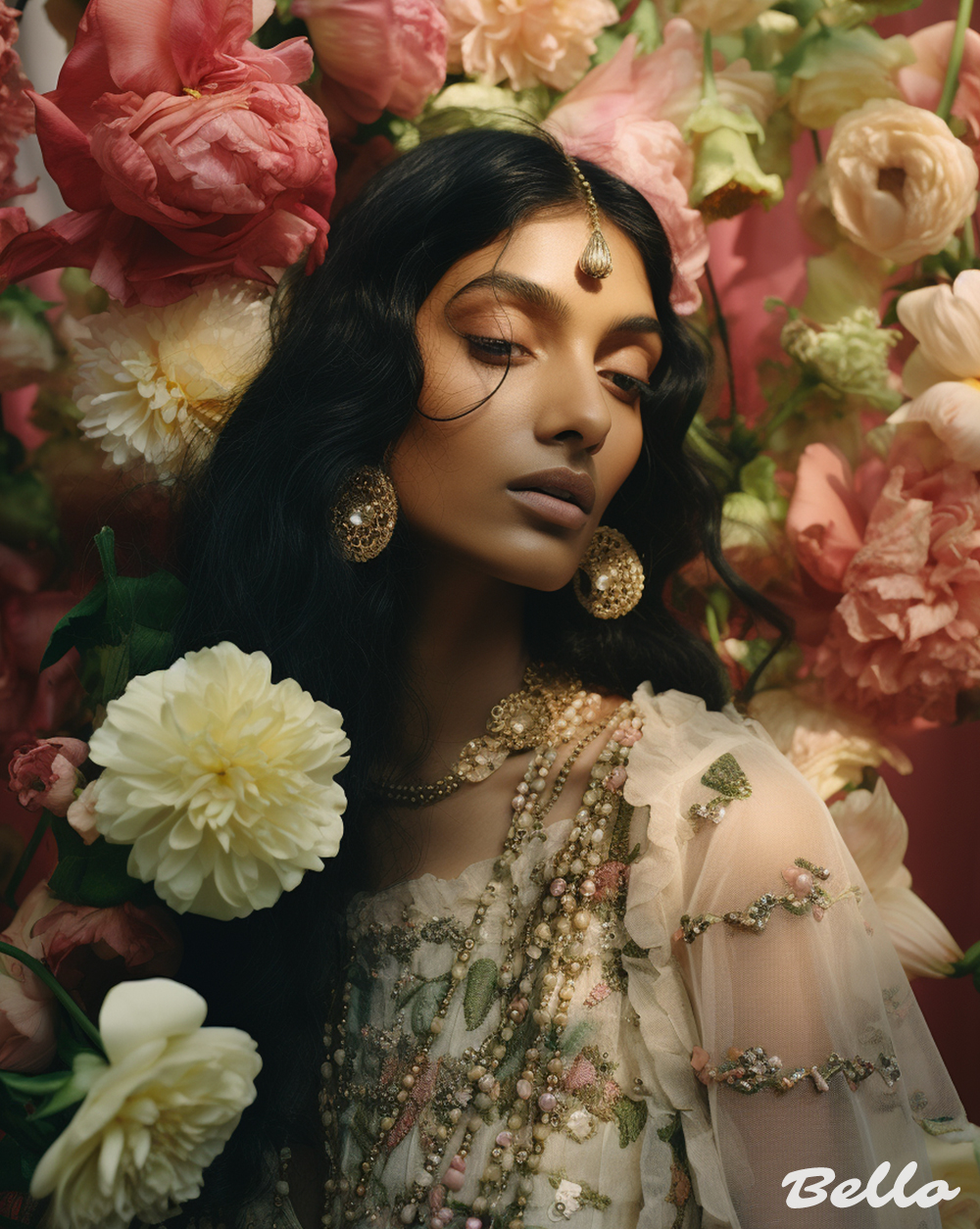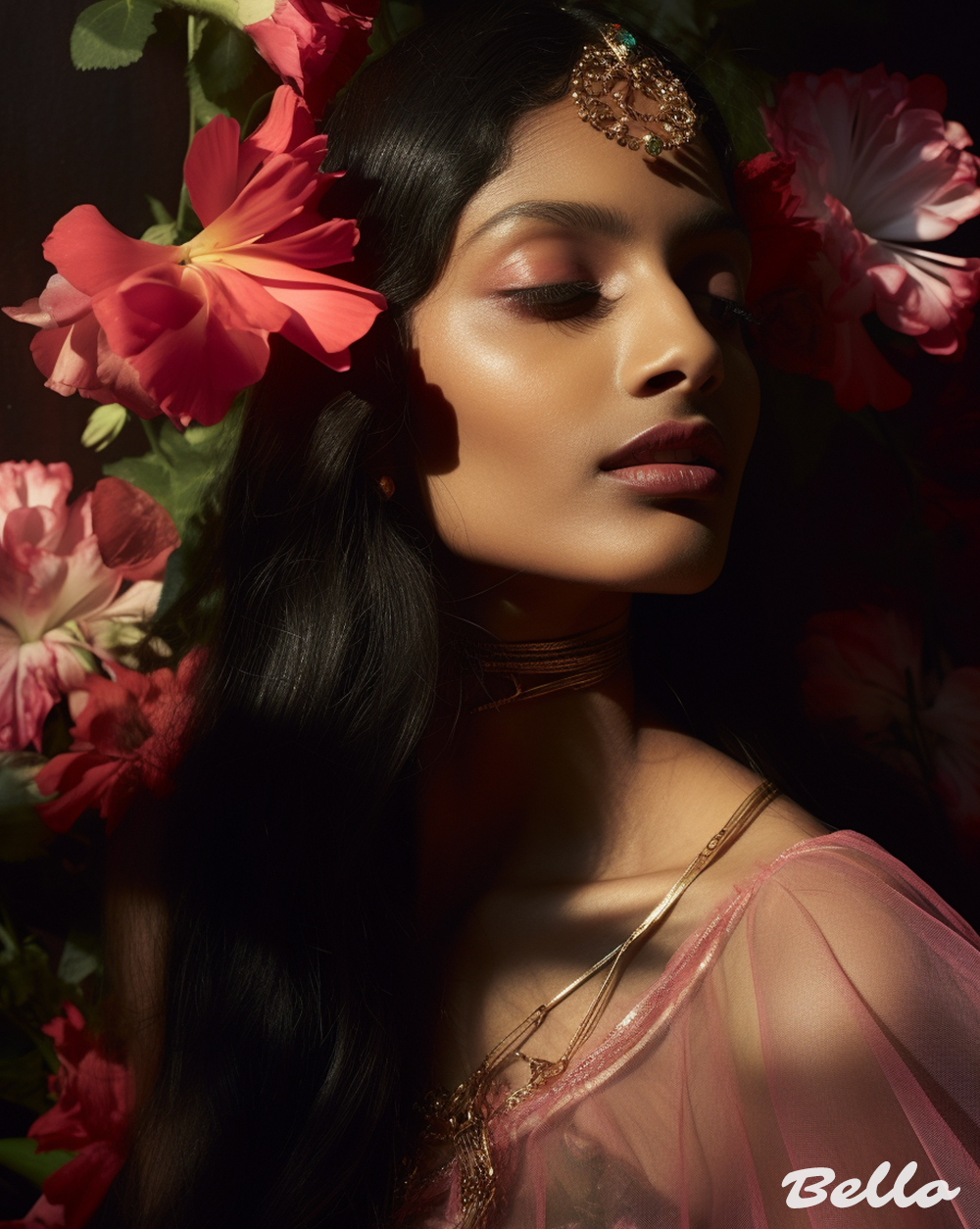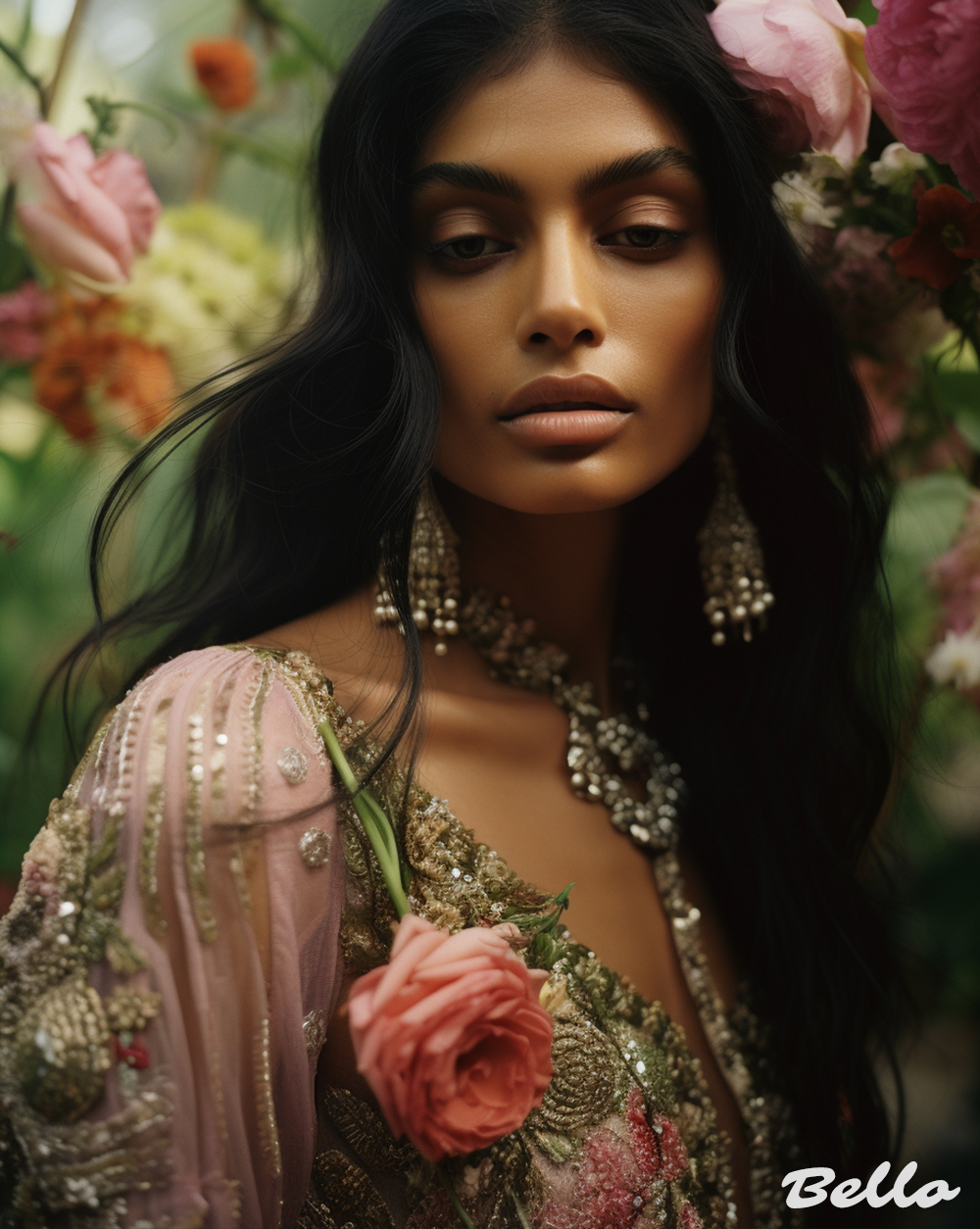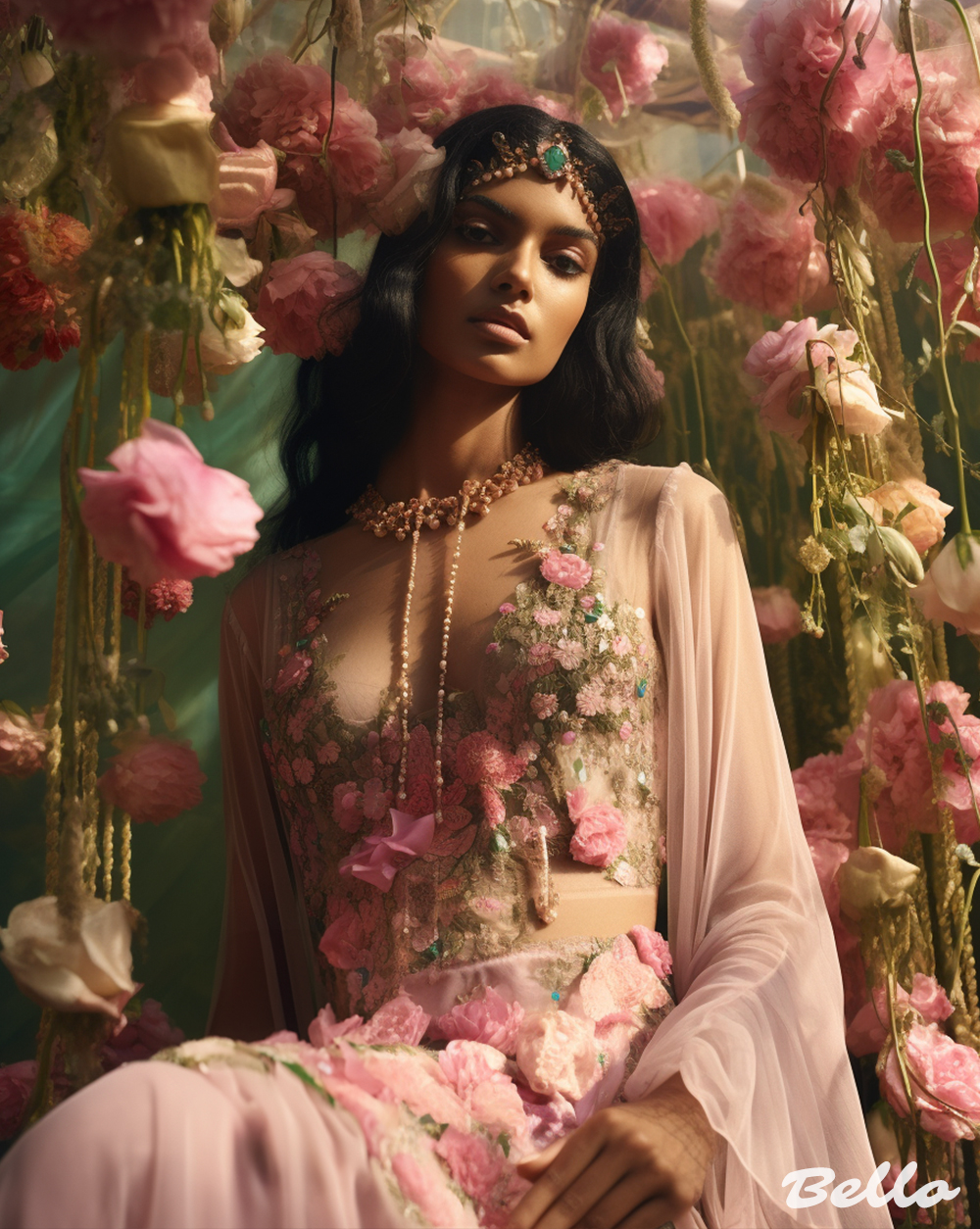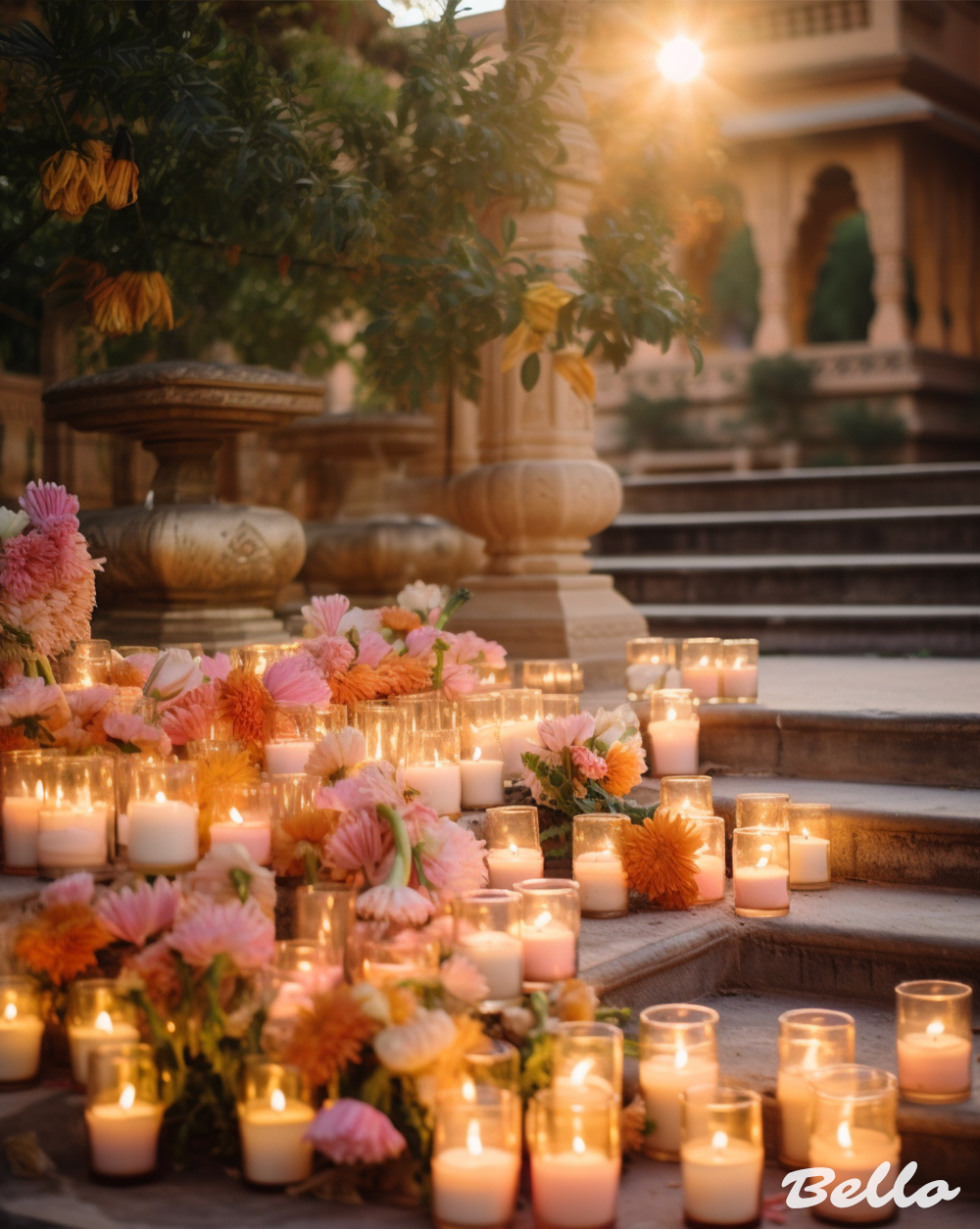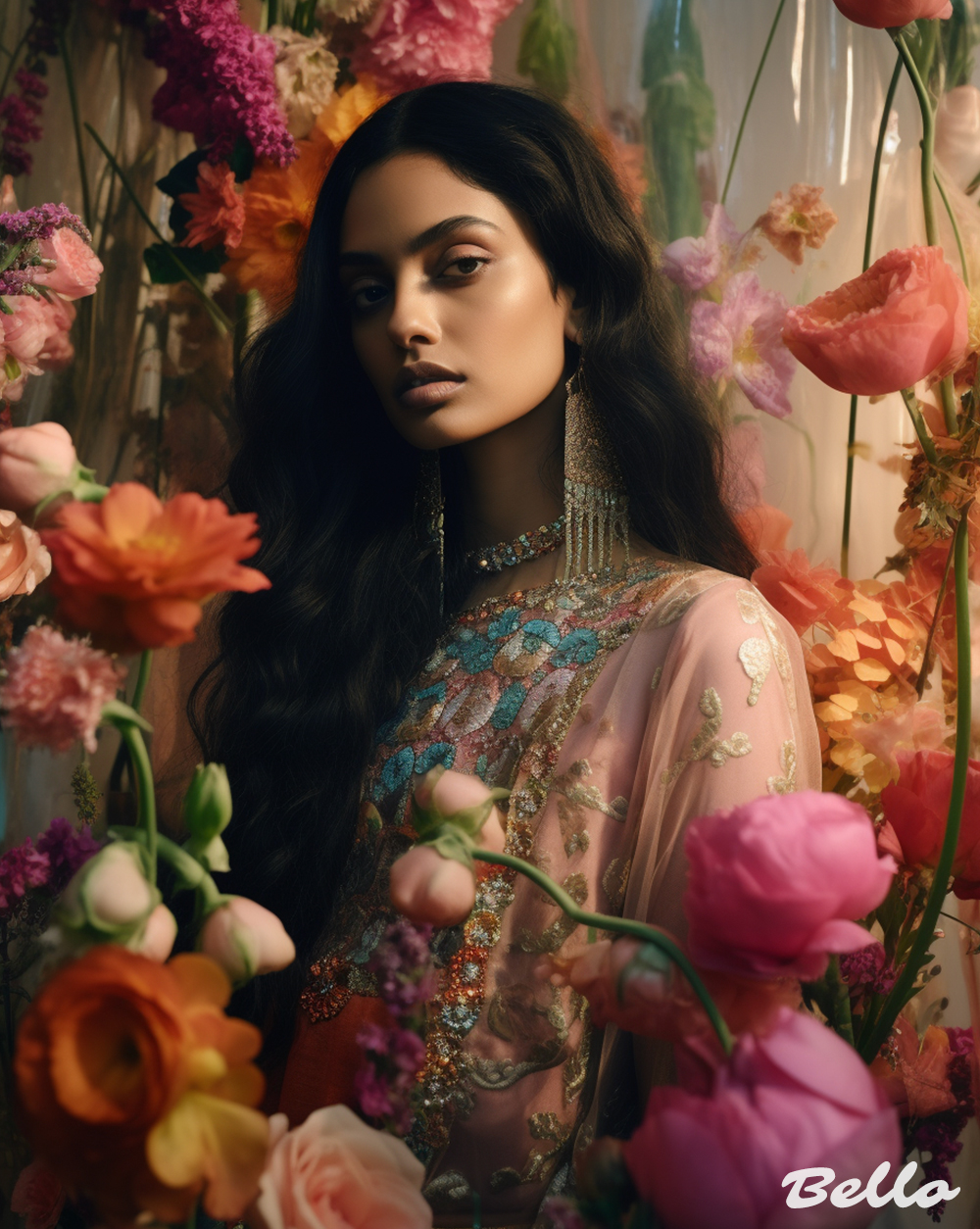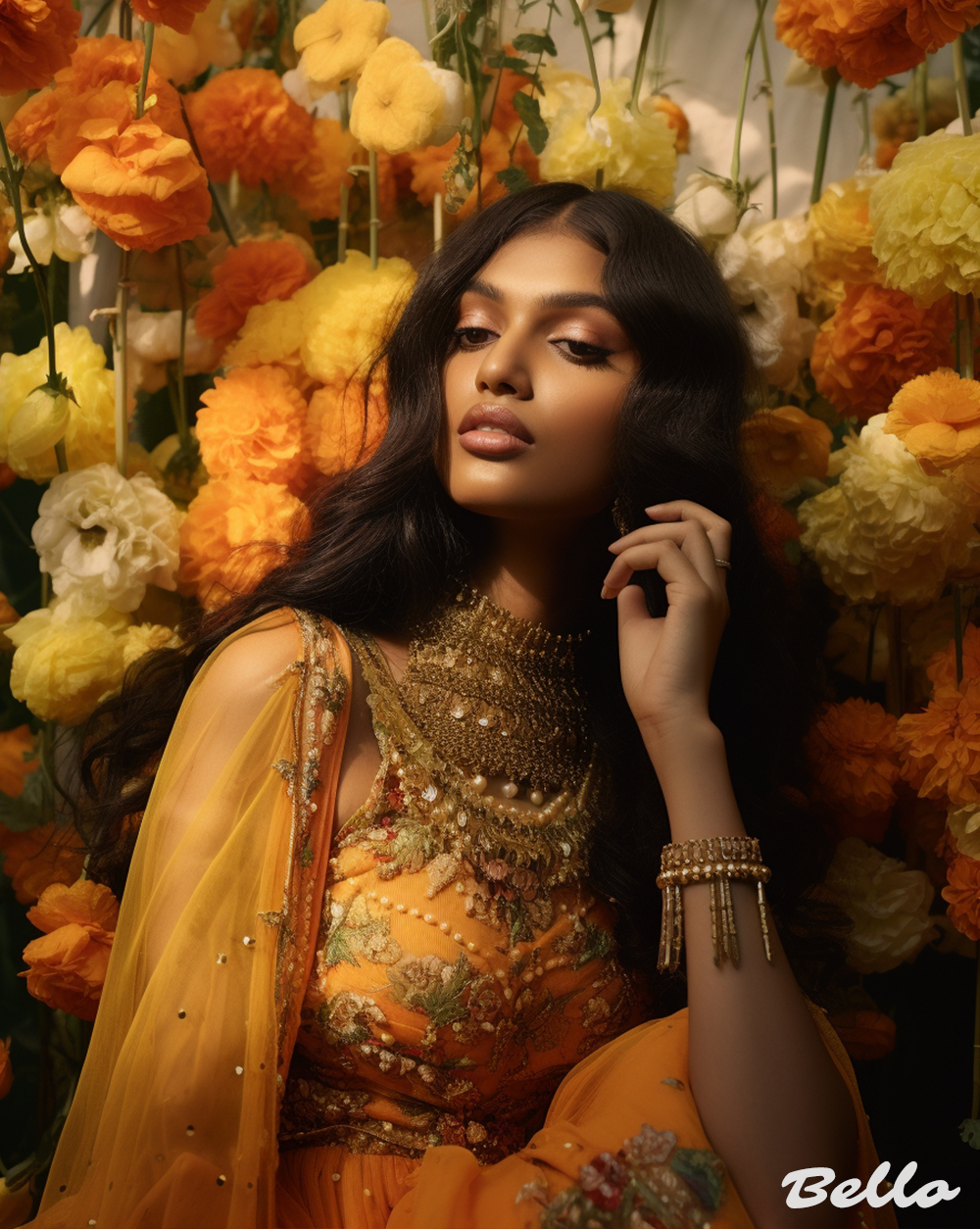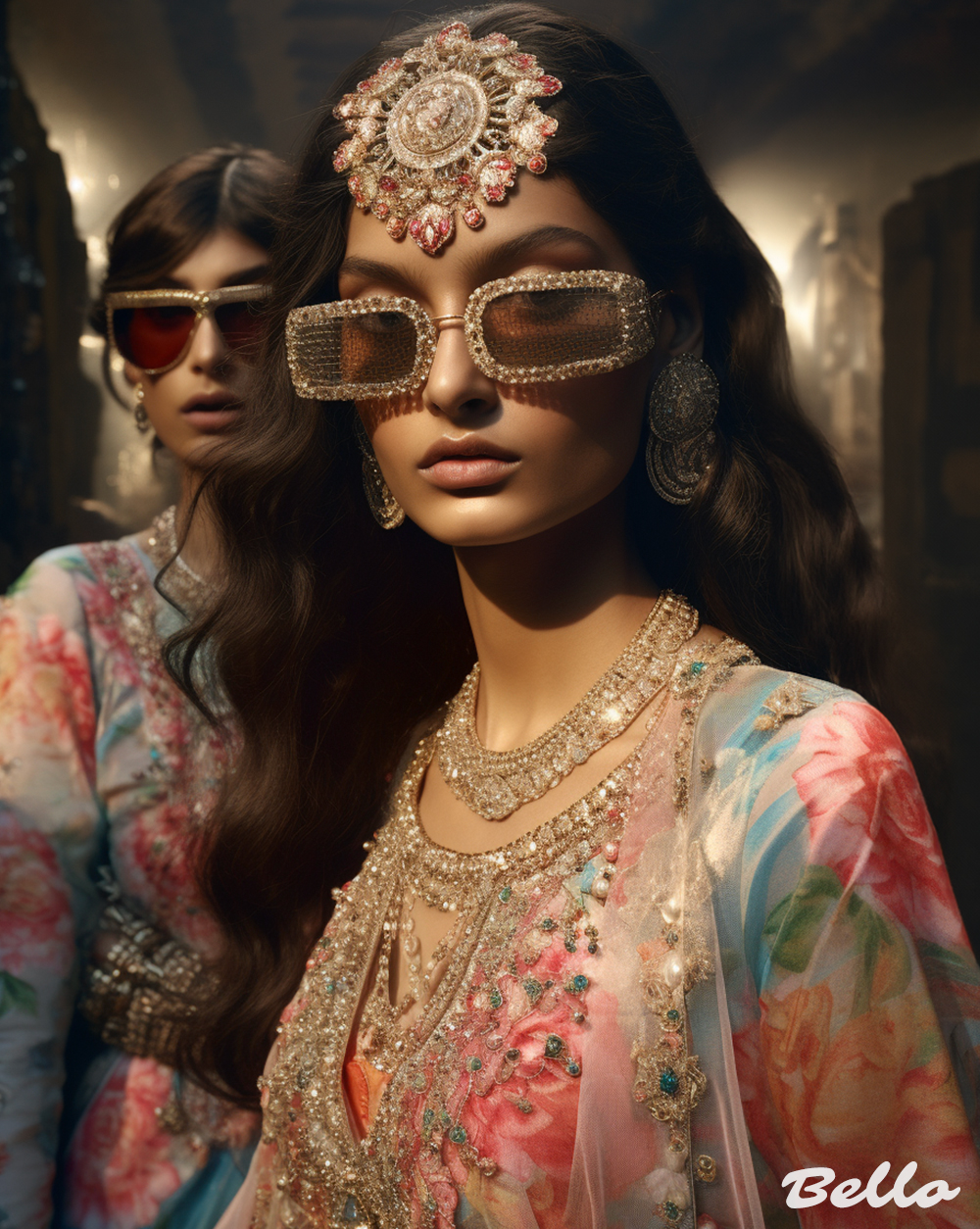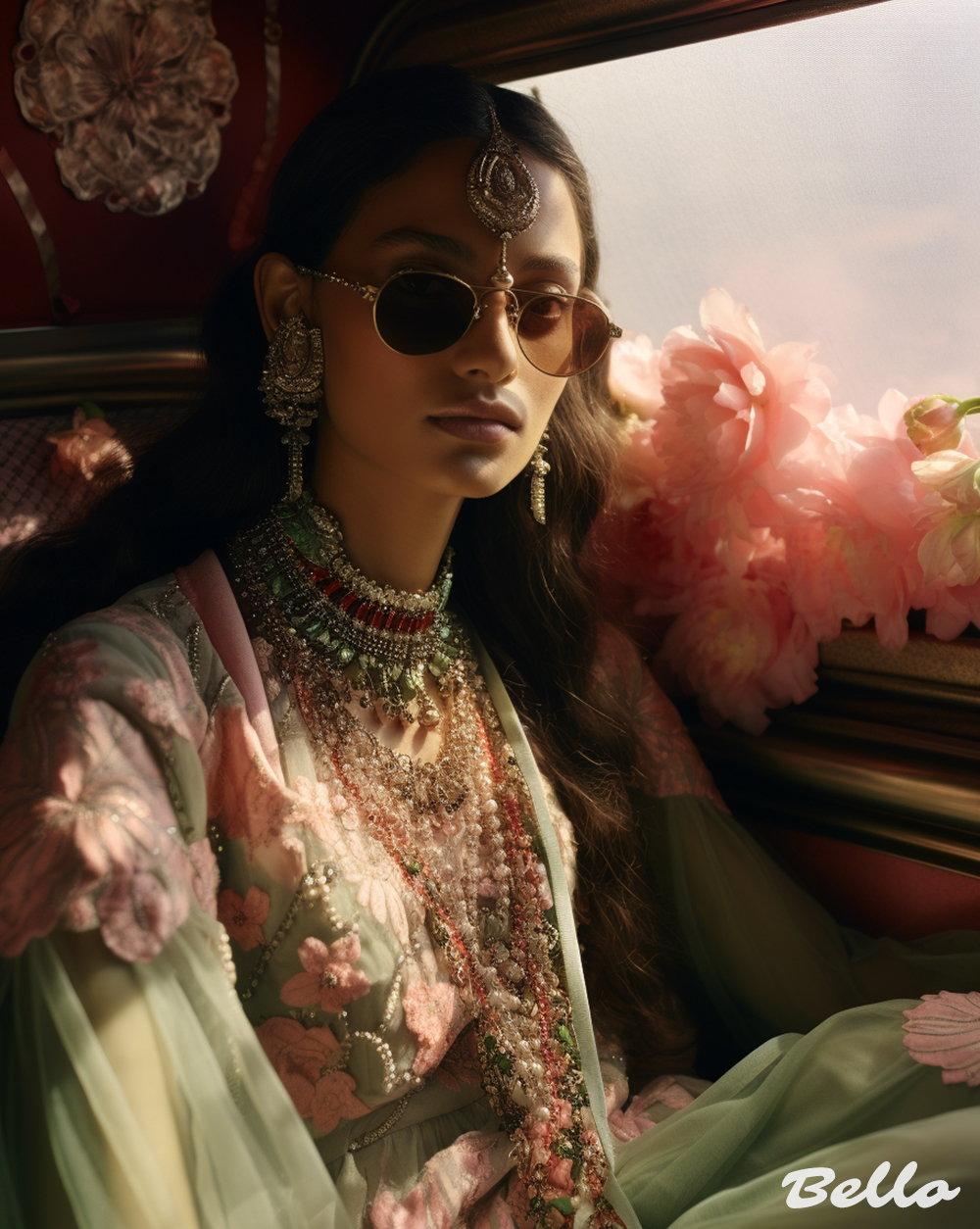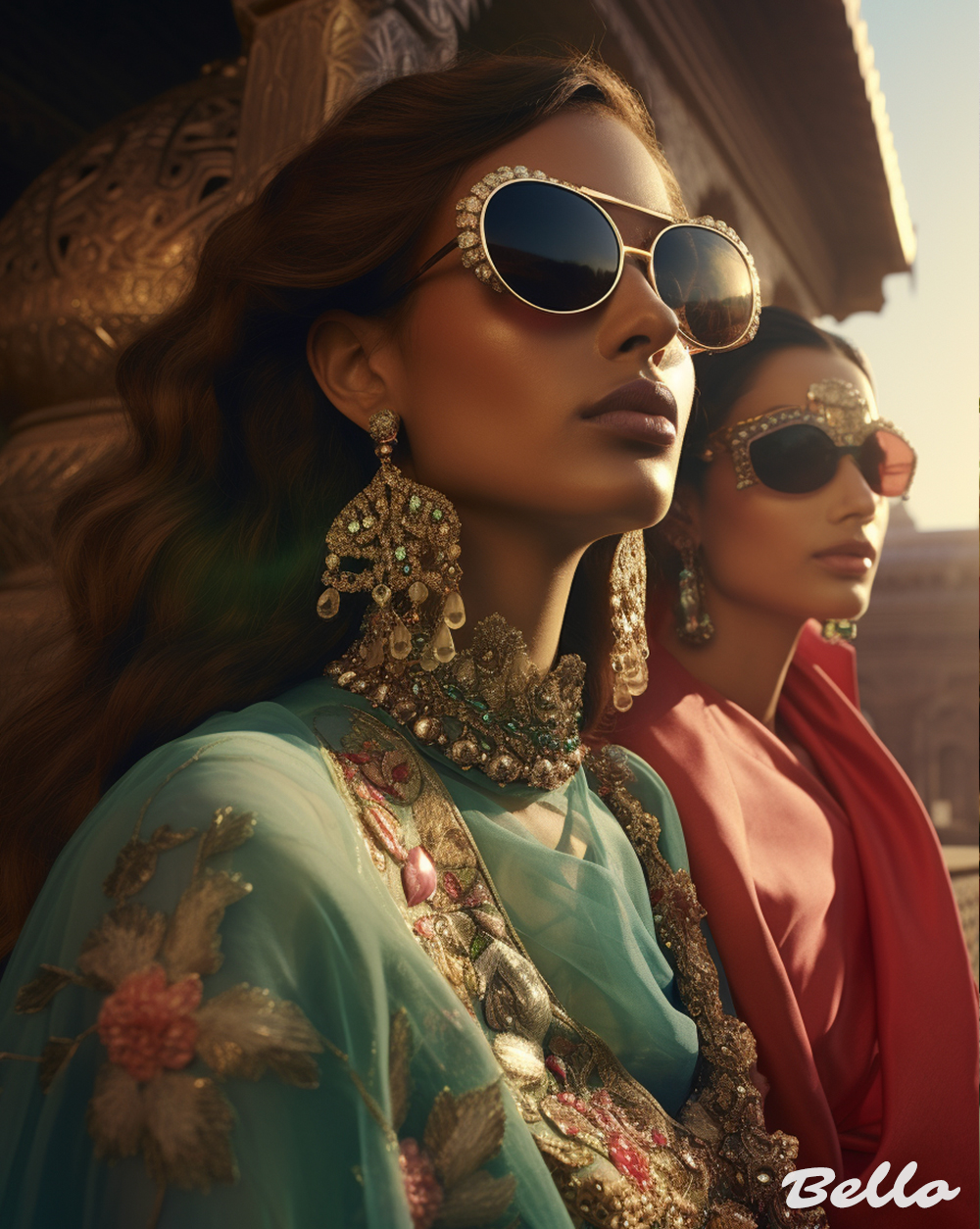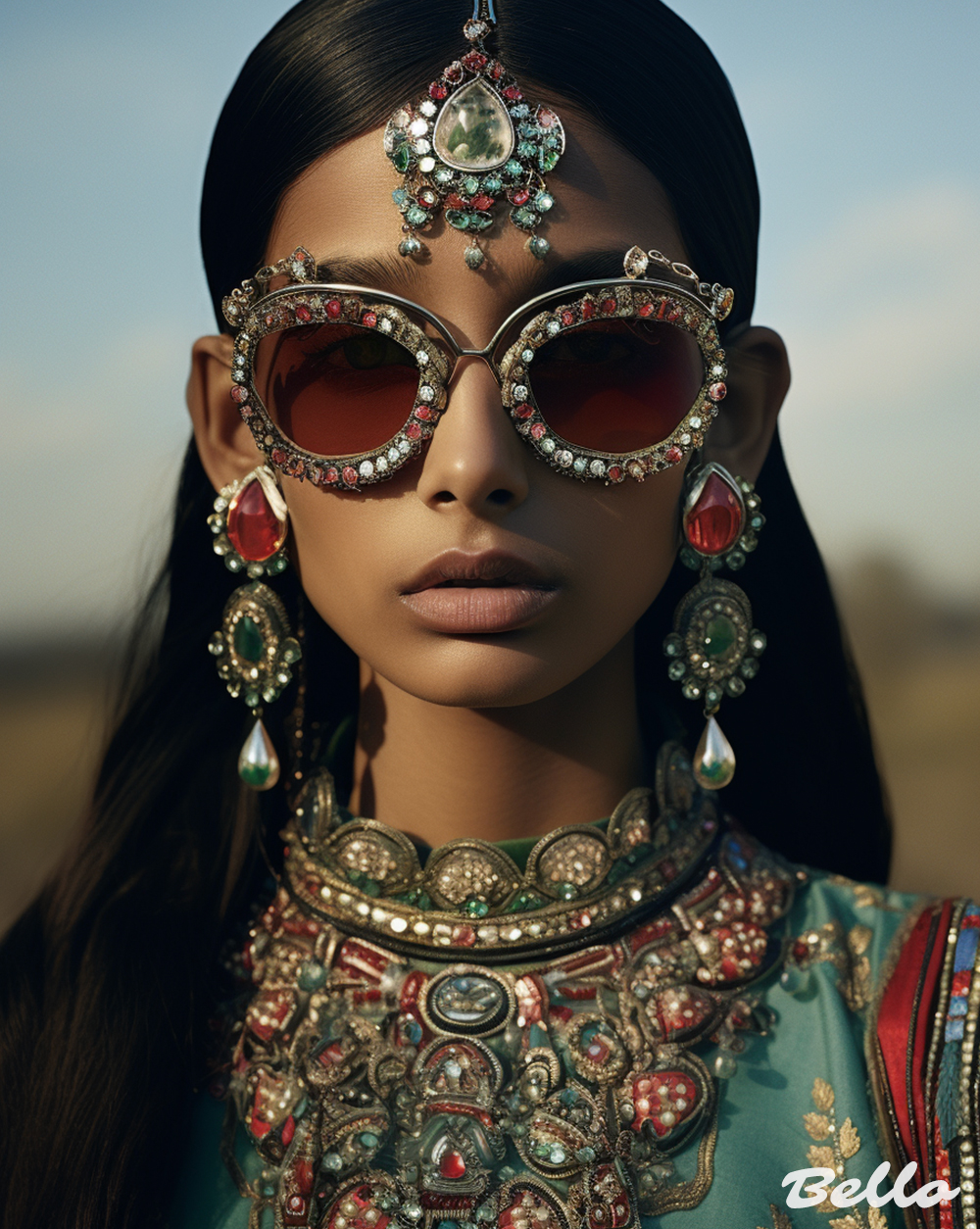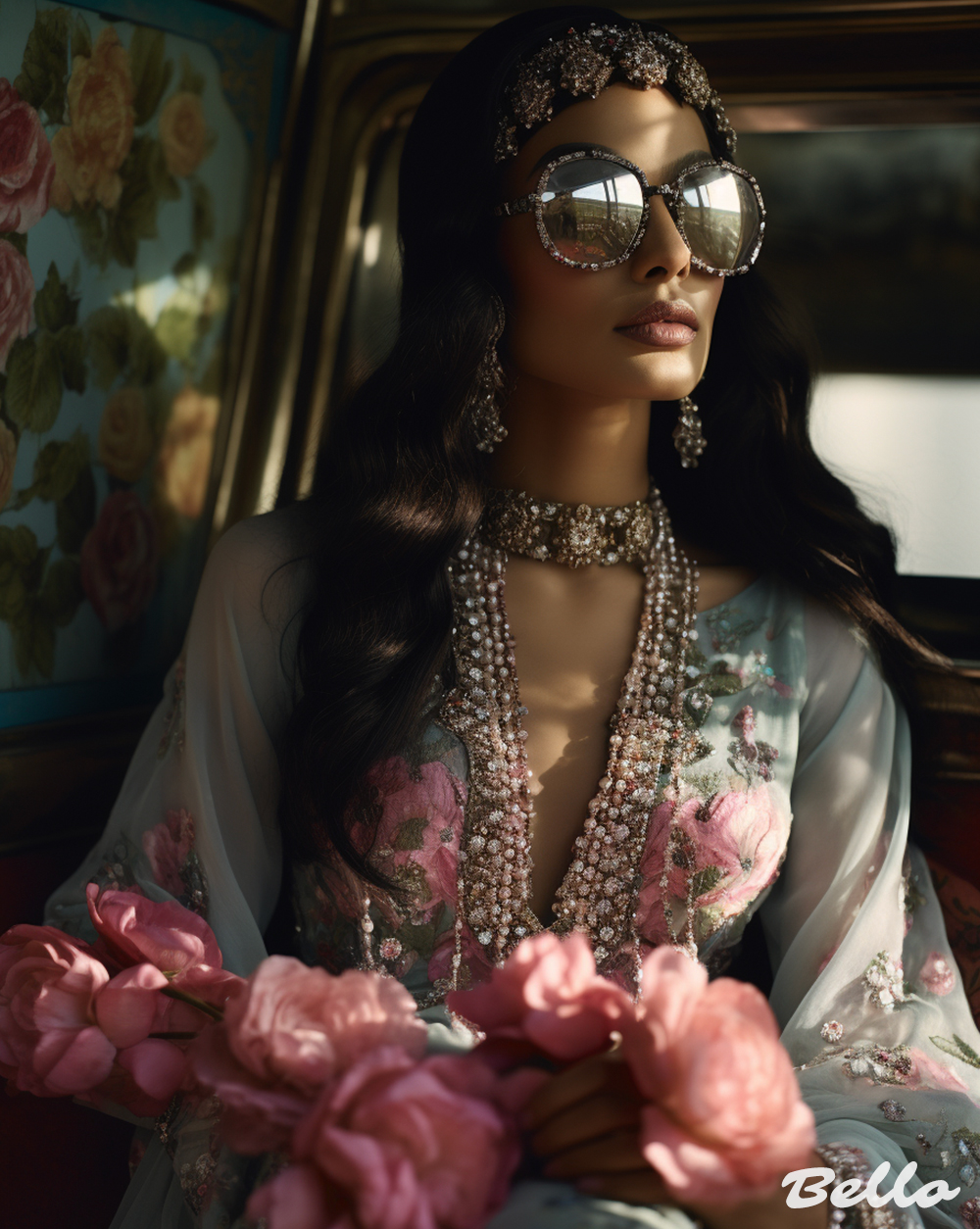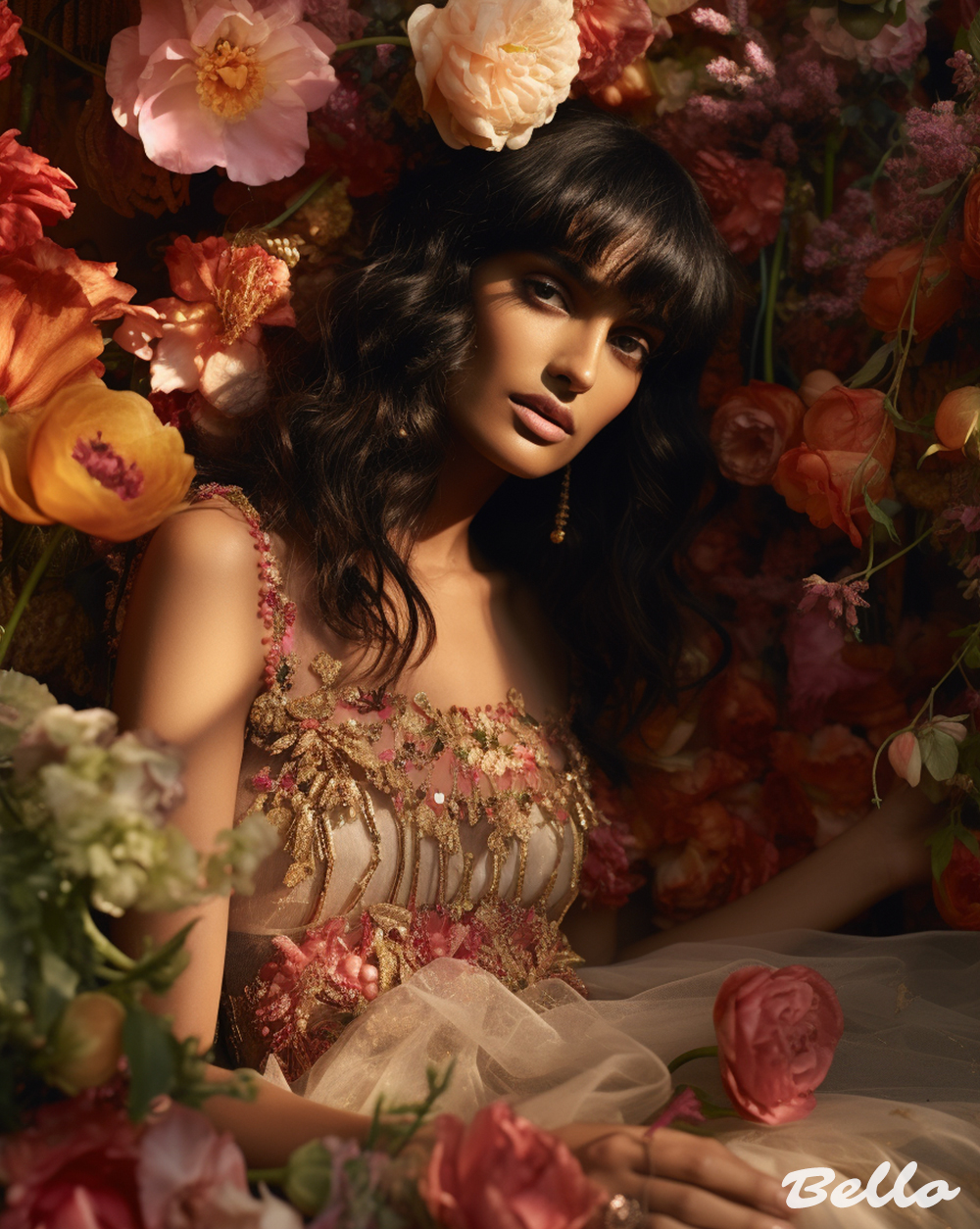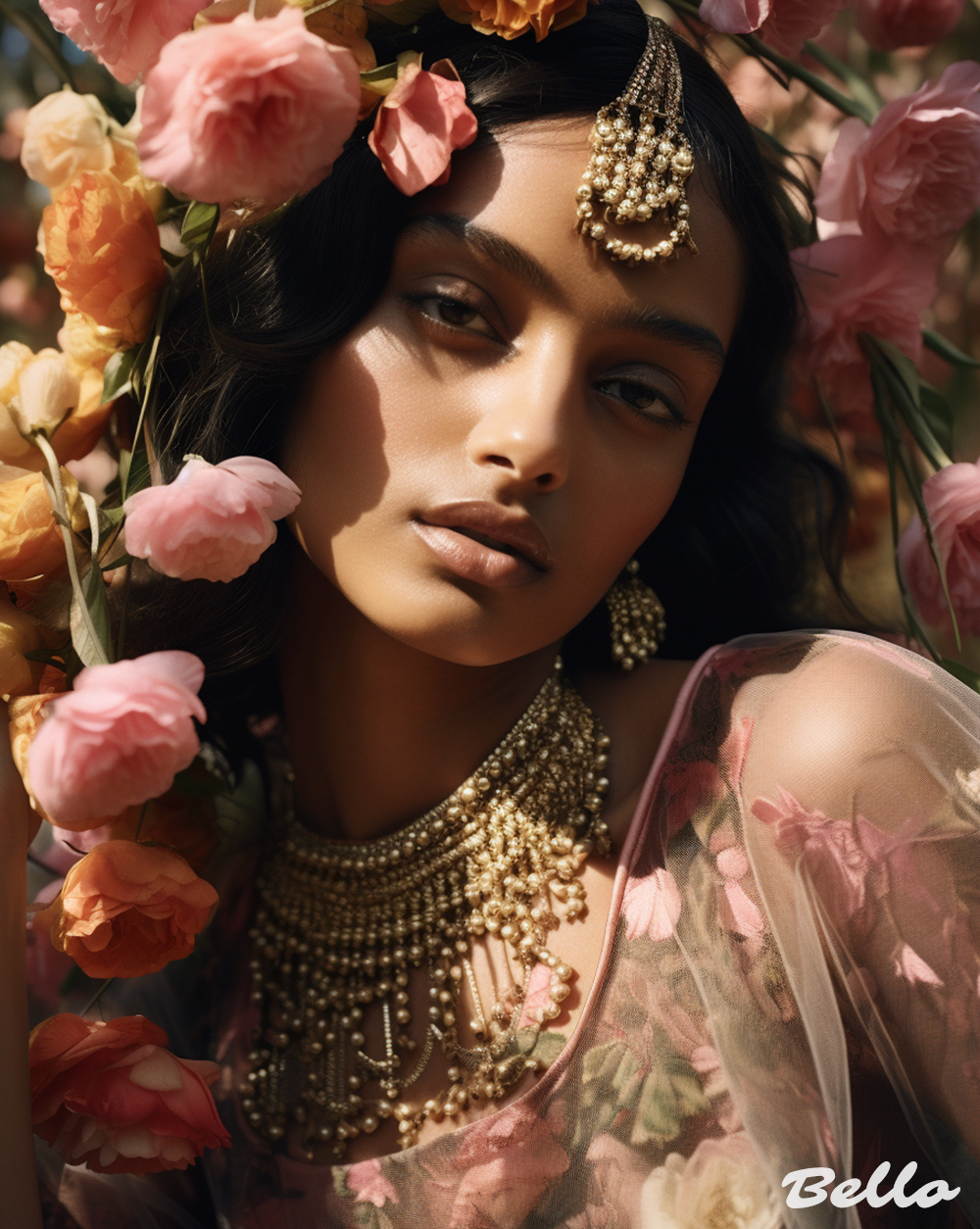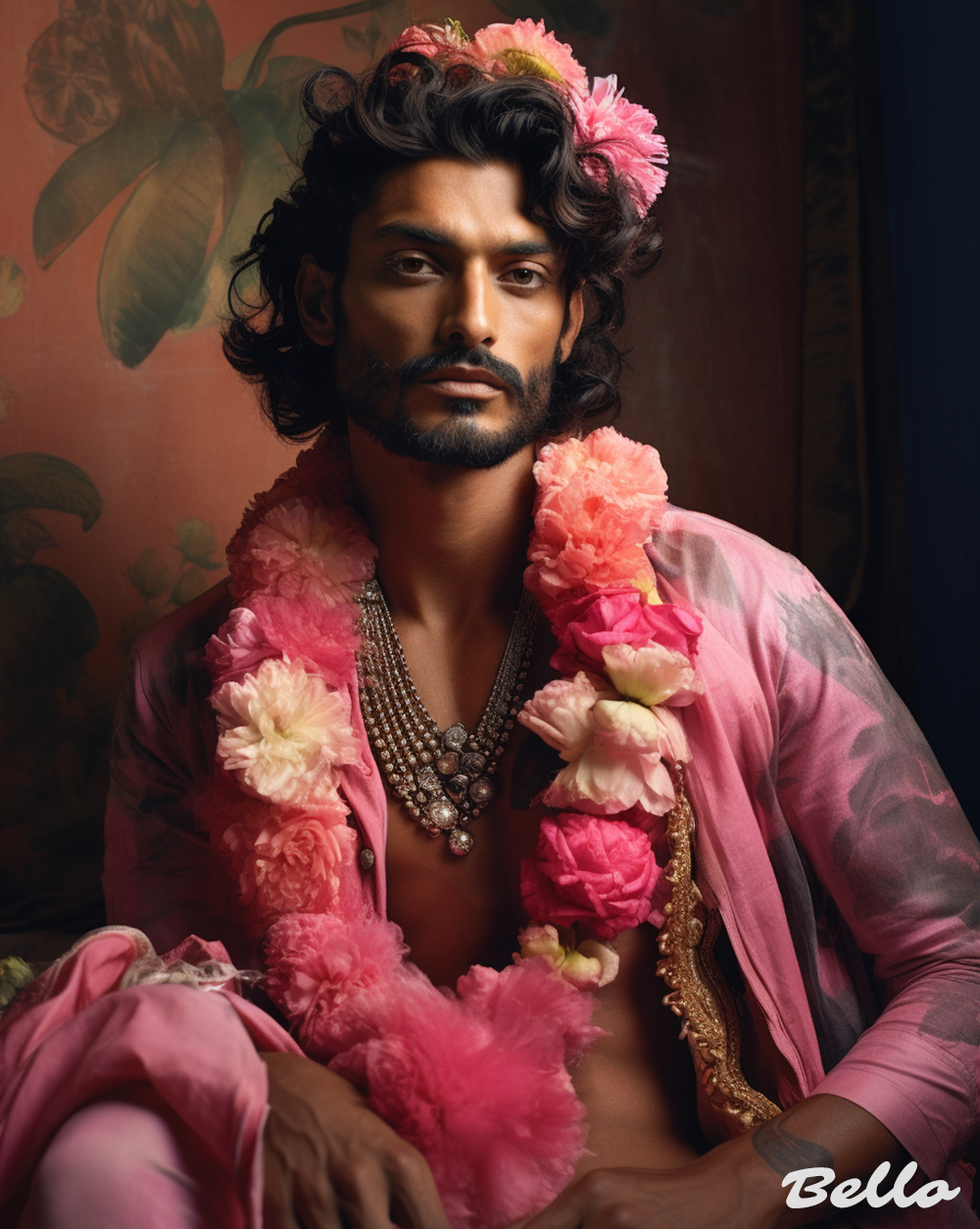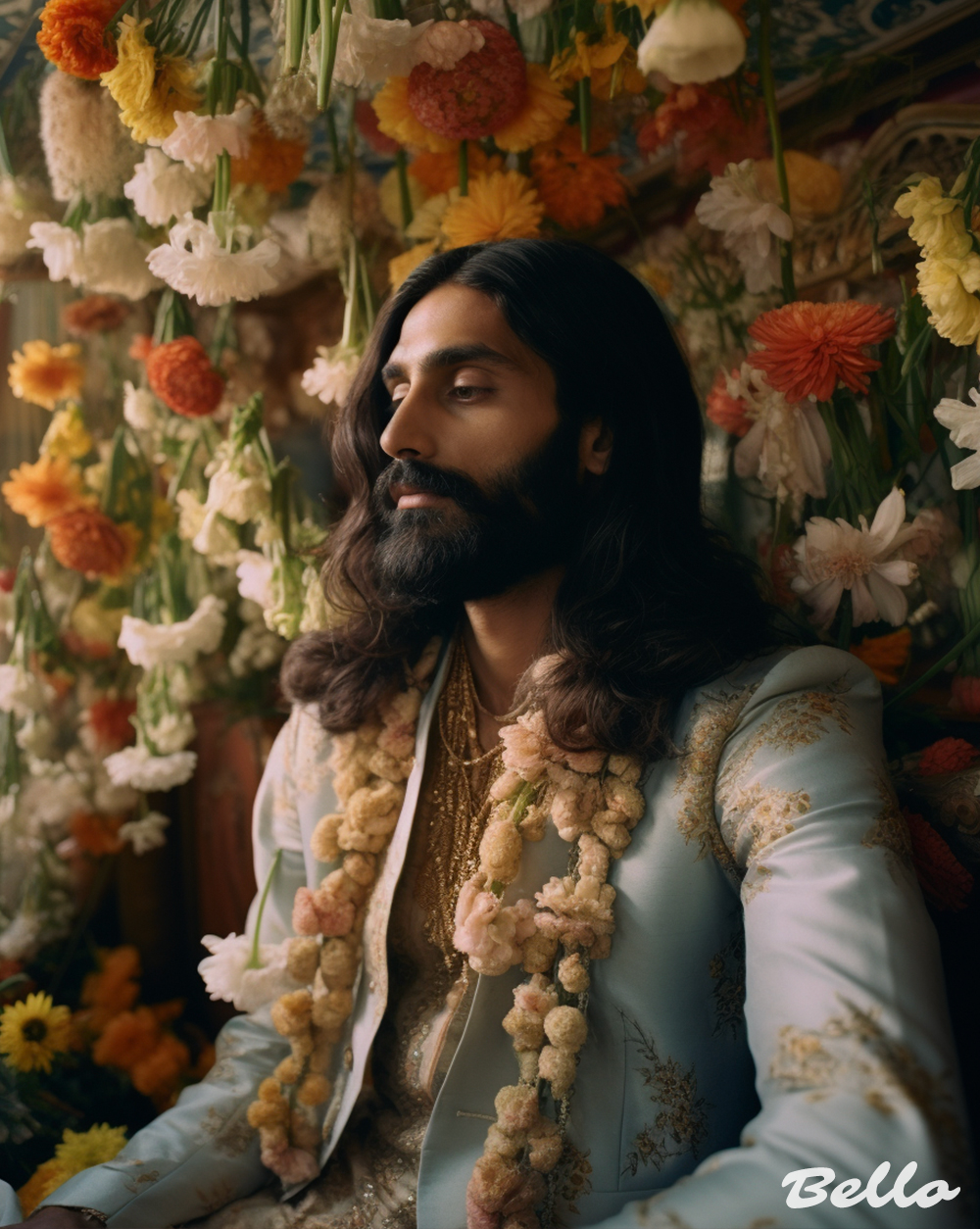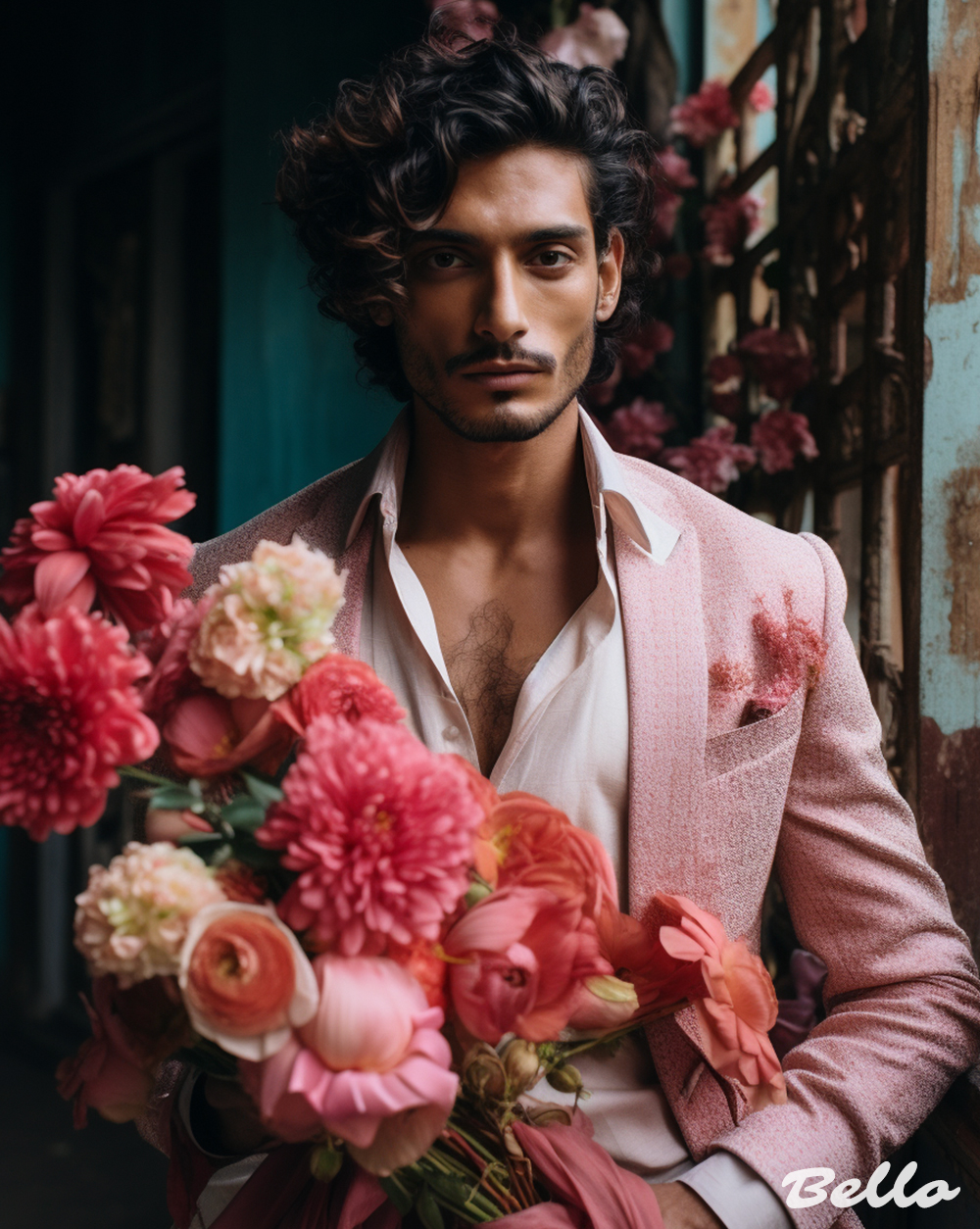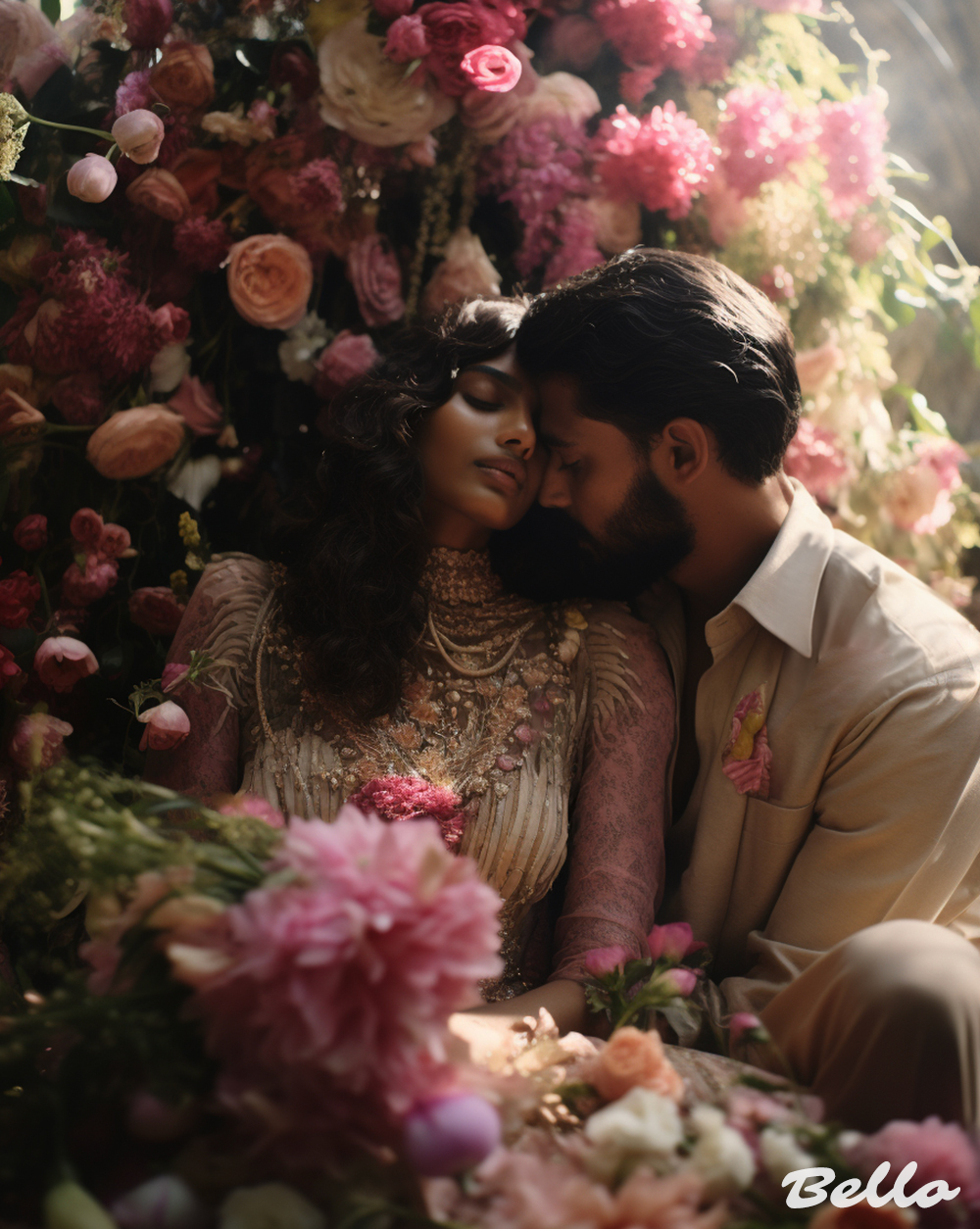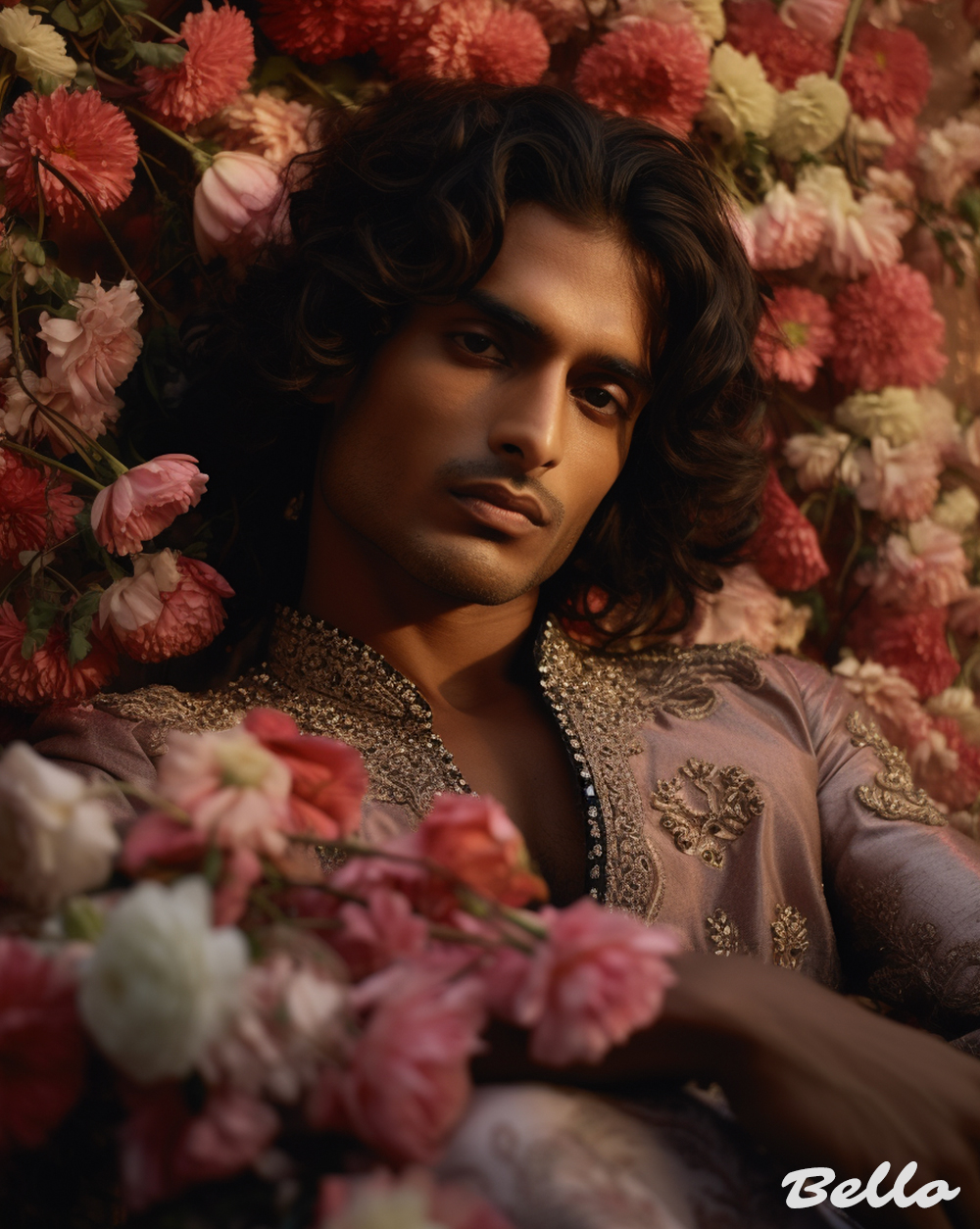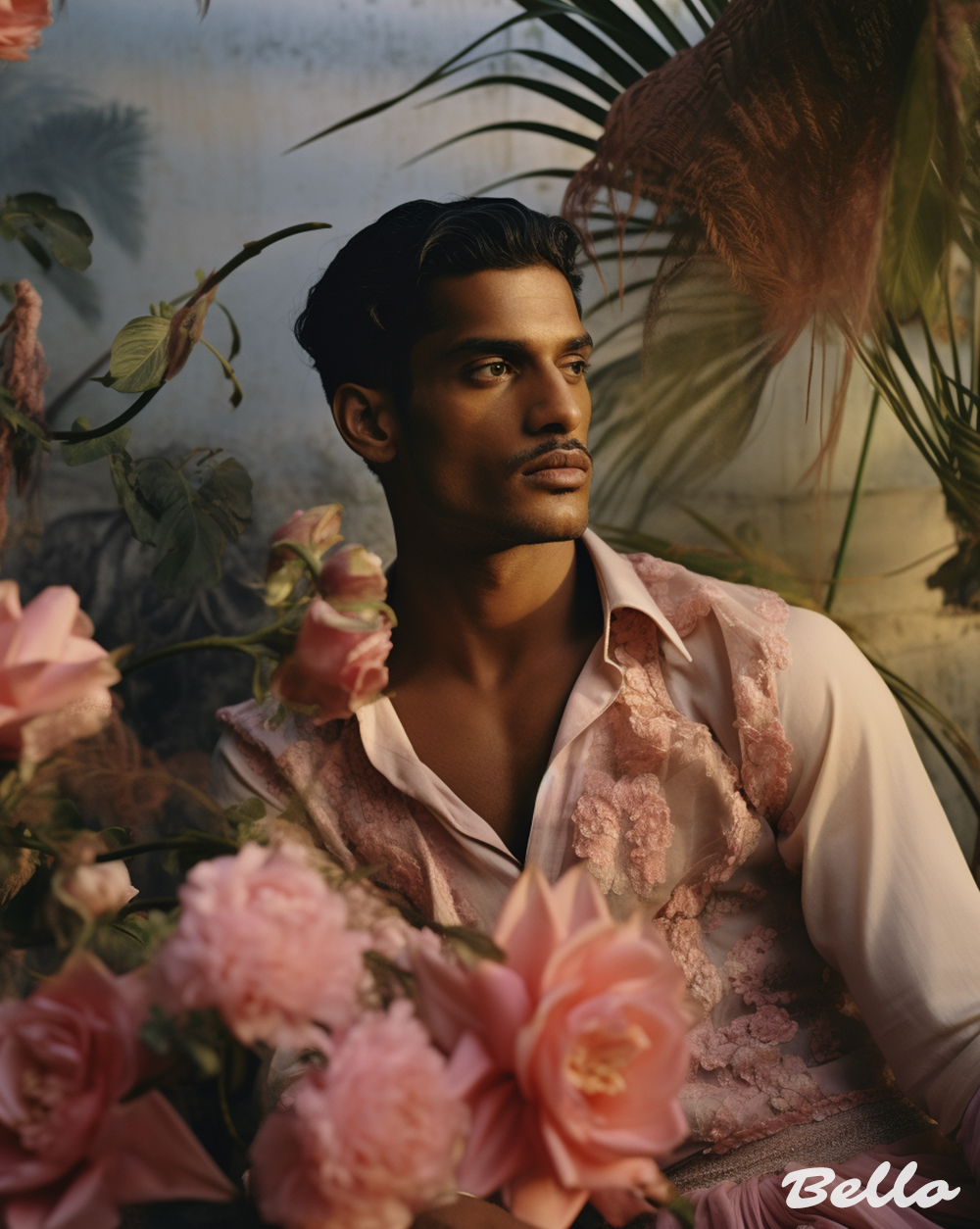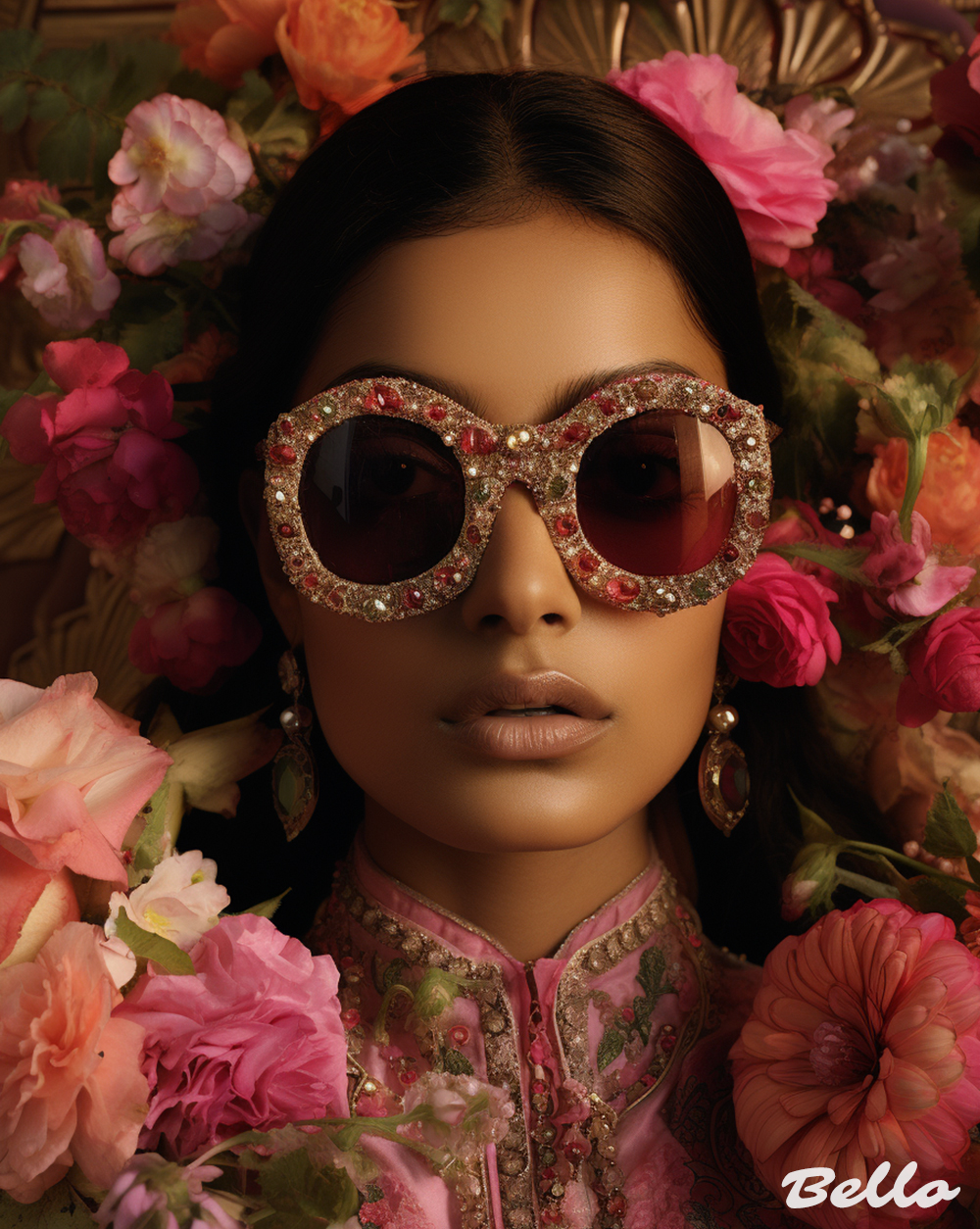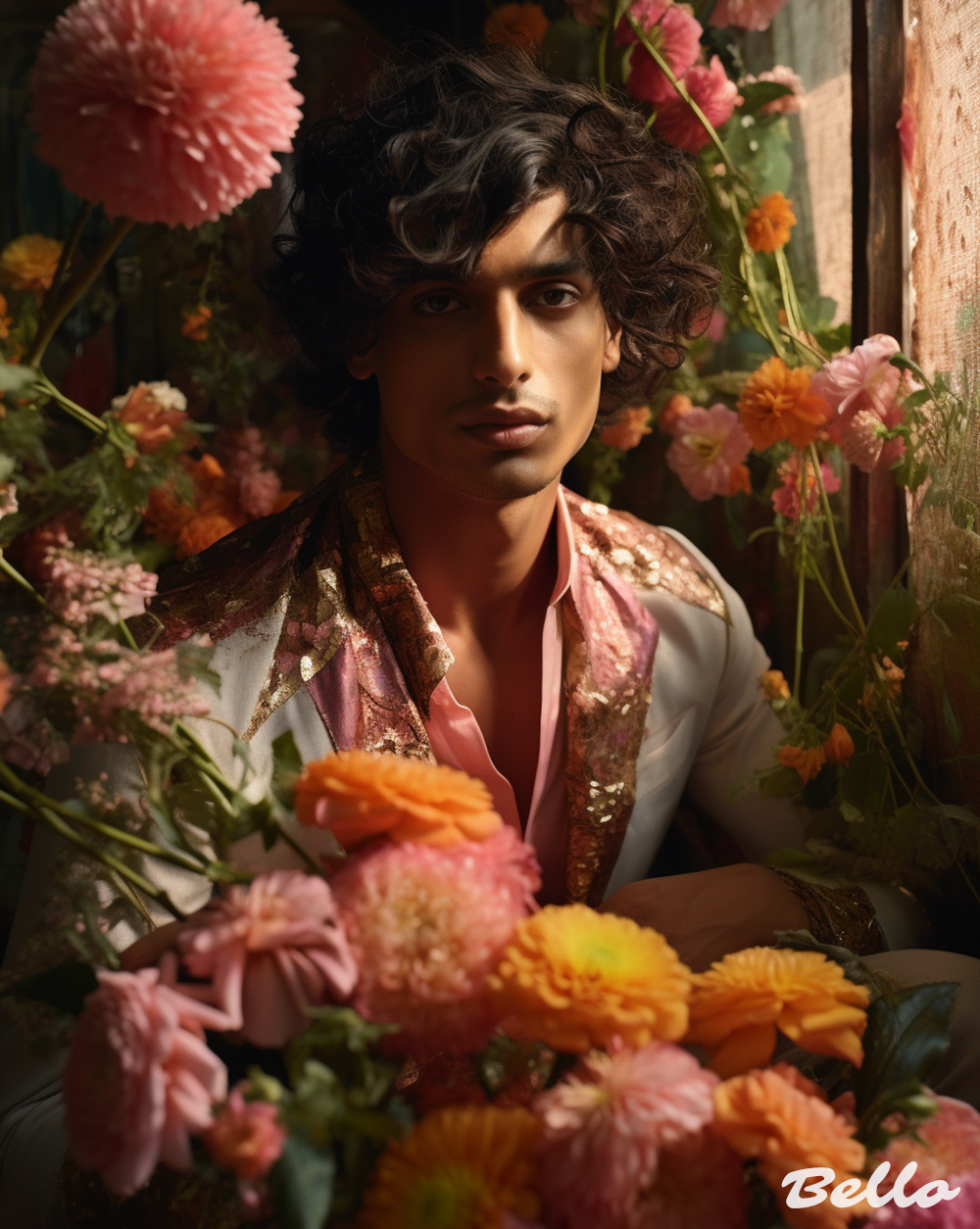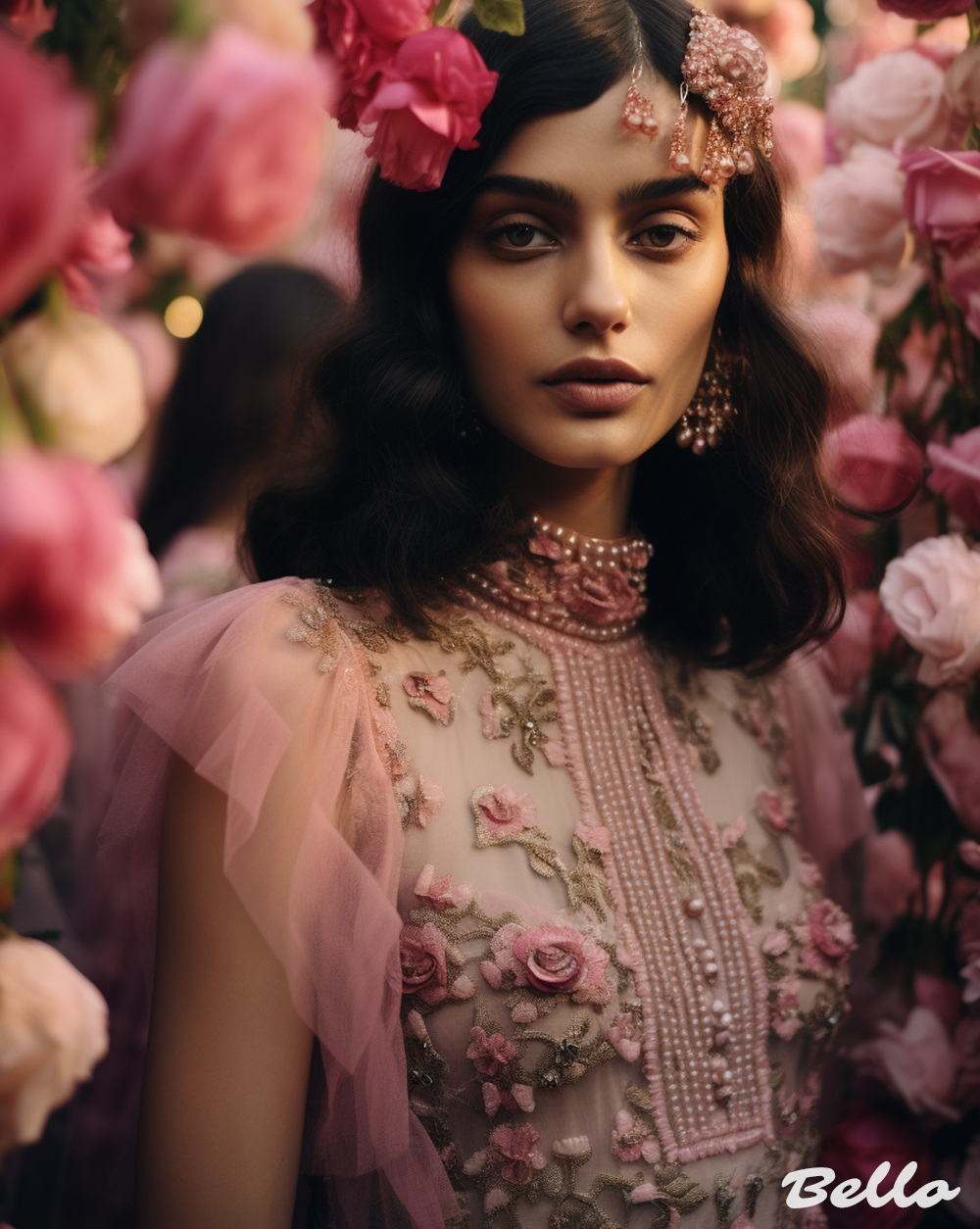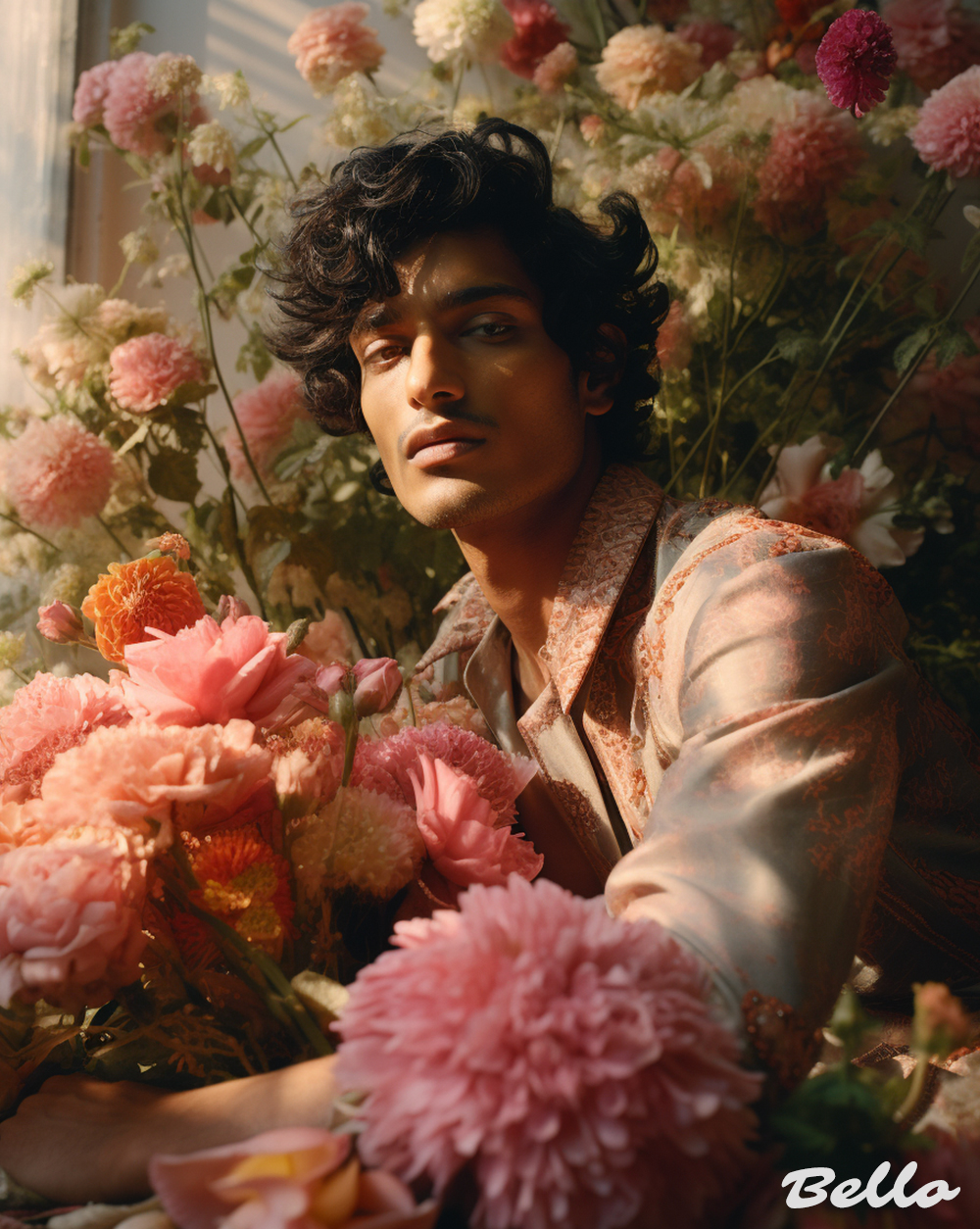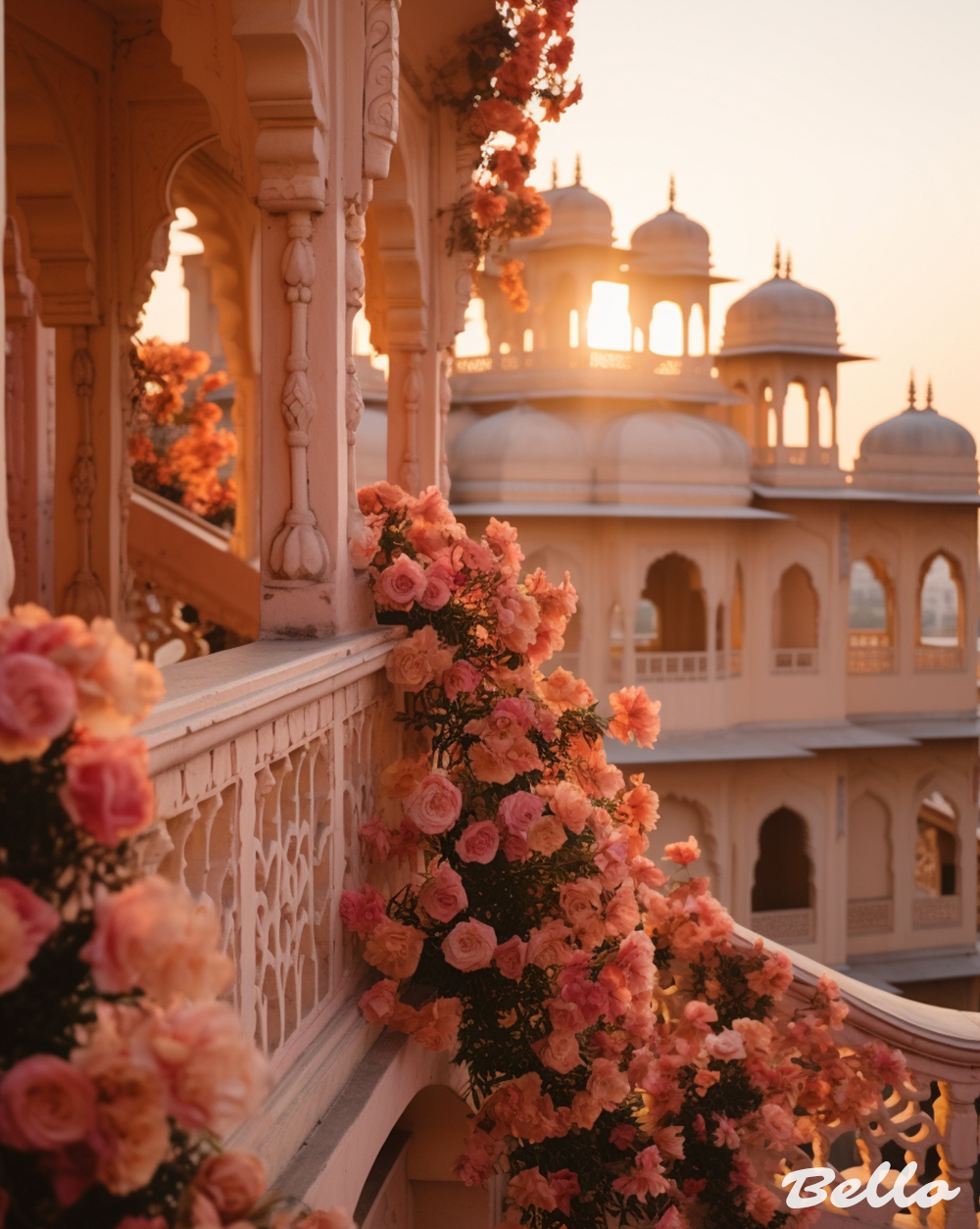“Made in Heaven”
This fashion extravaganza was inspired by Amazon Prime’s “Made in Heaven”. From the moment I embarked on the journey of Amazon Prime’s “Made in Heaven,” I found myself utterly captivated by its world of larger-than-life weddings that burst forth with an explosion of colors and an orchestra of emotions. Season 2 was just released and I binged watch the all thing over the weekend. With the integration of compelling social issues such as classism, LGBTQ+ rights, and gender inequality … Amazon Prime’s “Made in Heaven” fearlessly embrace the complexity of real life in a tv landscape where predictable happy endings often reign supreme. The show’s willingness to tackle the uncomfortable and the uncertain serves as a poignant reminder that life’s resolutions aren’t always neatly package.
Love, Ambition, and Reality Collide in This Binge-Worthy Series
In a world where love stories intertwine with societal norms, ambitions clash against harsh realities, and dreams are both achieved and shattered, Amazon Prime’s original series “Made in Heaven” has emerged as a beacon of engaging storytelling and profound character exploration. This enthralling drama takes viewers on an emotional rollercoaster through the lives of two wedding planners navigating both the glamour and grit of Delhi’s high-society weddings.
The heart and soul of “Made in Heaven” reside in its captivating ensemble cast. Tara Khanna (played by Sobhita Dhulipala) and Karan Mehra (played by Arjun Mathur) form an unconventional partnership as wedding planners. As they orchestrate lavish celebrations, they’re confronted with the stark realities of their clients’ lives, addressing issues ranging from societal pressures to deeply buried secrets.
Tara, a modern woman with a complicated past, adds depth and vulnerability to the show’s narrative. Her struggle to find her voice amid a conservative society makes her journey one of the most compelling arcs. Karan, on the other hand, battles societal prejudices as a gay man in pursuit of acceptance, making his character’s exploration of identity a poignant and timely one.
At its core, “Made in Heaven” isn’t just about wedding planning; it’s about the juxtaposition of opulence and harsh realities that define Delhi’s upper echelons. The extravagant weddings serve as a metaphor for the extravagant facades that individuals construct to fit into societal norms. Beneath the glittering veneer of designer clothes and luxurious venues lies a world of secrets, lies, and complex relationships.
The series fearlessly delves into social issues such as classism, LGBTQ+ rights, and gender inequality. The writers skillfully intertwine these issues with the characters’ personal journeys, creating a narrative that’s both thought-provoking and emotionally resonant.
“Made in Heaven” shines not only due to its topical themes but also through its expertly crafted storytelling. Each episode delves into a new wedding, offering fresh perspectives and challenges for Tara and Karan. As the series unfolds, unexpected twists and turns keep audiences engaged, making binge-watching an irresistible temptation.
Visually stunning and culturally rich, the series treats viewers to a vibrant portrayal of Delhi’s high society. From exquisite wedding setups to the bustling streets of the city, the cinematography captures the essence of urban India in all its glory. Furthermore, the soundtrack, a fusion of traditional melodies and contemporary beats, elevates the emotional impact of each scene.
In a landscape crowded with streaming options, “Made in Heaven” stands out as a gem that strikes a perfect balance between entertainment and enlightenment. Its impeccable performances, thought-provoking themes, and elegant storytelling make it an ideal binge-worthy series.



